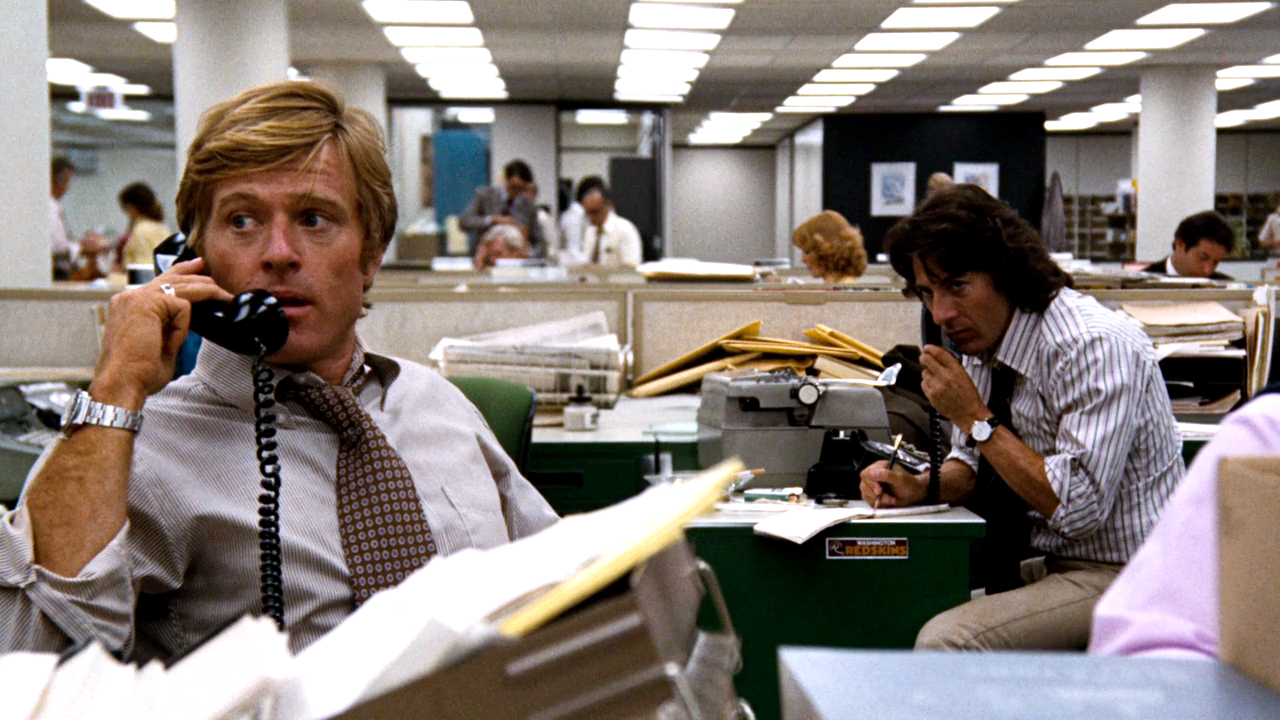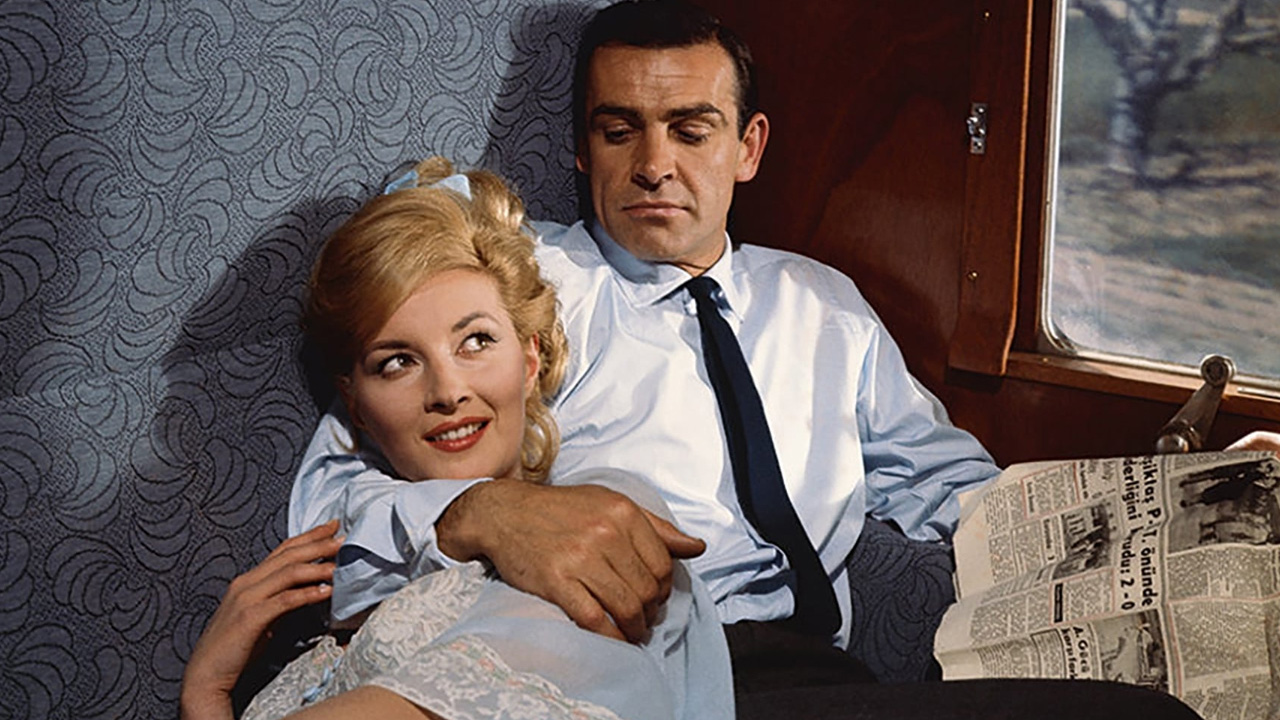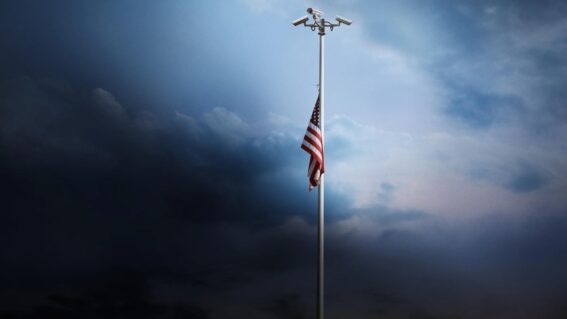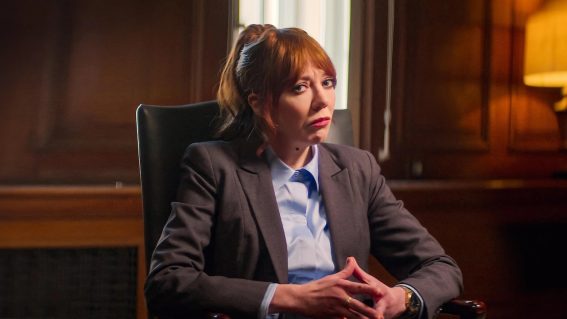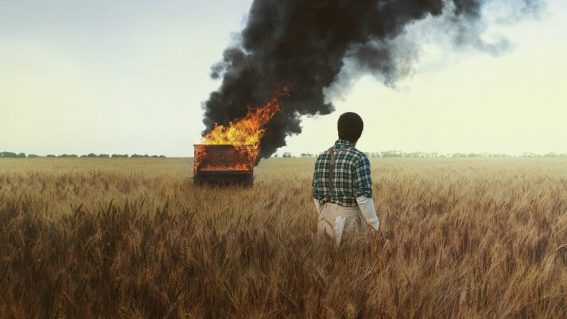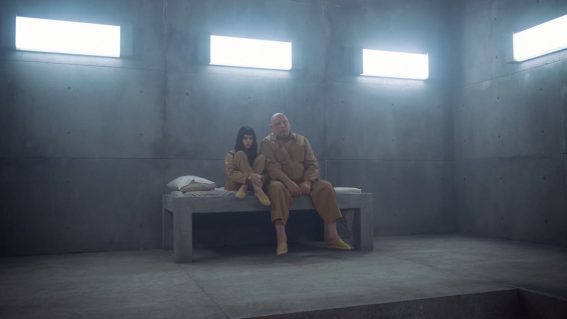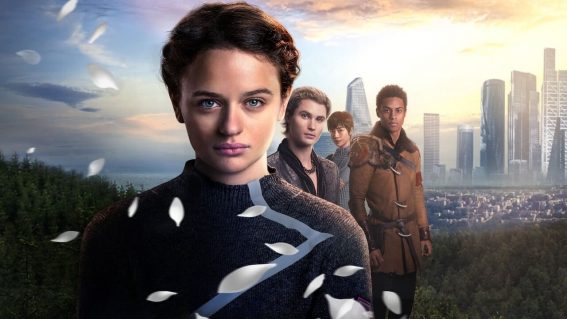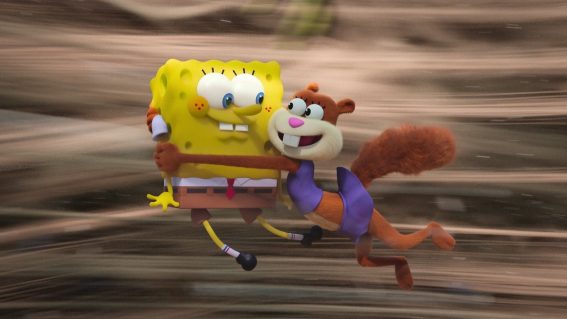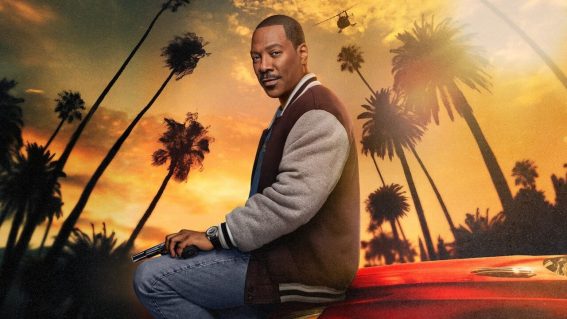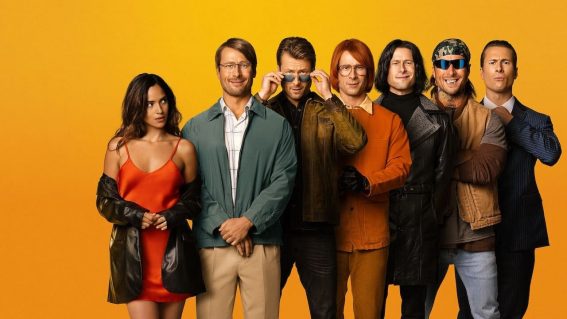Archive of top 50 capsule movie reviews
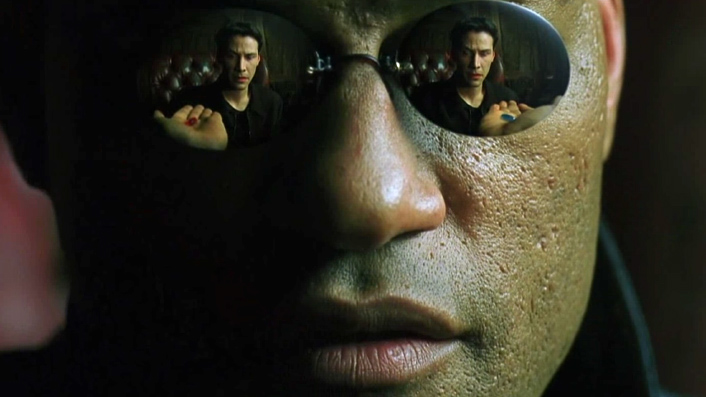
Below are short reviews from critic Craig Mathieson that were previously published on his top 50 movie guides.
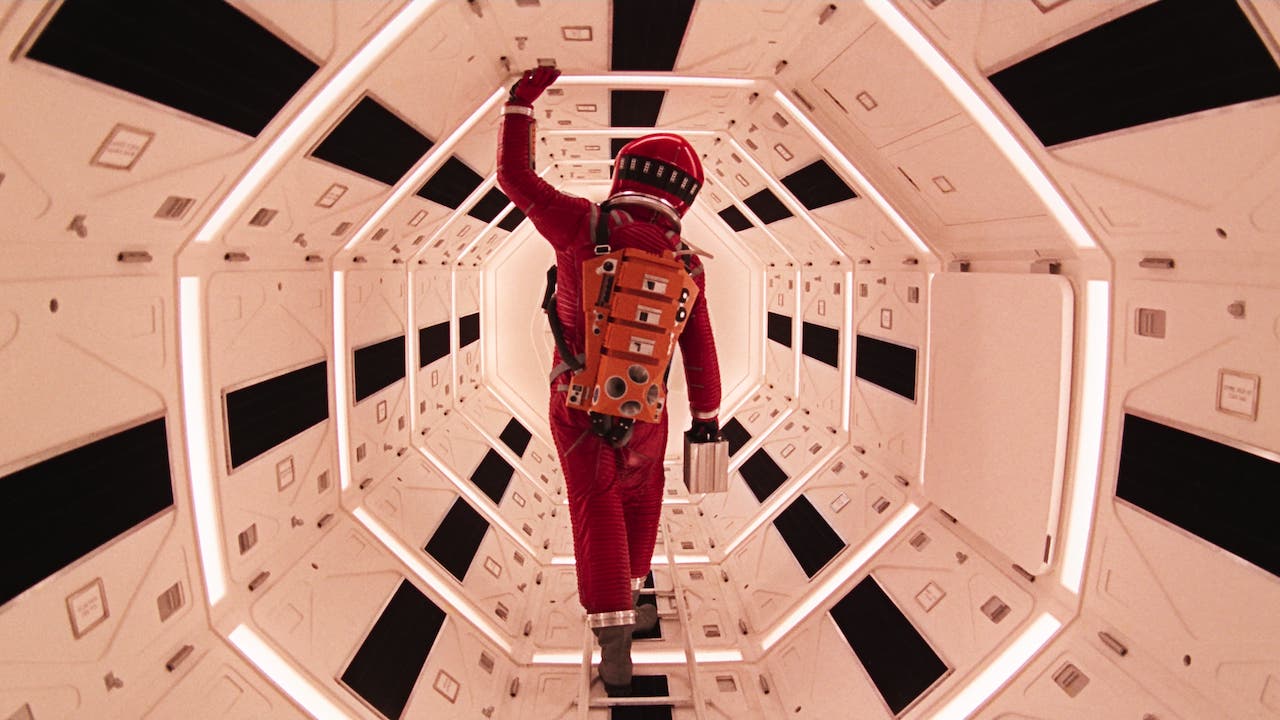
2001: A Space Odyssey (1968)
From the dawn of time to a point beyond it, Stanley Kubrick’s ground-breaking science-fiction epic about a secretive mission to Jupiter is concerned with achieving control—from Kubrick’s realisation of hitherto unimaginable visual effects to the alien monoliths that have set humanity on the path to evolution. The movie’s key character, the HAL 9000, is a computer that decides humans are an impediment to its work. That’s the director writ large.

Airplane (1980)
Almost certainly the only film selected for preservation by the Library of Congress that features a line like, “I am serious. And don’t call me Shirley”, this memorably madcap parody of 70s aviation disaster films is a cavalcade of absurd jokes, sight gags, loopy sketches and ludicrous asides. The nuttiness is non-stop.
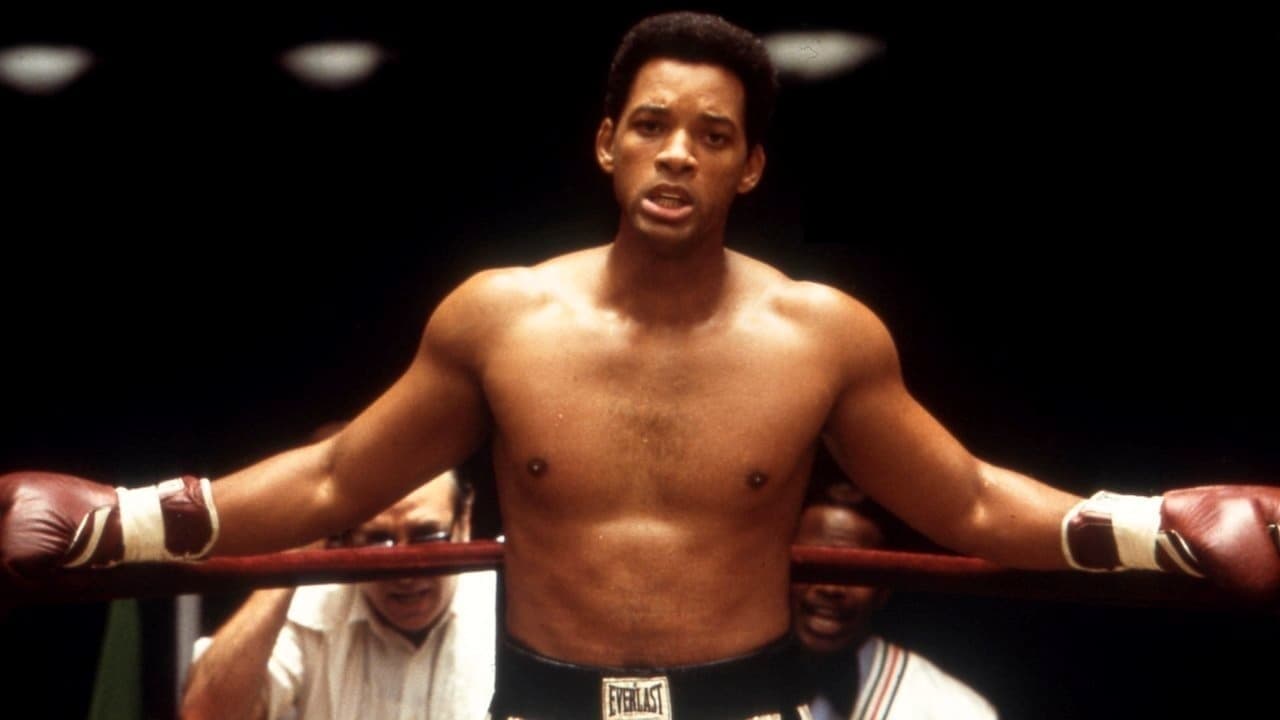
Ali (2001)
Wisely focusing on the tumultuous 10 years period between 1964 and 1974—when Muhammad Ali (Will Smith) won the heavyweight title and had it stripped before winning it back, faced imprisonment, and married and divorced twice—Michael Mann’s biopic is rarely troubled by the scale of the subject’s life. It’s a deeply involving character study and political critique that builds to a mesmerising peak.
All the President’s Men (1976)
Alan J Pakula’s riveting procedural about the pair of young Washington Post reporters—Bob Woodward (Robert Redford) and Carl Bernstein (Dustin Hoffman)—whose dogged coverage of the 1972 Watergate break-in eventually brought down U.S. President Richard Nixon, is a study of institutional strength and individual fortitude. Masterful deep focus newsroom shots convey the struggle in striking terms.
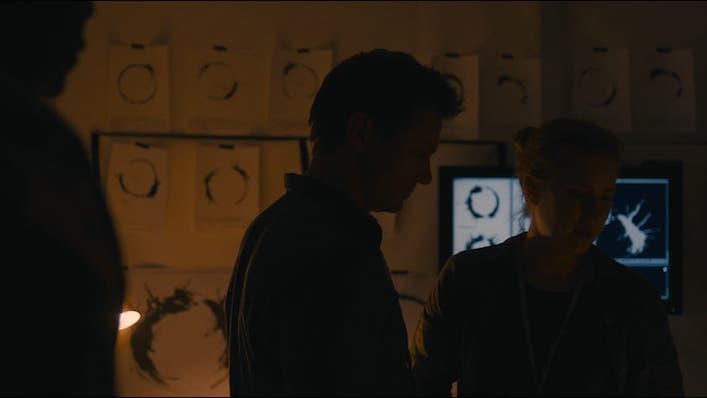
Arrival (2016)
Directed with menacing wonder by Denis Villeneuve, this is compelling and original hard science-fiction, with Amy Adams and Jeremy Renner as two experts trying to communicate with obliquely intentioned aliens landed on an increasingly panicky planet. The story folds in on itself, so that triumph is tragedy and vice-versa in an elegiac requiem.
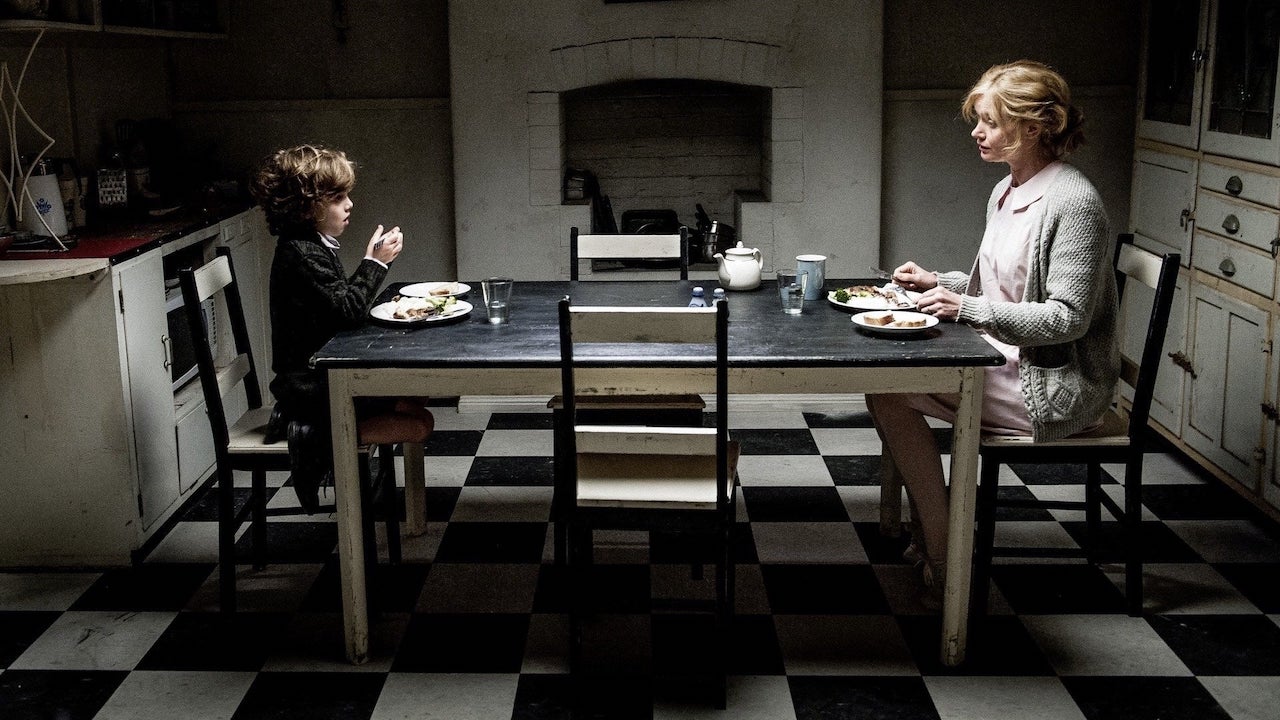
The Babadook (2014)
One of the great Australian debuts of all time, and an equally great horror film from Jennifer Kent, in which the monster is not only under the bed but also inside Essie Davis’ besieged parent. Whether through fear of love or love of fear, this claustrophobic thriller lodges itself where it can’t be ignored.
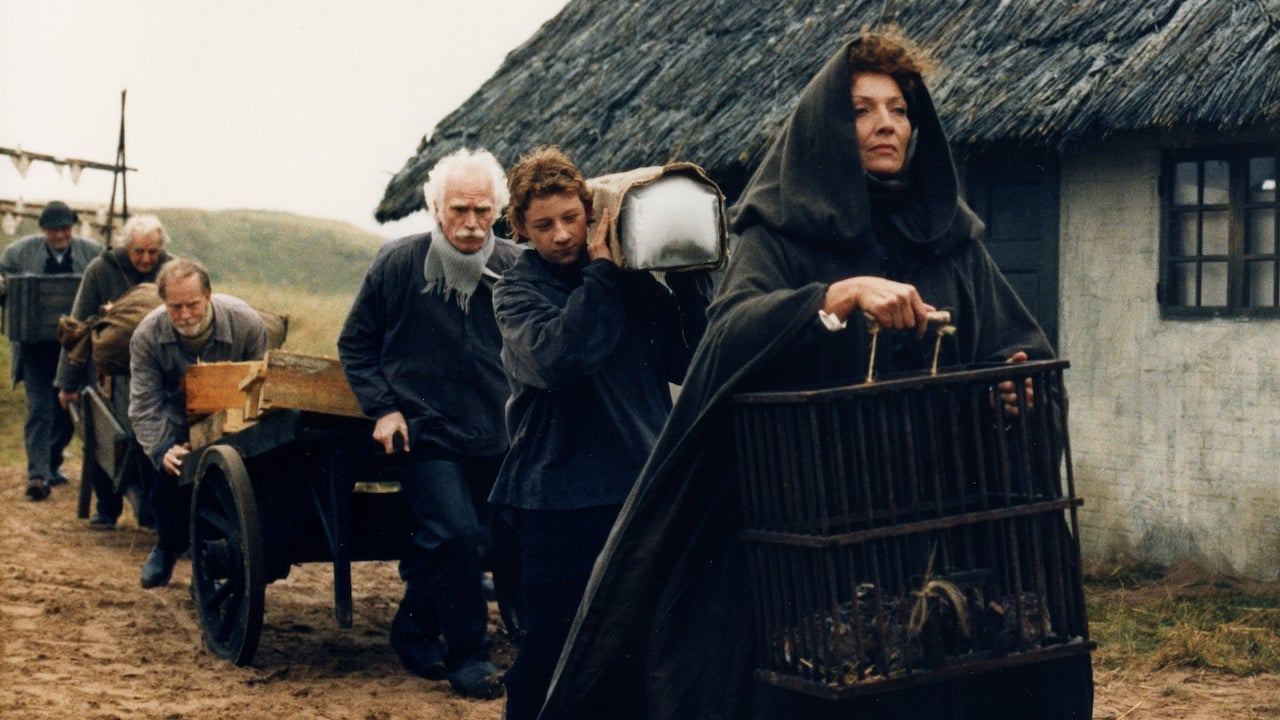
Babette’s Feast (1987)
Winner of an Academy Award in 1987 for Best Foreign Language Film, Gabriel Axel’s Danish drama is set in a remote and pious 19th century community, where spinster sisters have accepted a political exile as their housekeeper. After many years the woman asks to cook a lavish thank you meal for her employers and their acquaintances, creating both scandalous attention and a celebration of cuisine that has a rapturous impact.
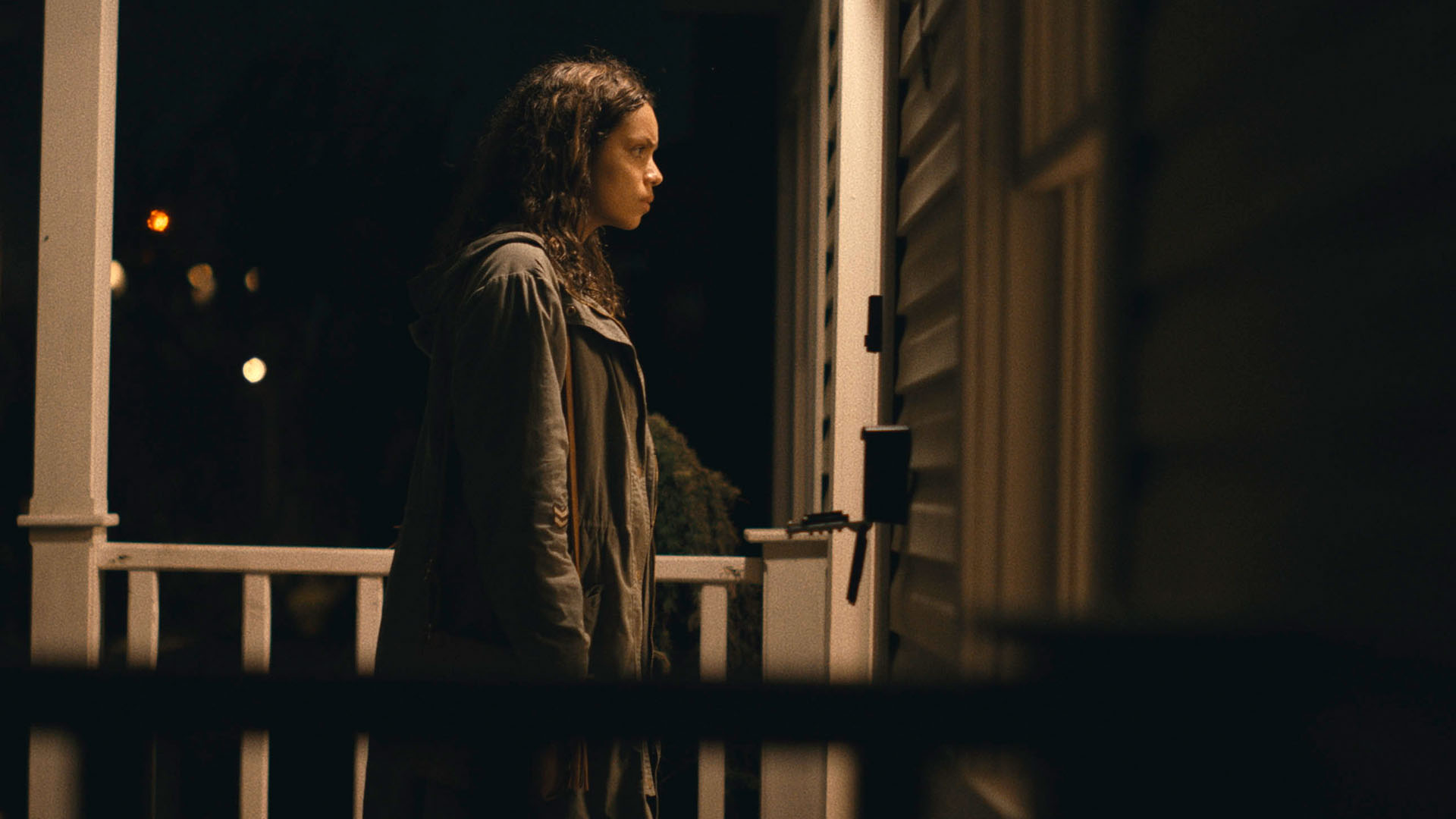
Barbarian (2022)
A slow burn horror film about ownership and the different—but nonetheless connected—generations of misogynistic violence, Zach Cregger’s low budget feature begins with the unsettling double booking of a Detroit rental house, before tearing its dimensions apart with hidden tunnels and historic crimes. It packs an almighty kick.
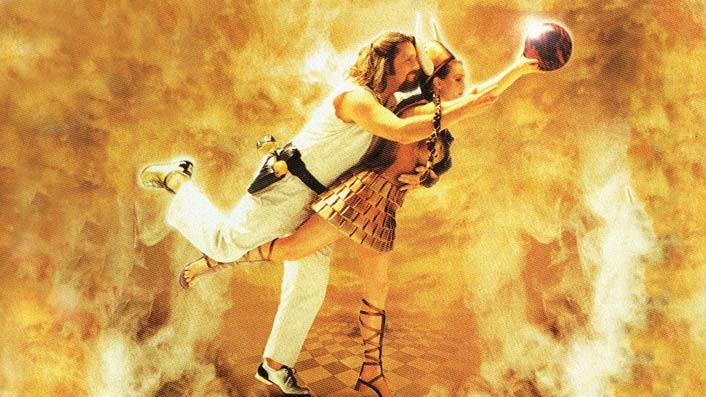
The Big Lebowski (1998)
Joel and Ethan Coen reimagine the contours of L.A. noir through the eccentric lens of a doleful slacker (and ten-pin bowling enthusiast)—Jeff Bridges’ in his signature role of ‘The Dude’—who ambles through hilarious set-pieces that loosely link a kidnapping, German nihilists, and John Goodman at his finest.
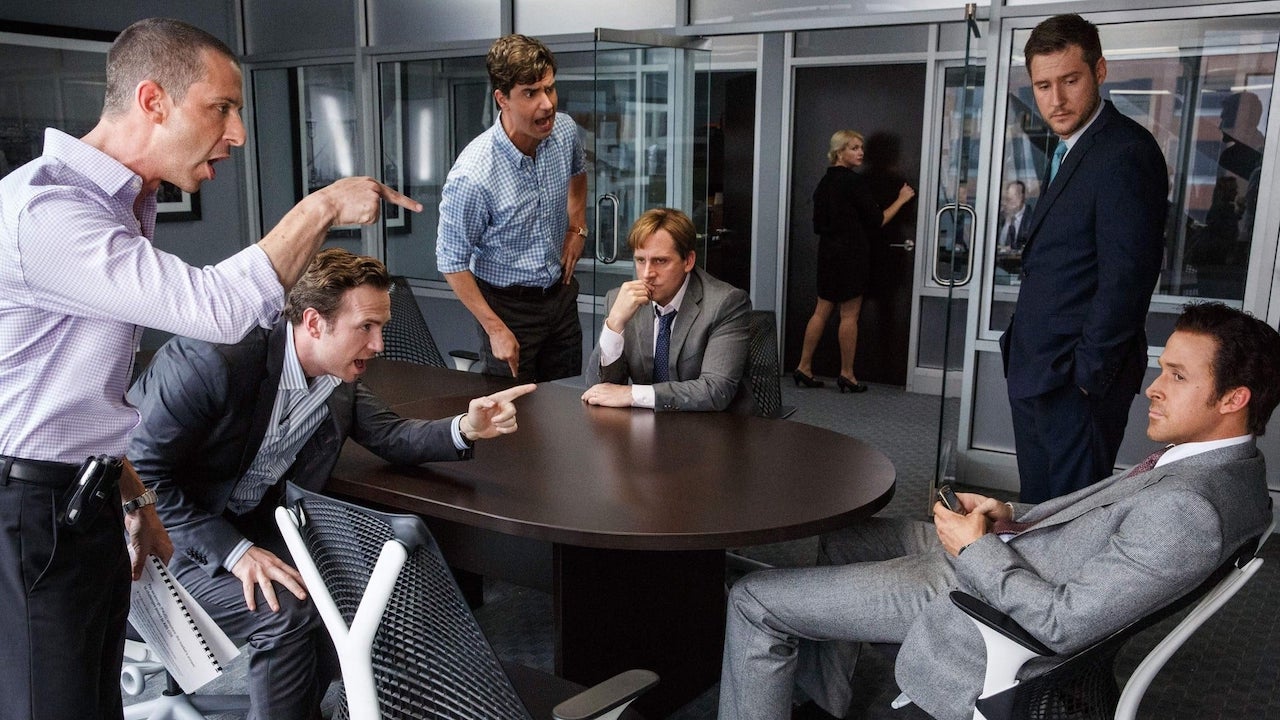
The Big Short (2015)
A bleakly bemused black comedy about Wall Street greed and systemic failure of government regulation that led to the 2008 Global Financial Crisis. It’s only outsiders and contrarians—memorably played by the likes of Christian Bale, Steve Carrell and Ryan Gosling—who see what’s looming. Adam McKay’s film makes their profits into a bitter, condemnatory victory.
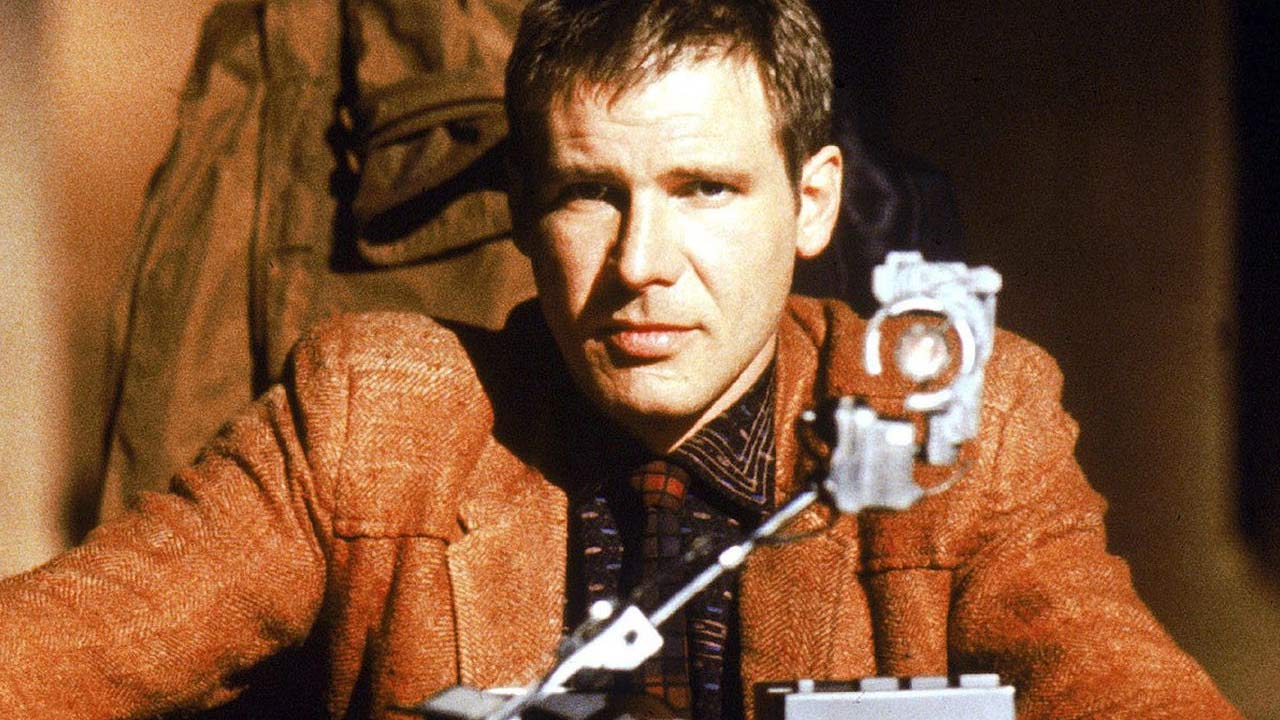
Blade Runner: The Final Cut (1982)
Whatever the edition, Ridley Scott’s dystopian noir about a former police detective (Harrison Ford) hunting to terminate a group of escaped androids through 2019 Los Angeles is a science-fiction masterpiece. This cut brings the storytelling full circle, taking cinematic wonder into inescapable tragedy.
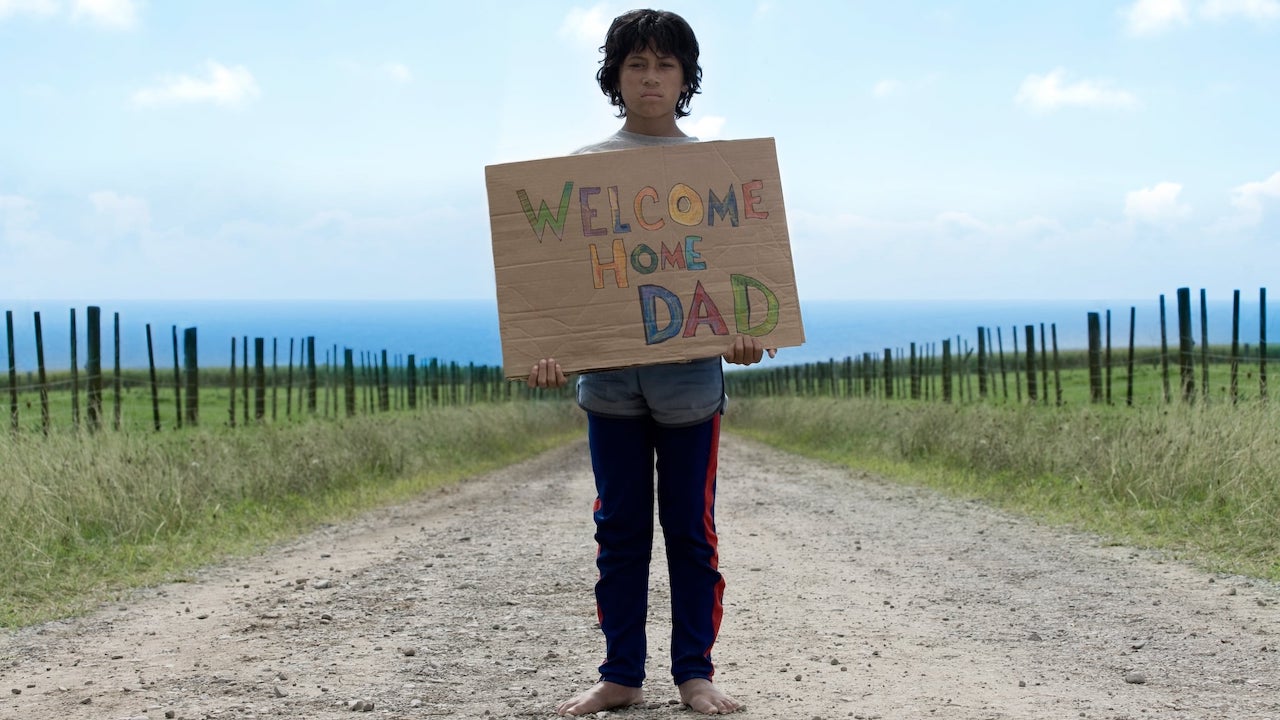
Boy (2010)
In his breakthrough second feature Taika Waititi does an outstanding job of striking a balance between the weight of nostalgia and the wisdom of hindsight that marks any film about childhood. Set in 1984—cue Michael Jackson fantasies—it tracks an 11-year-old boy (an exuberant James Rolleston) whose life is turned upside down by the return of his absent father (Waititi). What you wish for, the movie reveals, isn’t what you think it is.
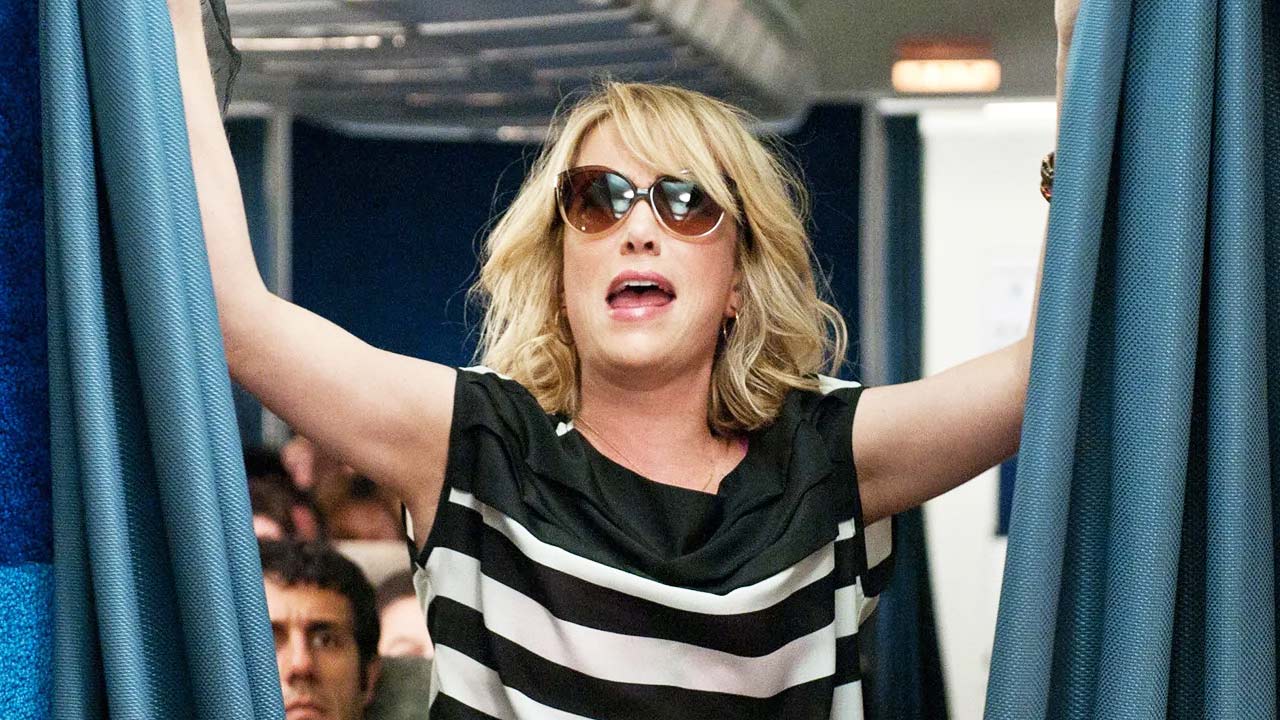
Bridesmaids (2011)
Raunchy without being provocative, but never afraid to examine the dynamics between female friends, Paul Feig’s breakout hit turned the cast into comic movie stars: co-writer Kristen Wiig, Melissa McCarthy, and Rose Byrne all shone in a movie where the preparations for a wedding collapse from one mishap to the next.
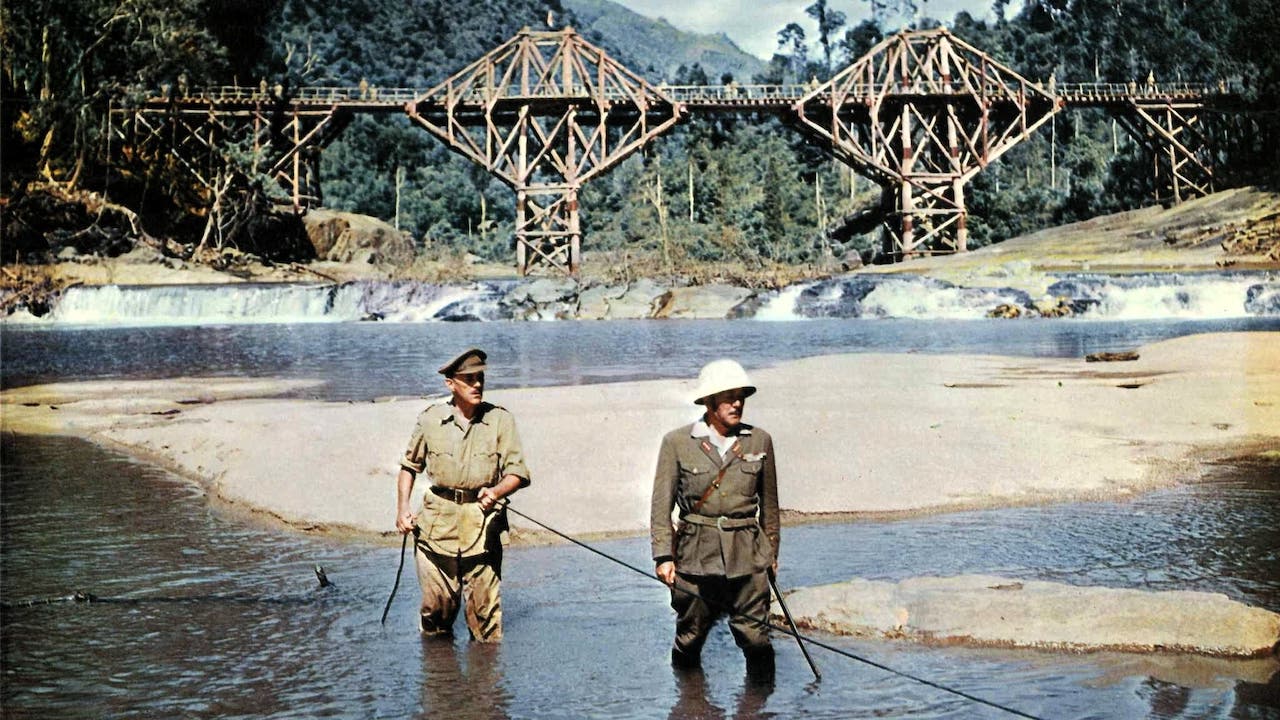
The Bridge on the River Kwai (1957)
Calmly measured and cynical about heroism, The Bridge on the River Kwai remains the first and by far the best of David Lean’s epics, telling the story of a group of POWs building a bridge on the Burma Railroad for their brutal Japanese captors during WWII. The flawed military mindset is exemplified by William Holden’s American escapee, who is sent back as a saboteur, and Alec Guinness’ English officer, determined to finish the task to give his men a sense of purpose.
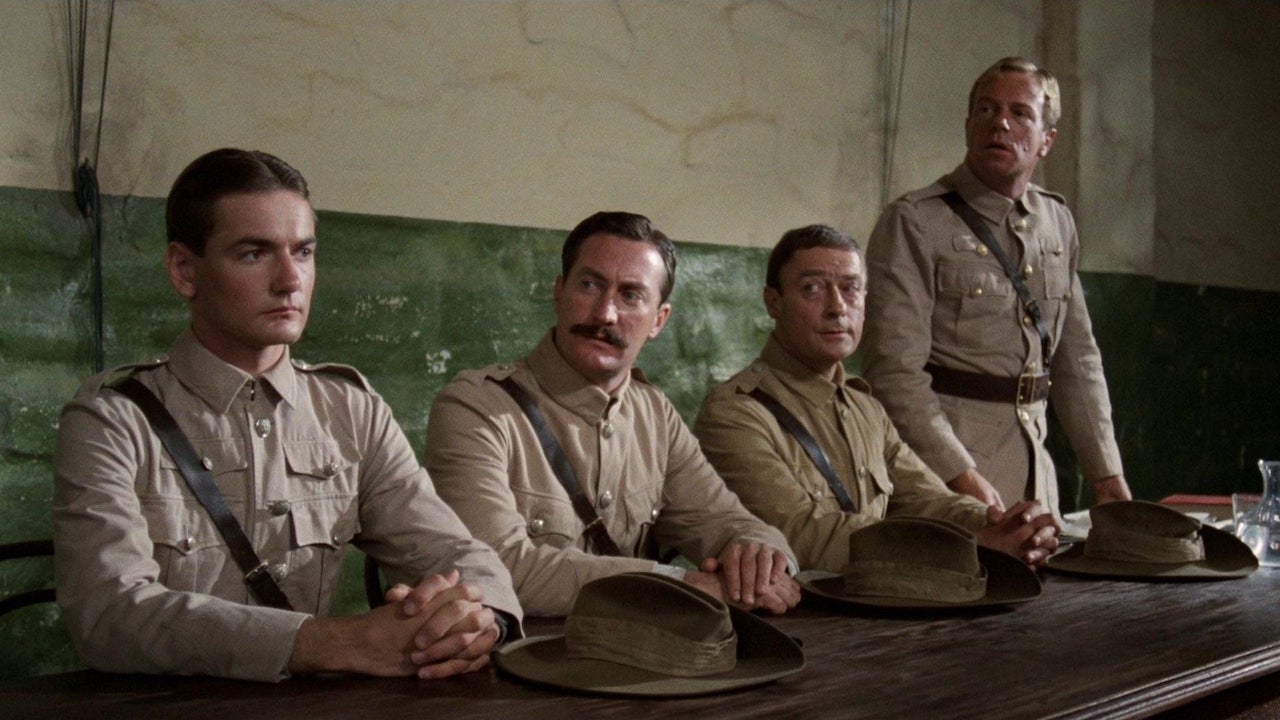
Breaker Morant (1980)
Australia’s belief in defining itself through the deeds of soldiers is torn apart in Bruce Beresford’s ground-breaking examination of war crimes, scapegoats and imperial hypocrisy as a trio of Australian combatants fighting in the Boer War—memorably played by Edward Woodward, Bryan Brown and Lewis Fitz-Gerald—face a court-martial.
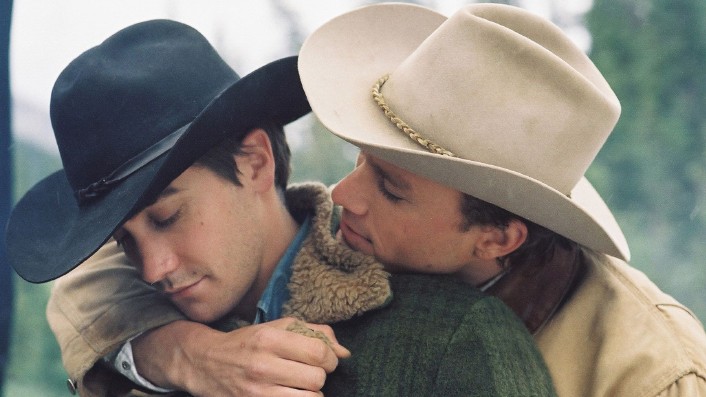
Brokeback Mountain (2005)
Ang Lee’s wrenching adaptation of E. Annie Proulx’s short story remains one of the finest cinematic love stories of the century—and Heath Ledger’s best performance. With Jake Gyllenhaal, he plays a 1960s cowhand whose remote winter’s work blossoms into a love that can never have space to exist, or ultimately survive. The finely etched emotion feels both instantaneous and eternal.
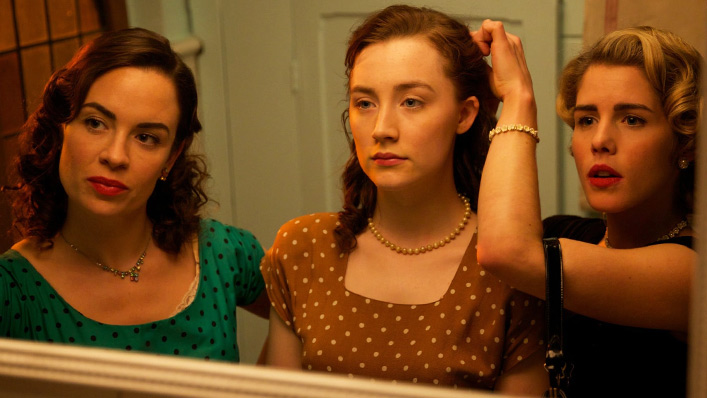
Brooklyn (2015)
Saoirse Ronan embodies the daunting uncertainty of taking stock of your life in a foreign land as Eilis, a lone immigrant arrived in 1950s New York from cloistered Ireland. It’s a coming-of-age tale in which period detail offers a sharper focus than mere nostalgia, with Emory Cohen a terrific foil as the Brooklyn plumber who falls for Eilis.
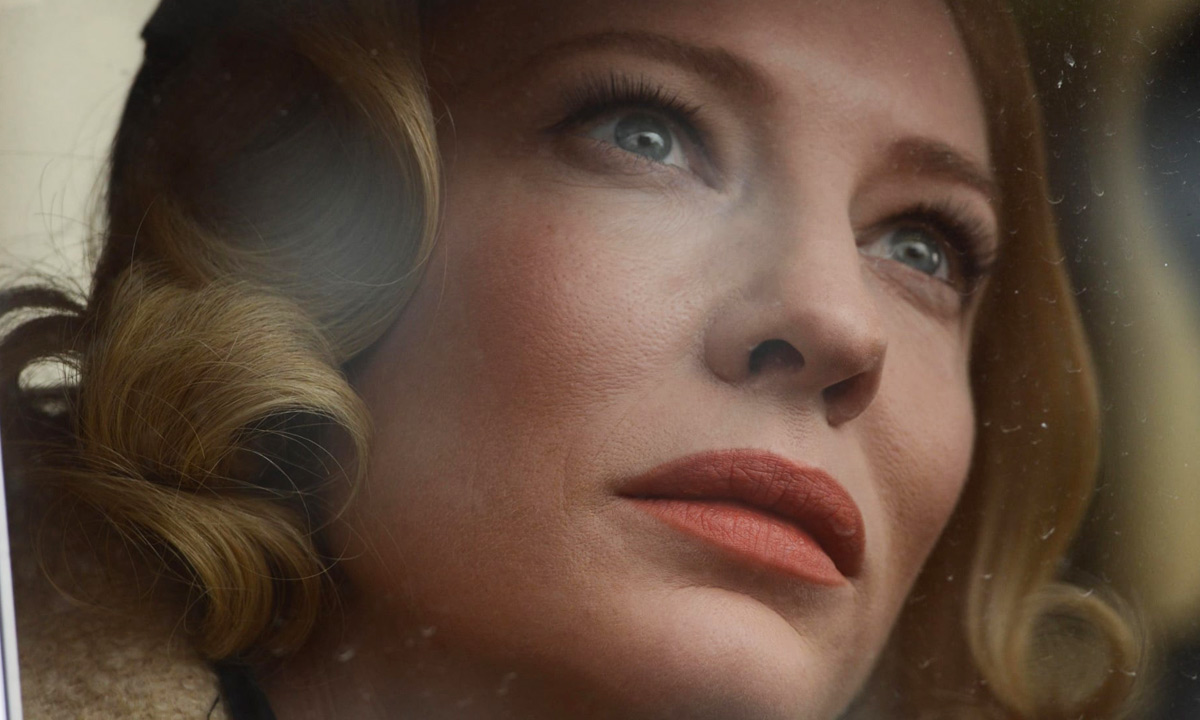
Carol (2015)
Words unsaid are powerful and mere glances devastating in Todd Haynes’ heart-wrenching romance from the epicentre of 1950s America. With a pulse that brings the grip of plunging desire, a married Connecticut housewife (Cate Blanchett) and a department store clerk (Rooney Mara) create a tender pocket universe that defies the wider world.
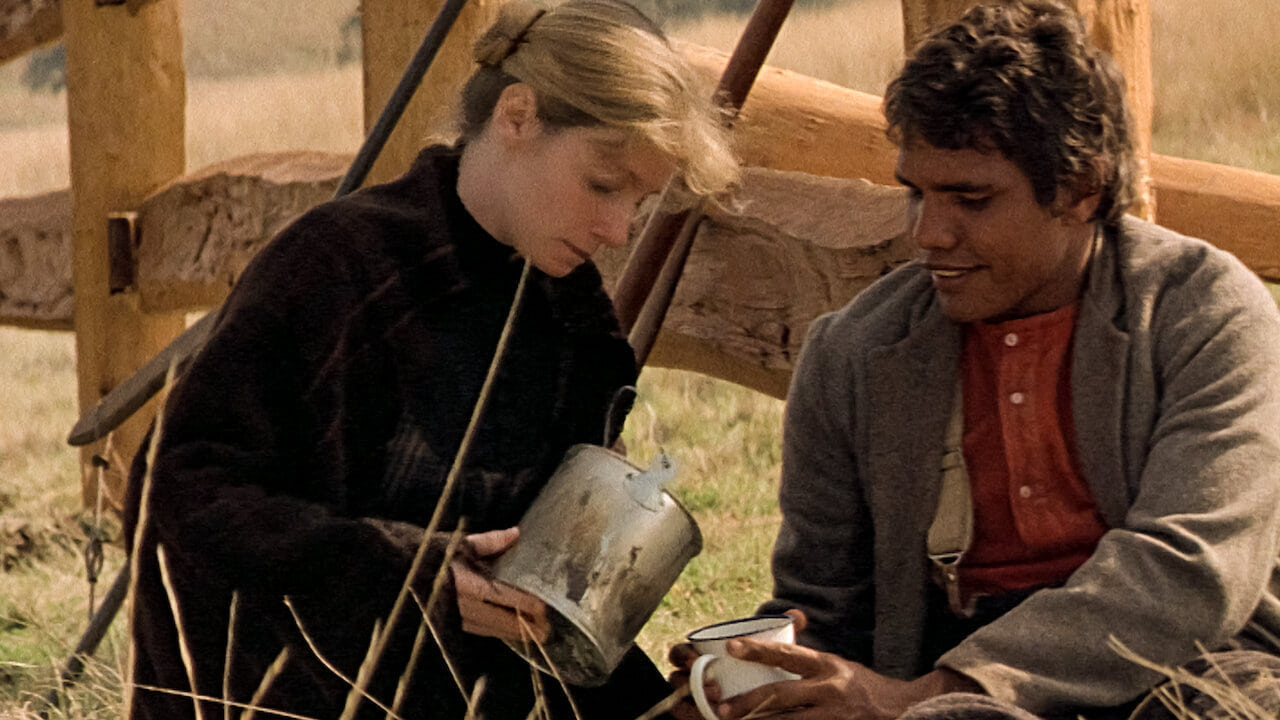
The Chant of Jimmie Blacksmith (1978)
One of the most crucial and enduring works of the Australian New Wave movement, Fred Schepisi’s period drama tracks an Indigenous man (Tom E. Lewis) who is abused to breaking point by the racist colonial society he has been told he must join in a film of striking turning points and unfettered anger. Many of the wrongs it depicts still linger.
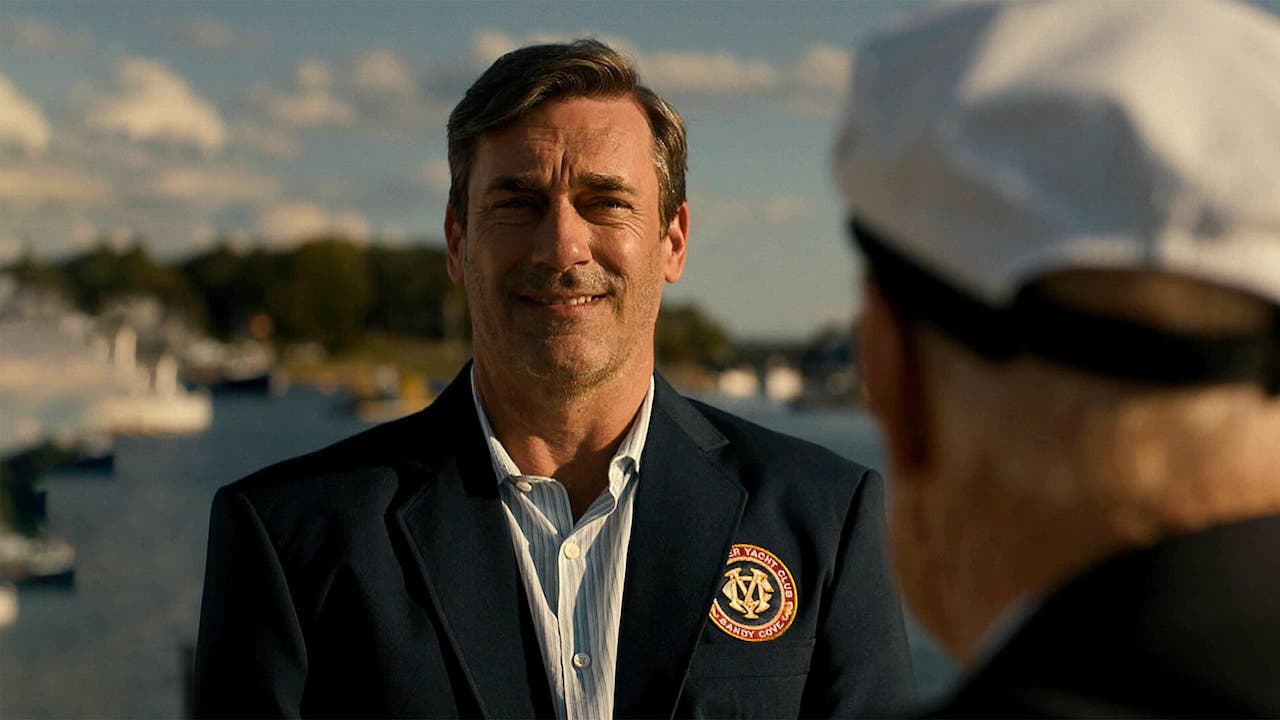
Confess, Fletch (2022)
An outlier in the blockbuster age, this character-driven crime-comedy has an idiosyncratic sense of humour and one sharply drawn supporting character after another—Annie Mumolo’s scene is a tour-de-force—for Jon Hamm’s irreverent investigative journalist to play off. Director Greg Mottola puts the character’s Chevy Chase era to rest with this sharp, noir-flecked movie.
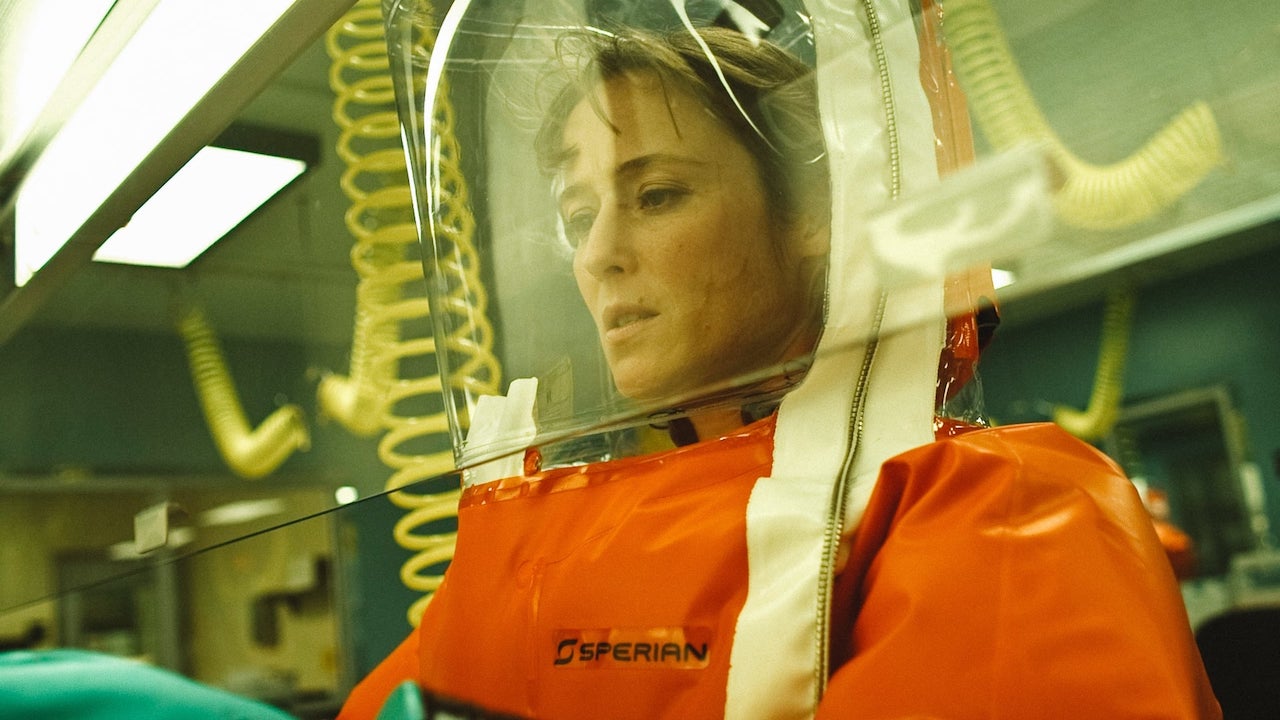
Contagion (2011)
Directed and shot with irresistible clarity and momentum by Steven Soderbergh, this apocalyptic virus drama coolly swoops in and out of a world buckling under a terrifying pandemic with Gwyneth Paltrow playing America’s patient zero. It’s a story of expediency and bravery, foreseeing how health workers—played here by the likes of Kate Winslet and Marion Cotillard—are the true heroes on the front line.
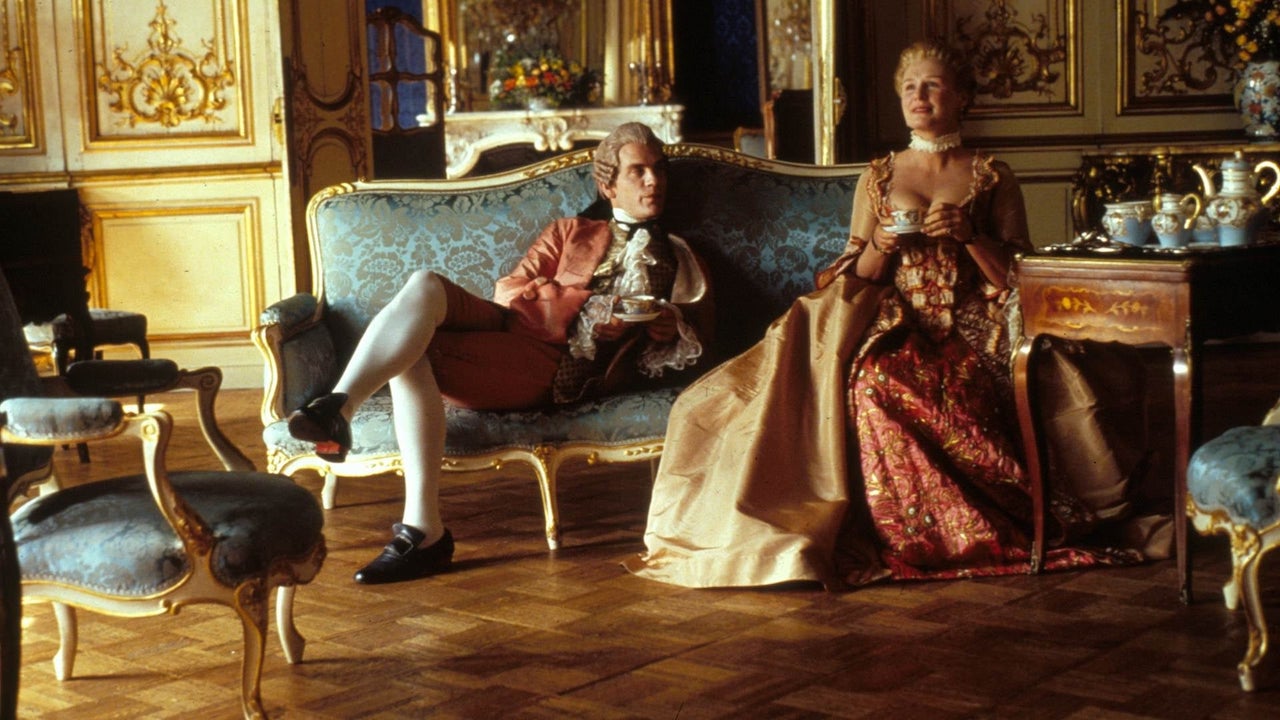
Dangerous Liaisons (1988)
Set in a constrictive, decaying Parisian society rife with indolent personal machinations, Stephen Frears’ 18th century drama follows the intrigue summoned by Glenn Close and John Malkovich’s amoral aristocrats, who use seduction as a weapon in plots that entangle the characters of Michelle Pfeiffer, Uma Thurman, and Keanu Reeves. It is a savage, scything feature, complete with love as the ultimate downfall.
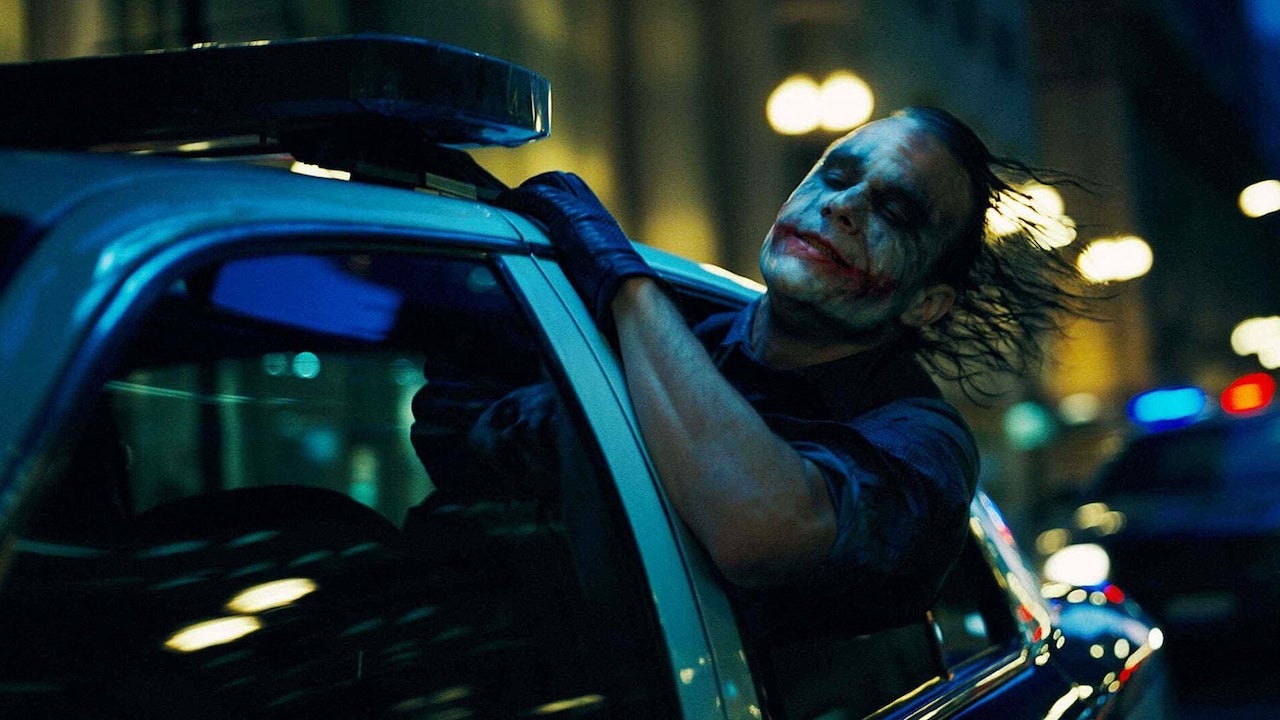
The Dark Knight (2008)
With Heath Ledger’s Joker—a jittery, nihilistic force who feels like a city’s dread come to life—as the antagonist, Christopher Nolan took the Batman franchise to a new level. Nolan grounds the superhero epic in the streets and gives a muscular authenticity to the obsessive deeds of Christian Bale’s masked vigilante.
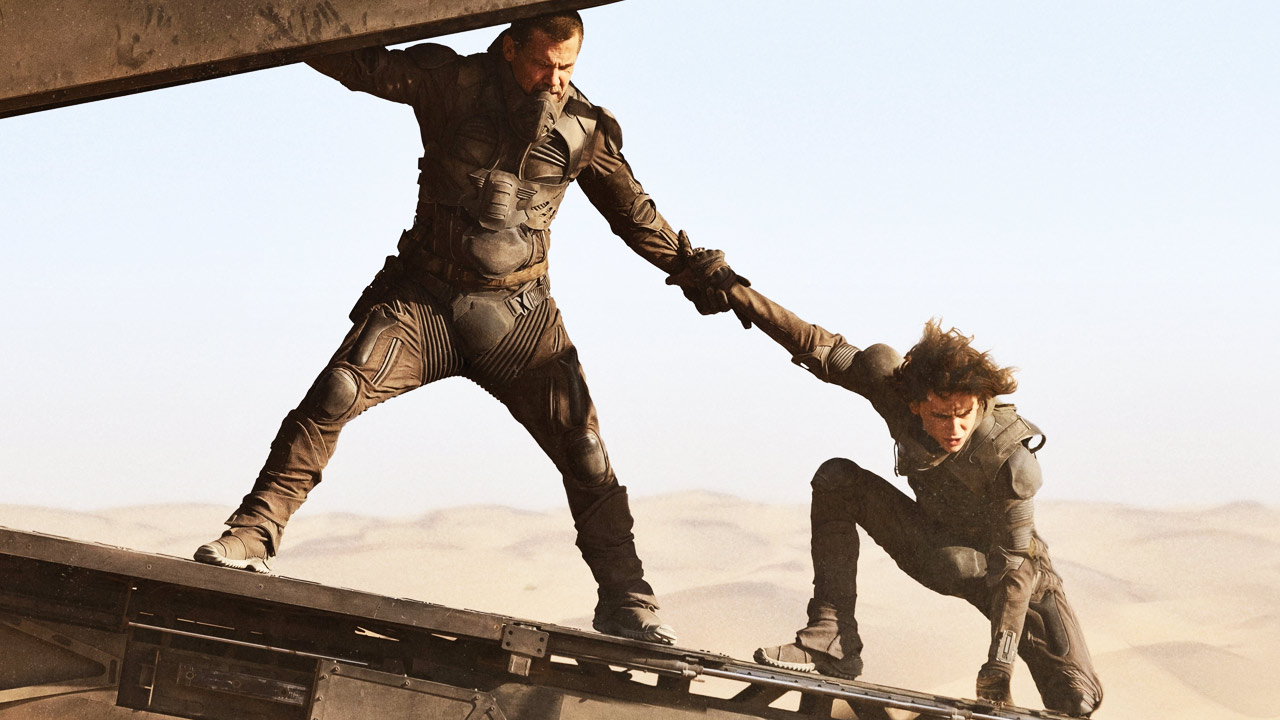
Dune (2021)
Denis Villeneuve brought otherworldly wonder, tactile action, and deep familial pain to his first adaptation of Frank Herbert’s iconic but unwieldy science-fiction classic. Subverting the ‘chosen one’ narrative so that destiny is a cruel, unwanted burden, Timothee Chalamet’s aristocratic scion is plunged into a vivid conflict that feels as if it was sculpted from the filmmaker’s deepest intimations.
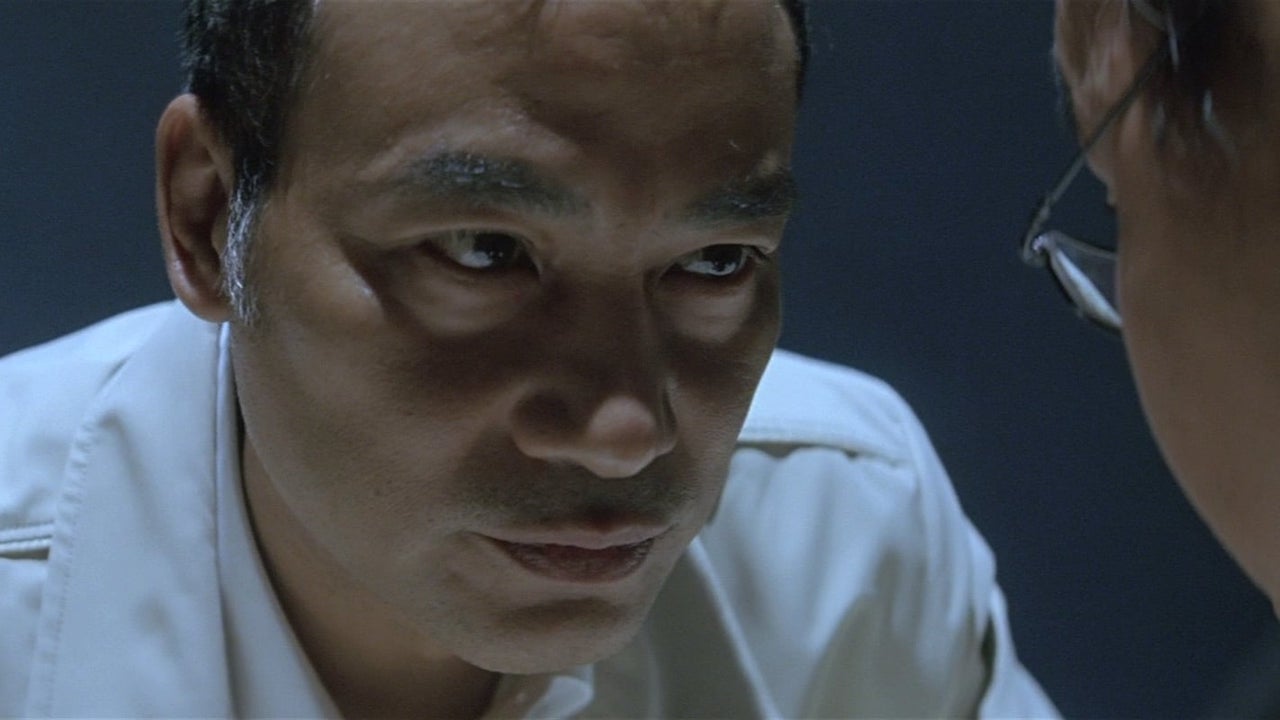
Election (2005)
Hong Kong filmmaker Johnnie To masterfully captures the paradoxes that follow a Triad’s contested leadership vote: chaos settles the organisation, violence is an adjunct of procedure, and individuals destroy each other to serve the collective. With Tony Leung and Simon Lam as fractious rivals, the action is explosively sudden and the moral ramifications enduring.
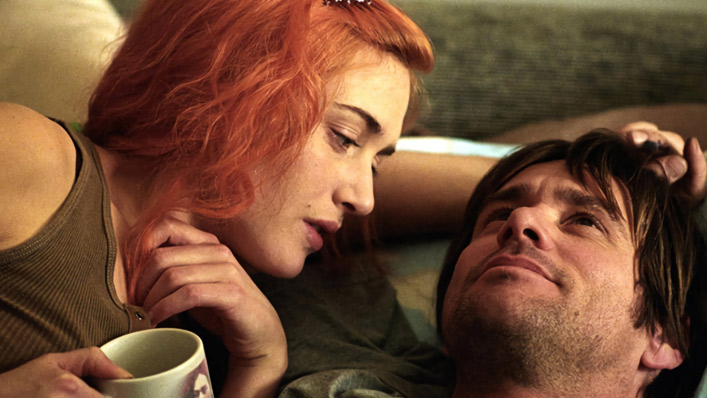
Eternal Sunshine of the Spotless Mind (2004)
Michel Gondry’s masterpiece is heartfelt and magical, tender and tragic. When Kate Winslet and Jim Carrey’s couple break up, they decide to have all trace of each other wiped from their memories. When he reconsiders, they go on the run in his subconscious, as skewered sci-fi and magic realism are interwoven.
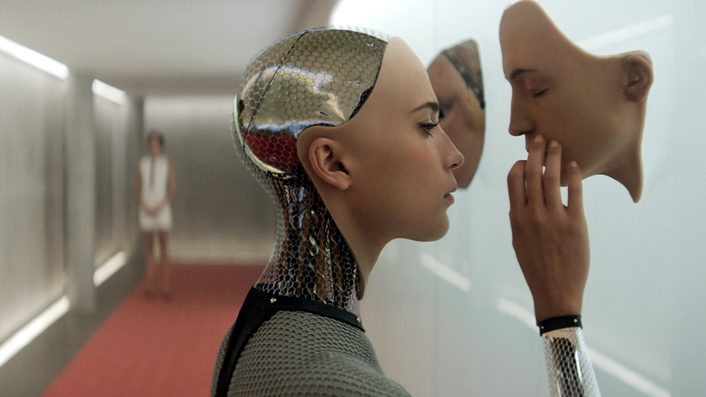
Ex Machina (2014)
A brittle, telling invocation of masculinity told through the lens of near future science-fiction, Alex Garland’s directorial debut places Domhnall Gleeson’s humble programmer into the isolated world of Oscar Isaac’s tech mogul, where he’s tasked with assessing Alicia Vikander’s humanoid artificial intelligence. The existential queries sing with suggestion and the sleek surfaces reveal increasingly disturbing imagery.
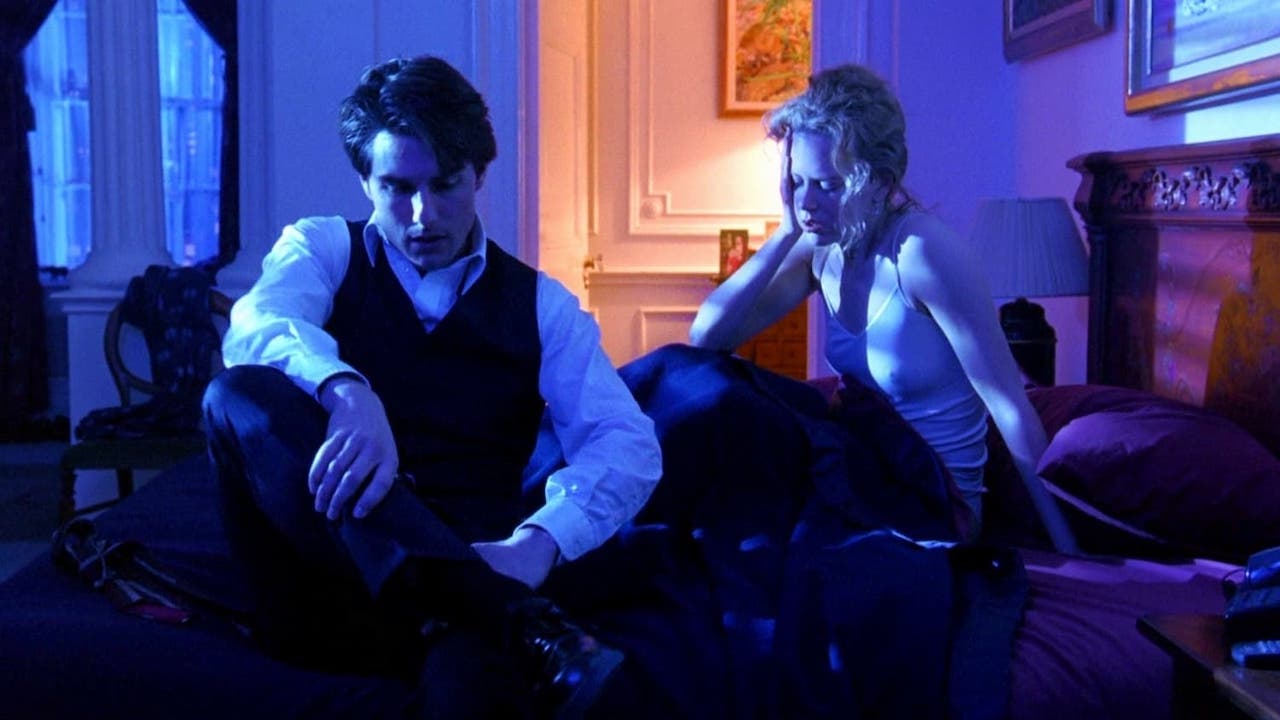
Eyes Wide Shut (1999)
Stanley Kubrick’s final feature is set in a New York built on English soundstages, and the hazy disconnection to reality that results suits the psychological stress fractures that form in the marriage of a privileged doctor (Tom Cruise) and his maverick wife (Nicole Kidman). The former drives the plot, searching for unnecessary answers, but the latter dominates the movie with a riveting performance.
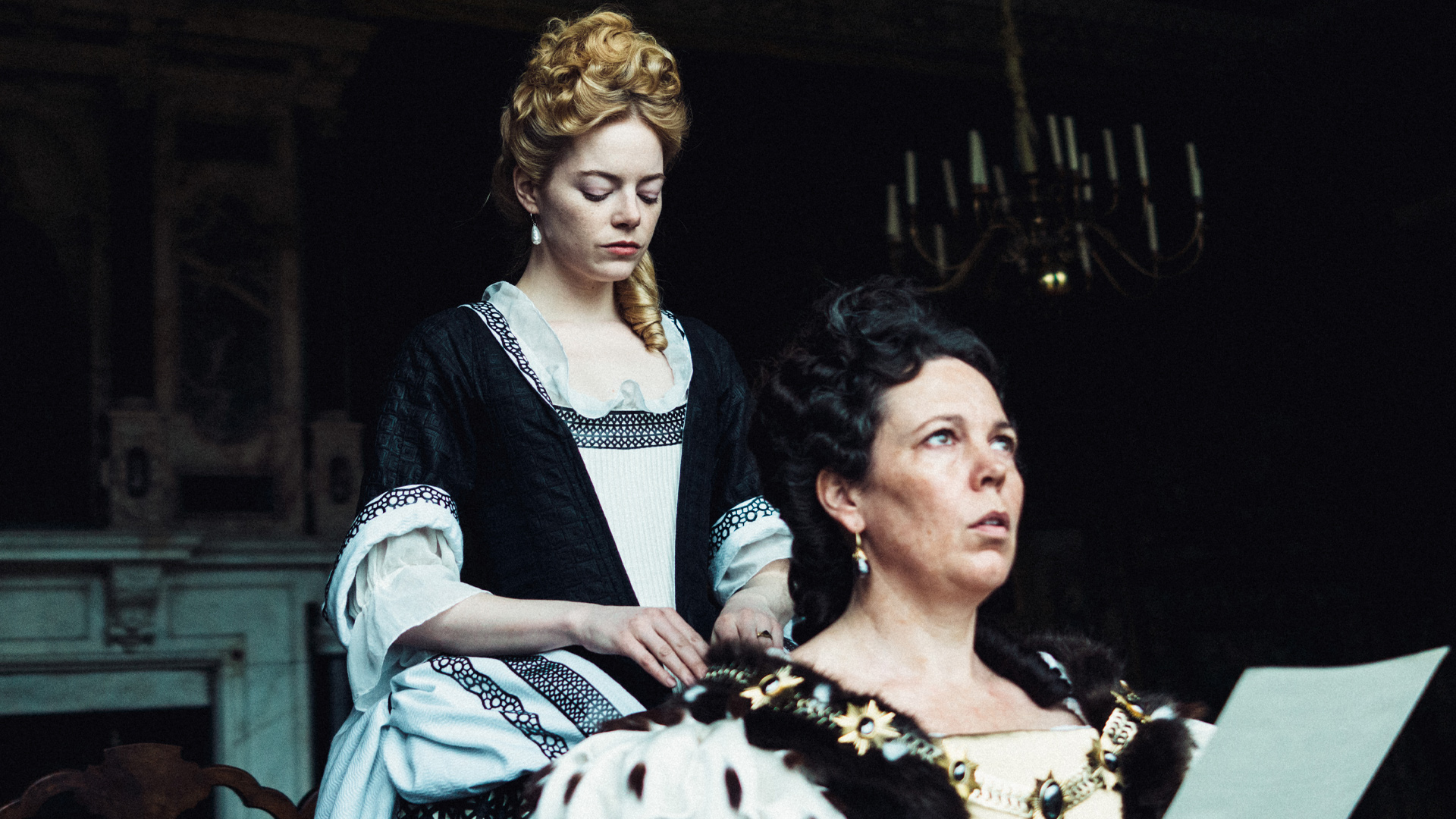
The Favourite (2018)
With Australian screenwriter Tony McNamara as an instigating force, Greek Weird Wave director Yorgos Lanthimos blew up the royal period drama and put it back together so that the early 18th-century court dynamic between Queen Anne (OliviaColman) and two competing women, Sarah (Rachel Weisz) and Abigail (Emma Stone), revealed grotesque farce, hidden queer history and, finally, tragic negation.

Fight Club (1999)
David Fincher skewered the cul-de-sac hopes of Generation X, and presented himself as the successor to Stanley Kubrick in terms of coolly executed intellectual outrage with this bleak, blithe comedy about a corporate bureaucrat (Edward Norton) who, with a charismatic nihilist (Brad Pitt), starts a combat-as-bonding ritual movement. The film is serious when the topic is ludicrous and seditious when the going gets philosophical.
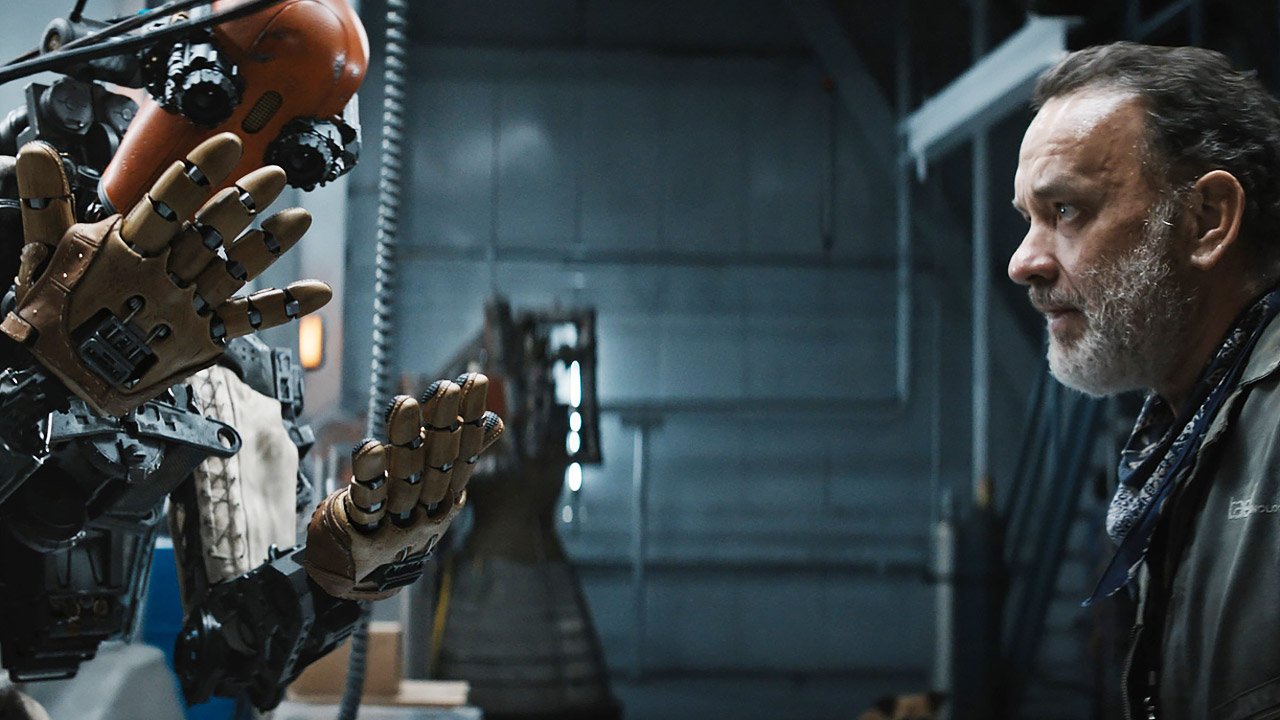
Finch (2021)
Apple TV+ likes Tom Hanks movies: it has his World War II naval thriller Greyhound, but my pick is this post-apocalyptic drama where the actor plays a dying lone scientist living beneath the ruins hoping to teach a robot he has built (a motion-captured Caleb Landry Jones) to care for his beloved dog. It’s a sentimental film, but effective—a showcase for Hanks in mostly intimate circumstances.
From Russia with Love (1963)
Everyone has their favourite Sean Connery Bond film (don’t mention Never Say Never Again), and for me it’s the second. Connery added emotional grit and a dash of cynicism to the still evolving screen version of Ian Fleming’s British spy, while director Terence Young made it all tick like clockwork. Bonus points for Lotte Lenya’s Rosa Klebb, one of the most memorable Bond adversaries.
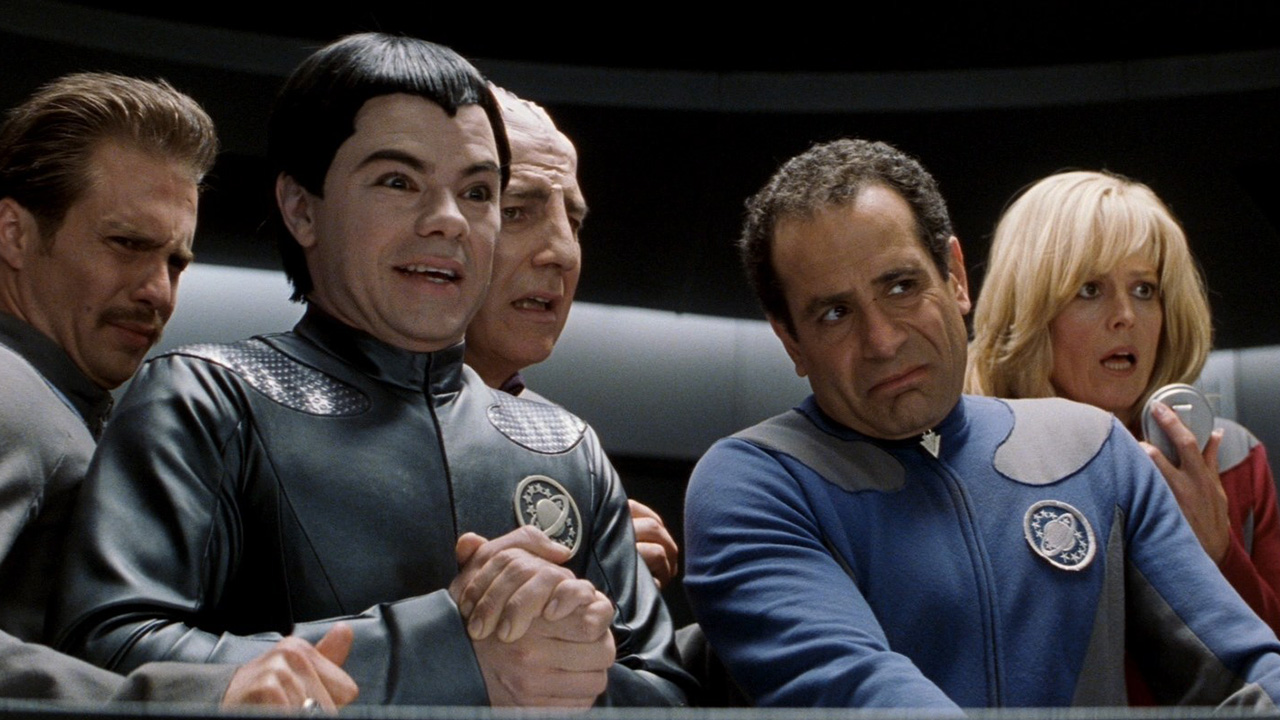
Galaxy Quest (1999)
What starts as a Star Trek satire, with the estranged actors from a long-finished science-fiction series lifted from a convention and taken into outer space by aliens who think the show is real, becomes both a terrific comedy and genuine adventure as the actors have to master their roles and their flaws. Tim Allen and Sigourney Weaver star, but the film belongs to Alan Rickman as a Shakespearean actor who despises his catchphrase.
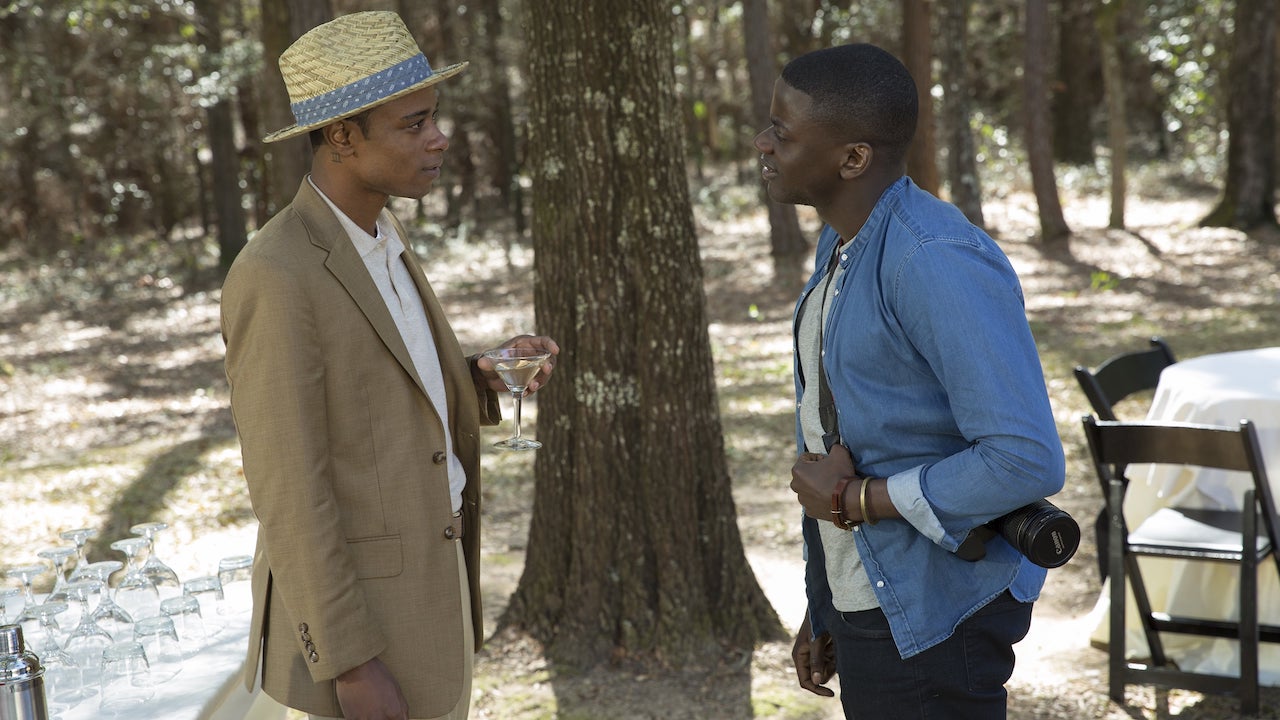
Get Out (2017)
Few films have better captured the tenor of the times that comic Jordan Peele’s directorial debut, a compelling horror film about the dispossession of African-Americans that stars Daniel Kaluuya as a Black photographer invited to visit the family home of his white girlfriend. Peele memorably turns awkwardness and tolerance into menace and terror, as history threatens to repeat itself.
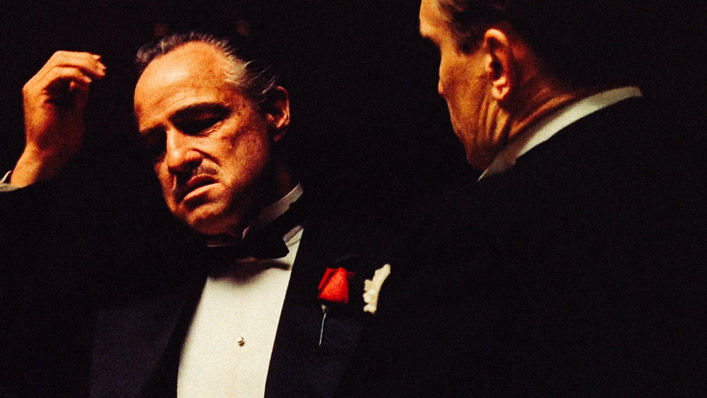
The Godfather (1972)
Strip away the long celebrated gangster film tropes and Francis Ford Coppola’s breakthrough is a study of family and country—specifically Italian immigrants and America—that reveals how each shapes the other. It’s both immense and woundingly intimate, with scenes that redefined the crime epic.
“I believe in America,” is the first line spoke in Francis Ford Coppola’s masterpiece, which charts generational and organisational change amongst a post-WWII New York mafia clan with indelible images and period brutality. Fittingly, it is the initially innocent Corleone son Michael (Al Pacino), who discovers that the life he never wanted is his destiny.
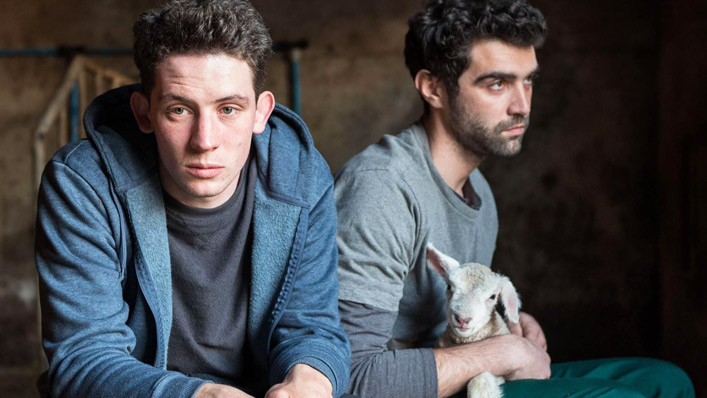
God’s Own Country (2017)
The landscape and the heart are inextricably entwined in this harsh but ultimately optimistic drama set on a Yorkshire sheep farm, where the owner’s closeted son (The Crown’s Josh O’Connor) finds unexpected love with a Romanian guest worker (Alec Secareanu). There’s nothing idyllic to Francis Lee’s debut feature, with unadorned realism creating a deeply involved story.
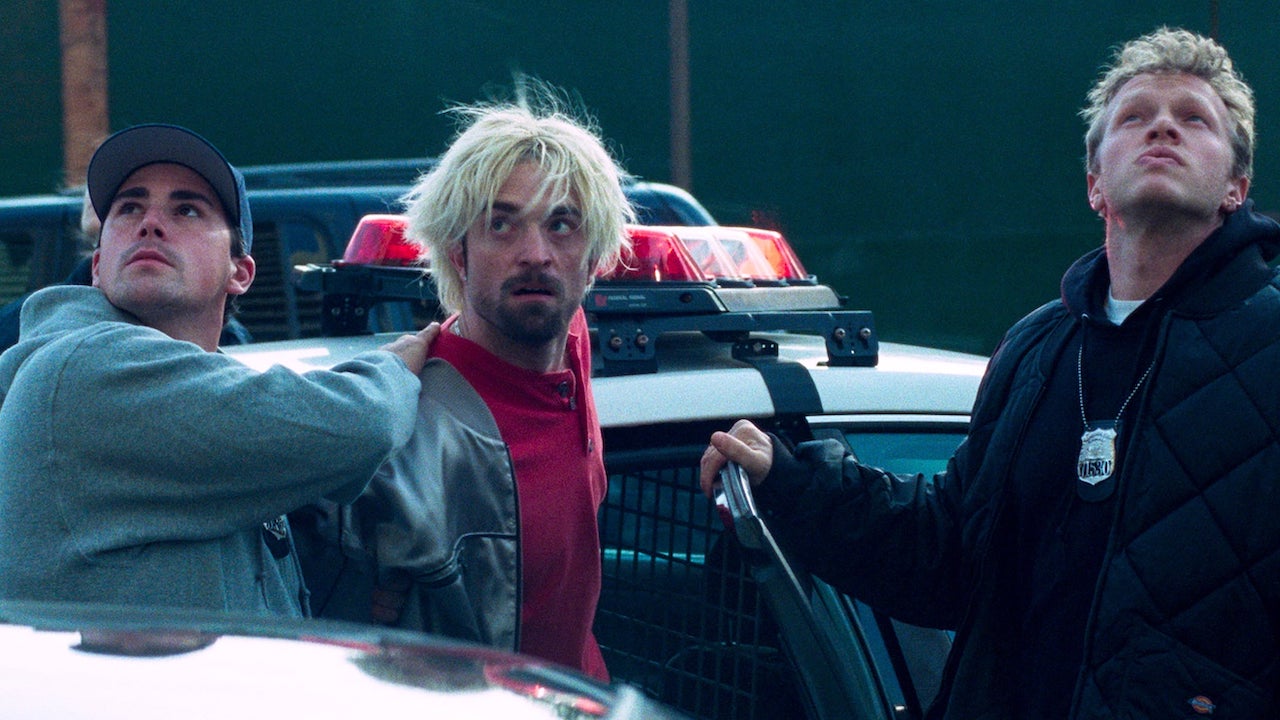
Good Time (2017)
When a pair of co-dependant brothers, played by Robert Pattinson and Benny Safdie (who also directs alongside his brother Josh), rob a New York bank they tumble into a netherworld of documentary-like street realism and compelling chaos that’s nerve-jangling and revealing. Not recommended for anyone who grinds their teeth.
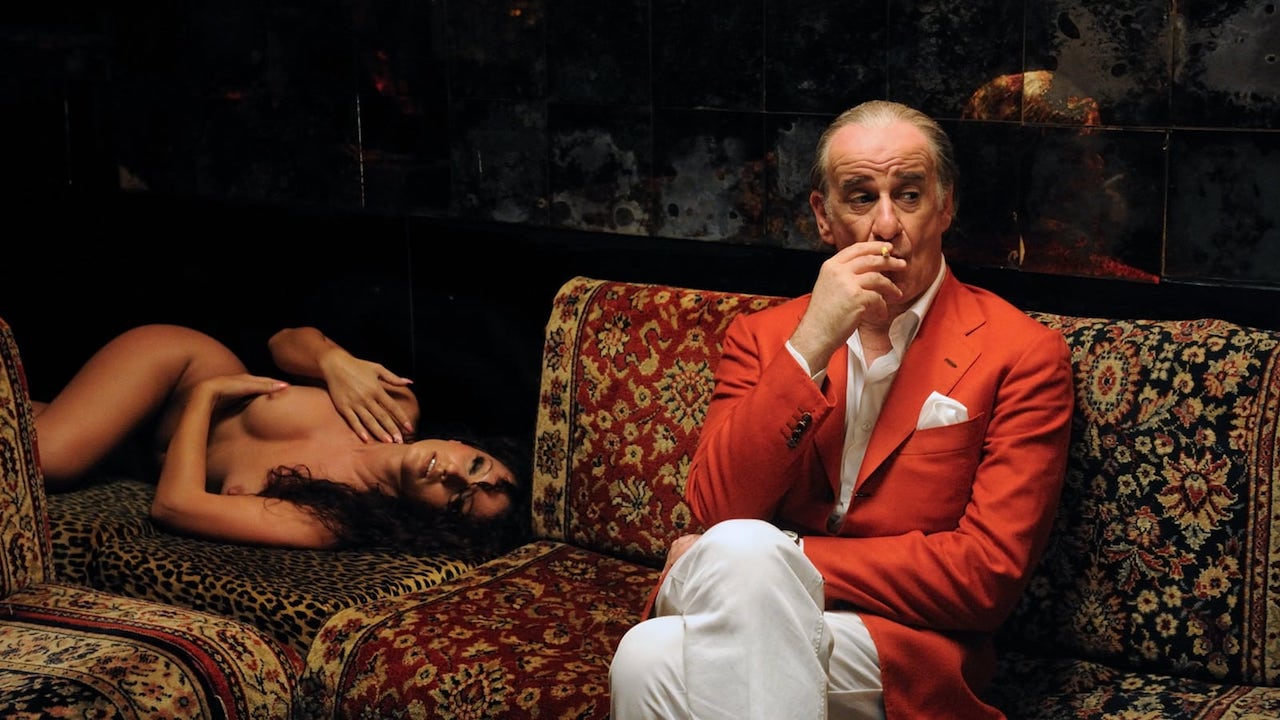
The Great Beauty (2013)
Set in a modern-day Rome whose looming history suggests that an individual is but a briefly flickering light and thus should burn bright, Paolo Sorrentino’s last great movie follows Jep (Toni Servillo), a jaded chronicler of the city’s life whose nights—and occasional days—can no longer keep his self-doubts at bay. Director and actor are one of the great pairings of the European cinema, putting the ludicrous and tragic in close proximity.
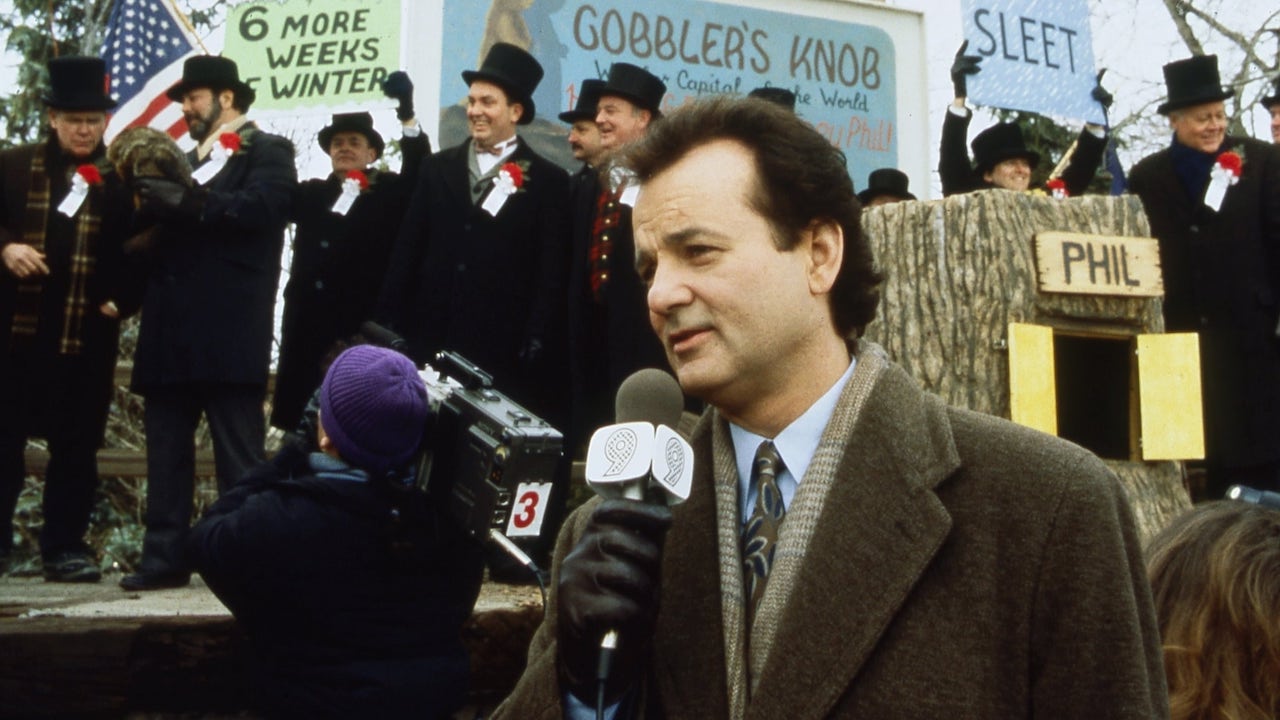
Groundhog Day (1993)
A comedy so perfectly crafted that it appeals after countless viewings, Harold Ramis’ classic stars Bill Murray as an abrasive weatherman whose outside broadcast traps him in a day that he lives in on endless repeat. The existential conundrum is both hilarious and telling, complete with Andie MacDowell as the perfect foil.

Hanna (2011)
Fairytale intrigue and malevolent European charm circulate through this adolescent action film, with Saoirse Ronan playing a teenage assassin trained in the northern wilderness by her father (Eric Bana) and then sent to kill his CIA adversary (Cate Blanchett). Score by the Chemical Brothers, subtext by the Brothers Grimm.
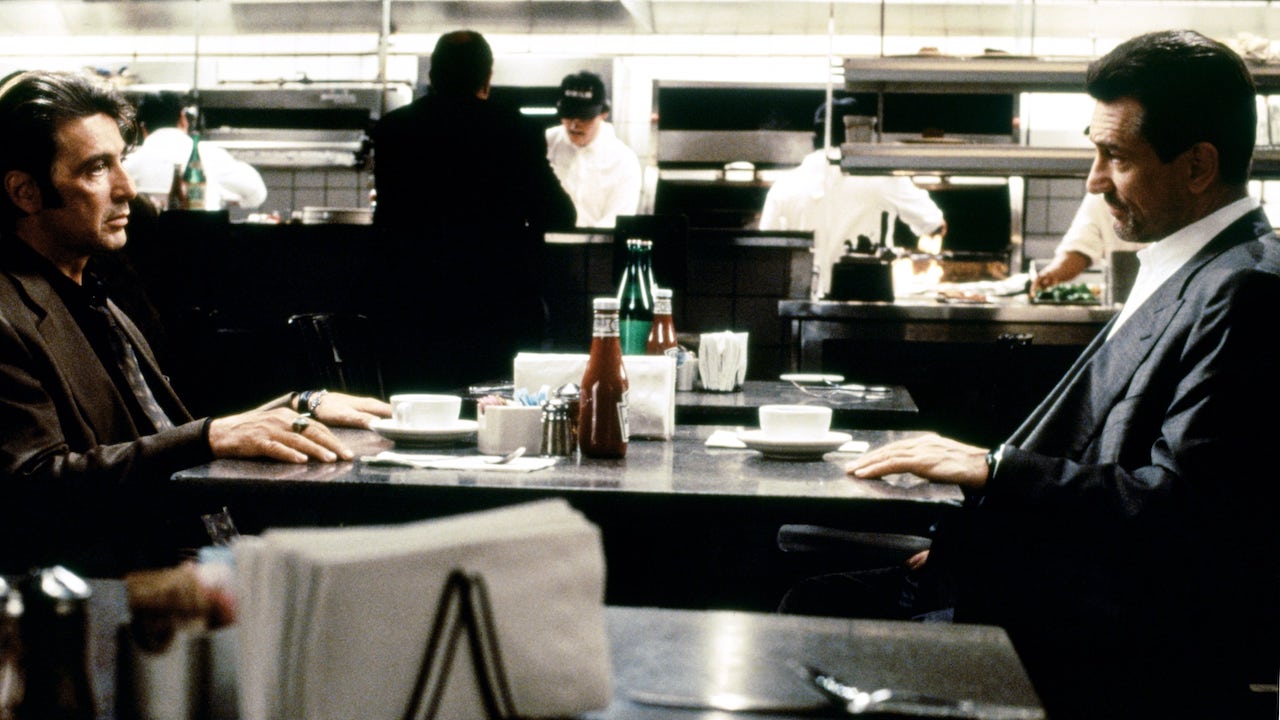
Heat (1995)
Michael Mann’s riveting crime saga—which places Robert De Niro’s master thief and Al Pacino’s driven police detective at professional odds and personal sympathy—criss-crosses Los Angeles with procedural intricacy, underworld twists, and taut action set-pieces. It’s a tale of cops and crooks, told with startling personal intimacy: the women connected to these men are crucial characters.
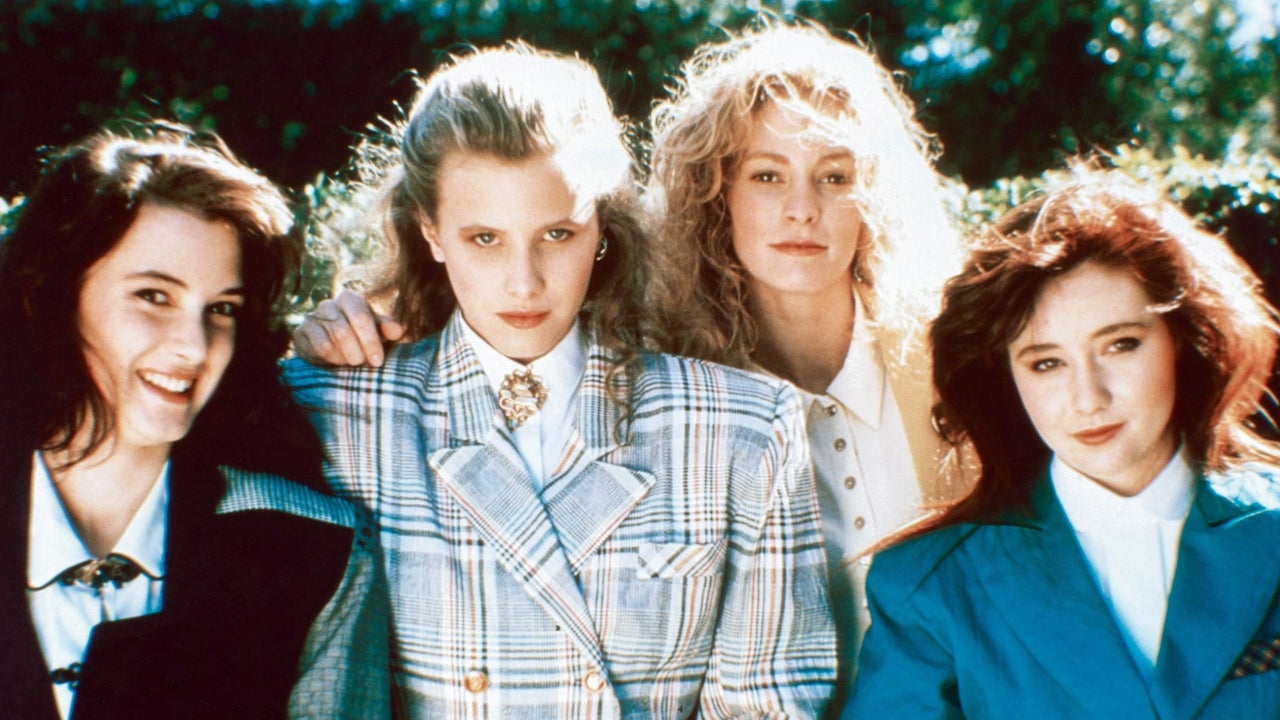
Heathers (1989)
“Dear diary, my teen angst bullshit now has a body count.” The seminal satire of the teen movie, Michael Lehmann’s scorching black comedy—determined to bite every hand that would even think of feeding it—offers a bleakly hilarious high school critique with note-perfect performances from Winona Ryder and Christian Slater.

Hot Fuzz (2007)
Director Edgar Wright and stars Simon Pegg and Nick Frost—playing s a pair of uniformed officers in a sleepy English town—go so deep in their send-up and celebration of American cop buddy films that this very British comedy refuses to separate the two approaches. The result is a homage both hilarious and violent.
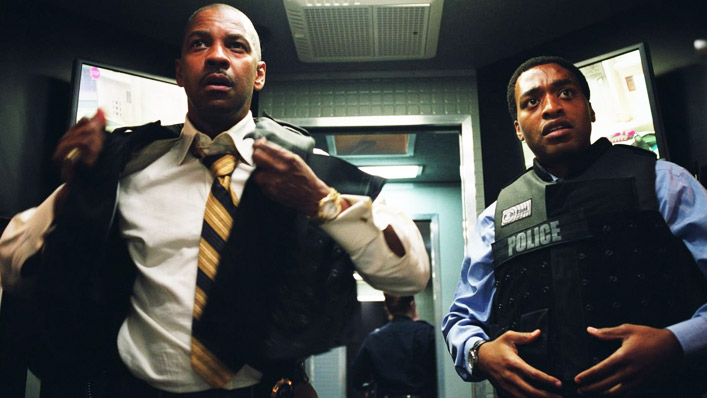
Inside Man (2006)
Watch on NetflixSpike Lee proves that he can make a commercial thriller—with Denzel Washington as the Manhattan cop and Clive Owen the bank robber—in his own gripping way, adding in historic judgment and Jodie Foster as a nefarious fixer.
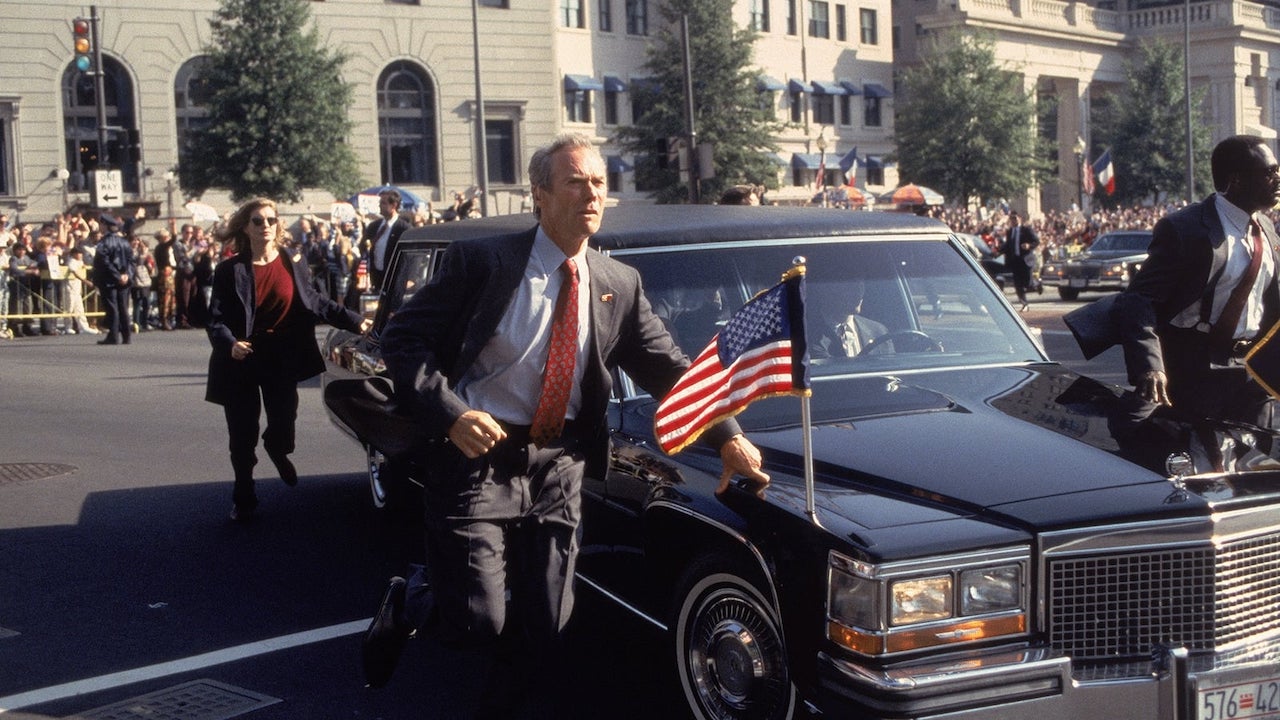
In the Line of Fire (1993)
In Wolfgang Petersen’s taut thriller Clint Eastwood plays a veteran U.S. Secret Service agent pursuing a vengeful Presidential assassin (a malevolent John Malkovich) who torments him at every turn. The film is threateningly tense, but also wise to the pair’s intimate relationship. “You have such a strange job,” the killer tells the bodyguard, “I can’t decide if it’s heroic or absurd.”
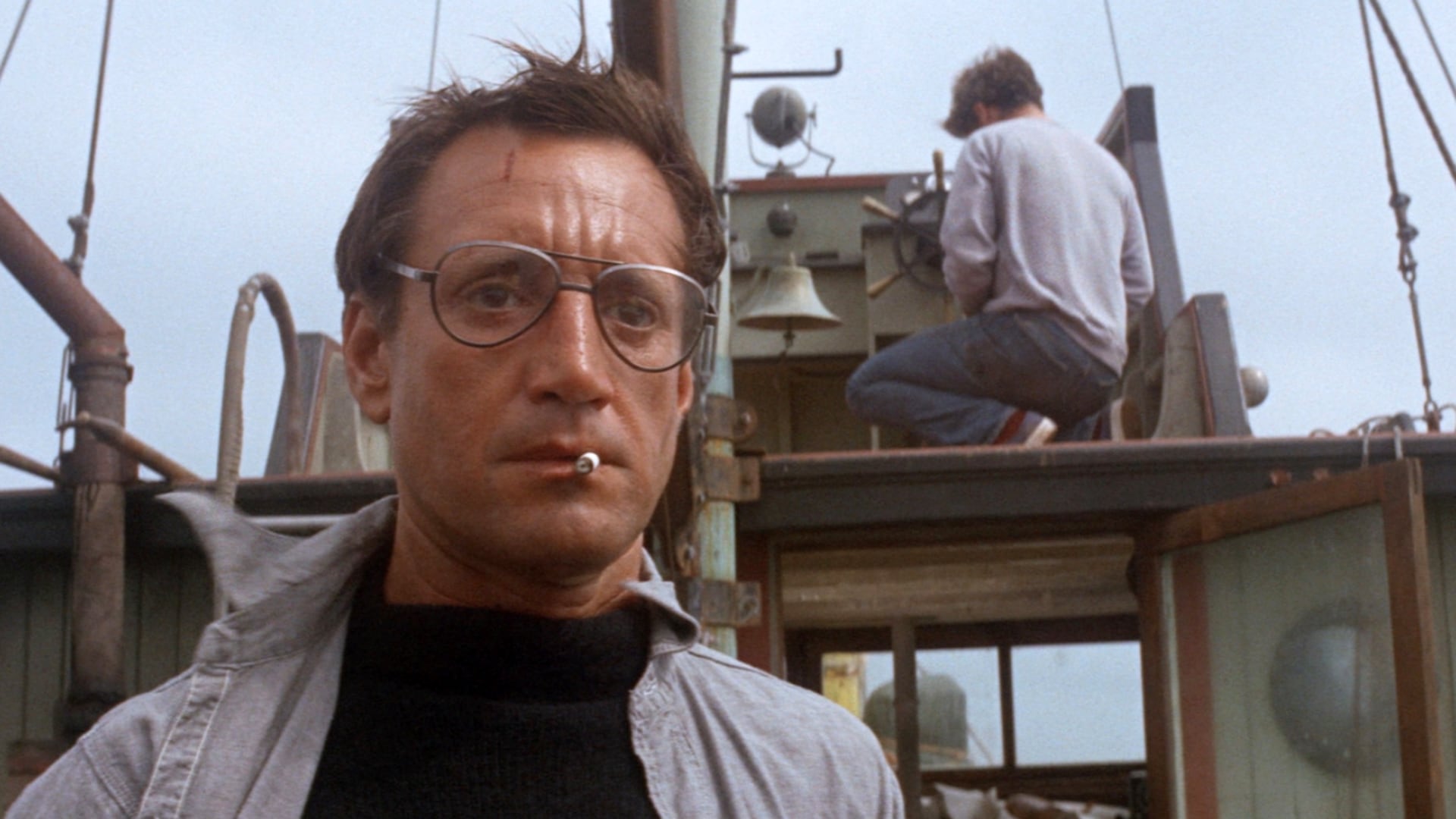
Jaws (1975)
Scared it would bomb, the studio put Steven Spielberg’s shark thriller into every cinema it could and went big on television marketing. It was a huge hit and the modern blockbuster was born. Roy Scheider, Richard Dreyfuss, and Robert Shaw play the trio who eventually confront the menacing great white, but the true star is John Williams’ score; every motif has become part of cultural history.
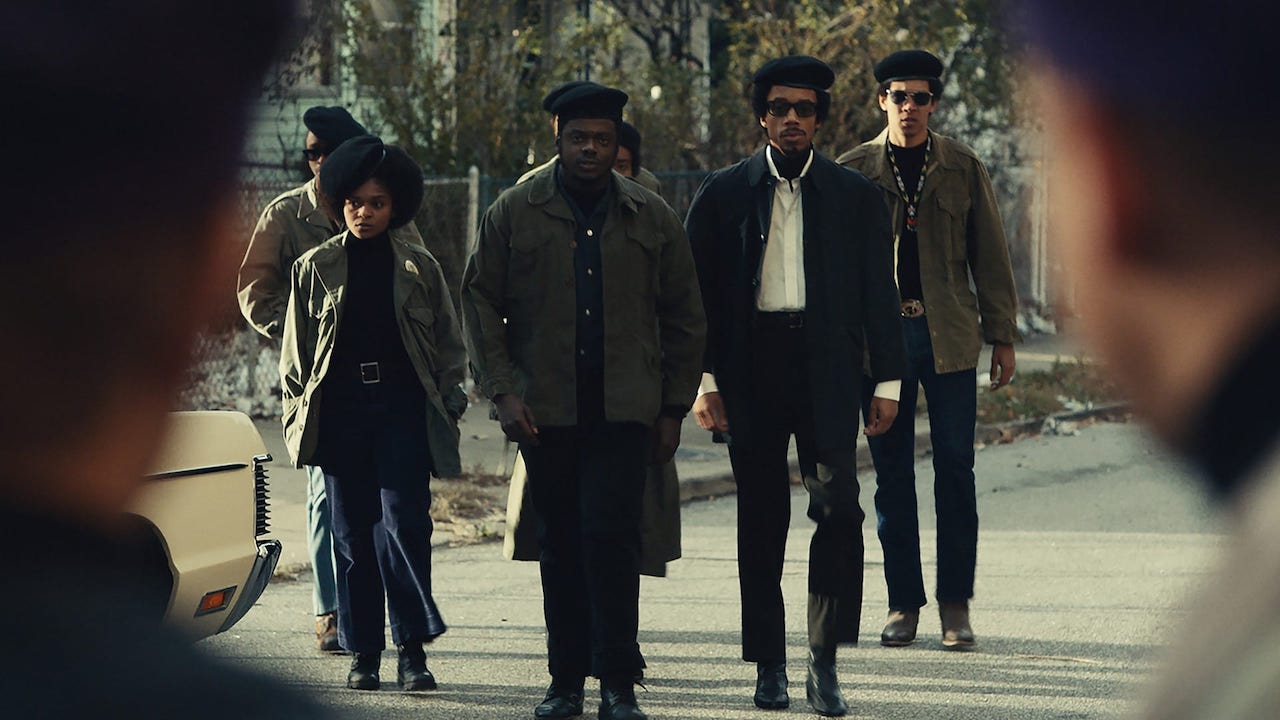
Judas and the Black Messiah (2021)
Directed with an unyielding eye by Shaka King, this is a wrenching depiction of historic Black activism and institutional power with compelling performances from Daniel Kaluuya and LaKeith Stanfield as the two men—the charismatic leader and the FBI informer respectively—immersed in Chicago’s Black Panther Party in the late 1960s.
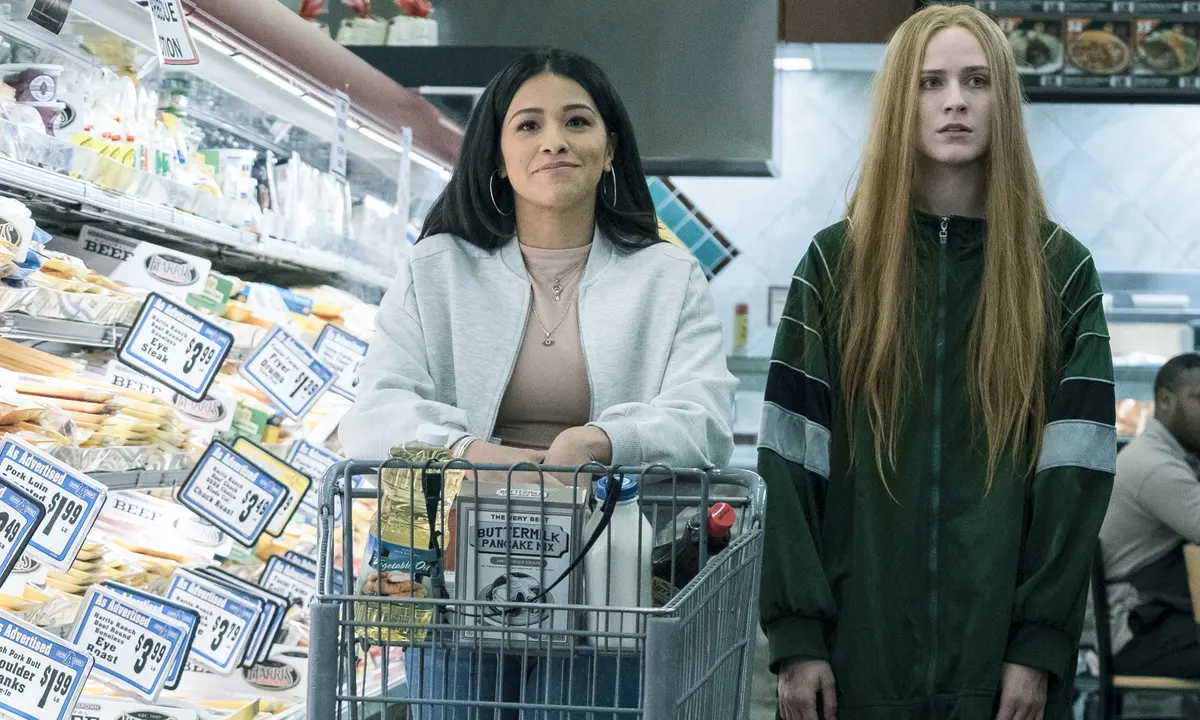
Kajillionaire (2020)
With a yearning lead performance from Evan Rachel Wood as the neglected daughter of grifters, Miranda July’s offbeat exploration of warped American exceptionalism adds a heartfelt edge to her trademark ironic detachment. The flourishes are weird and whimsical, but there are bedrock truths that come into sharp focus with the arrival of Gina Rodriguez’s innocent outsider.
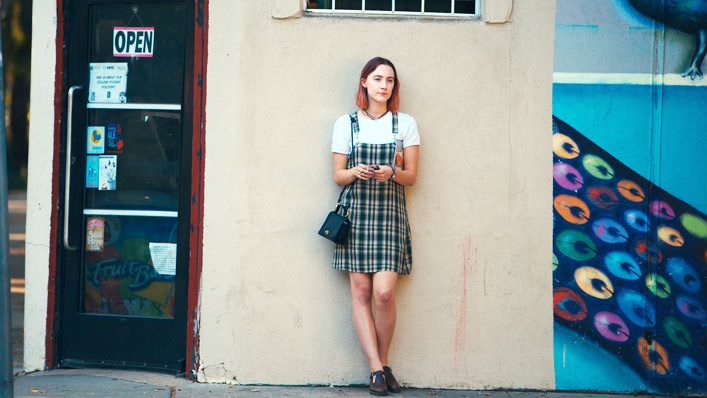
Lady Bird (2017)
Greta Gerwig’s potent ability to get to the heart of a story and see it anew was readily apparent in this jolting, bittersweet coming of age feature, in which Saoirse Ronan and Laurie Metcalf play a warring high school student and her pragmatic mother. The supporting cast is incisive, the autobiographical lessons soulfully real.
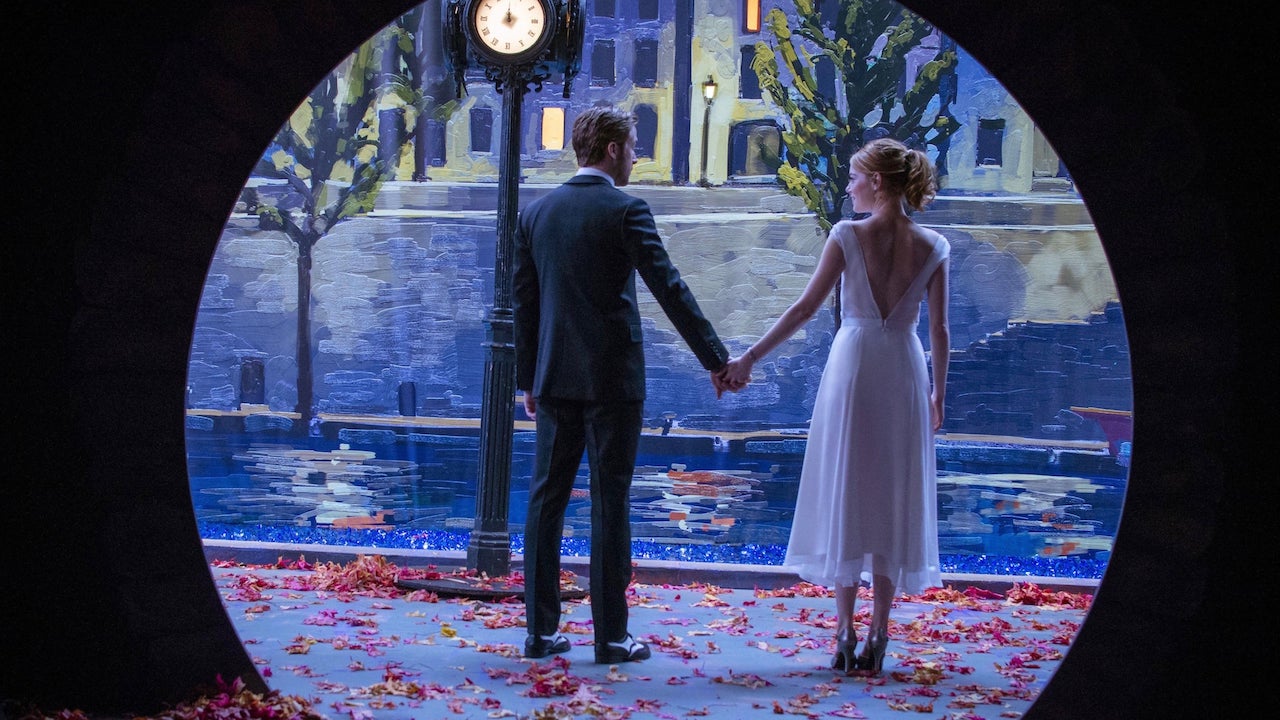
La La Land (2016)
Both incandescent and heartbreaking, Damien Chazelle’s update of the classic Hollywood musical is dazzling but never oppressive—the everyday tips over into the extraordinary as Emma Stone and Ryan Gosling’s Los Angeles hopefuls perform with heart but never mere technical mastery. It’s a film about creative endurance and personal sacrifice that’s both thrilling and enduring.
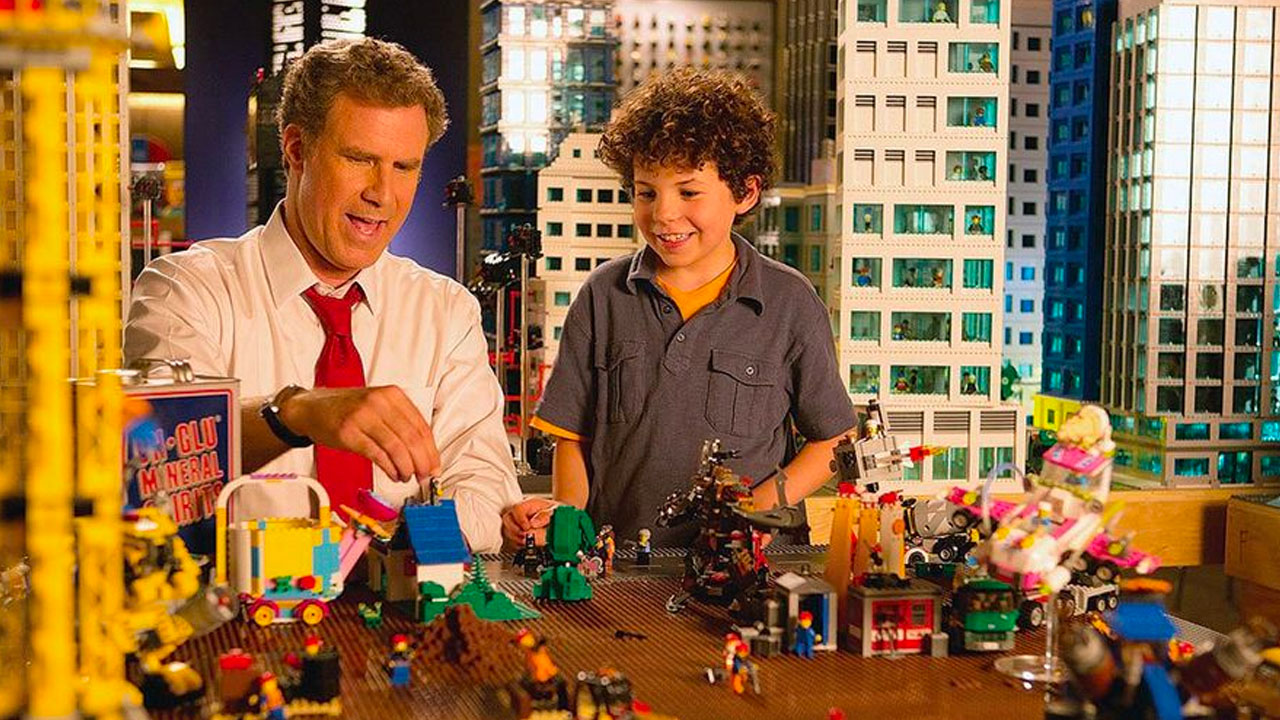
The Lego Movie (2014)
A madcap Matrix created by Phil Lord and Chris Miller, this brick symphony is a riot of visual and verbal gags. Blocky everyman Emmett Brickowski (Chris Pratt at his most goofily appealing) learns that creativity is right and that corporate tie-ins can be repurposed for hilarious laughs. Blockbuster conventions are busted, while the likes of Elizabeth Banks, Will Arnett, and Liam Neeson add exemplary voice work.
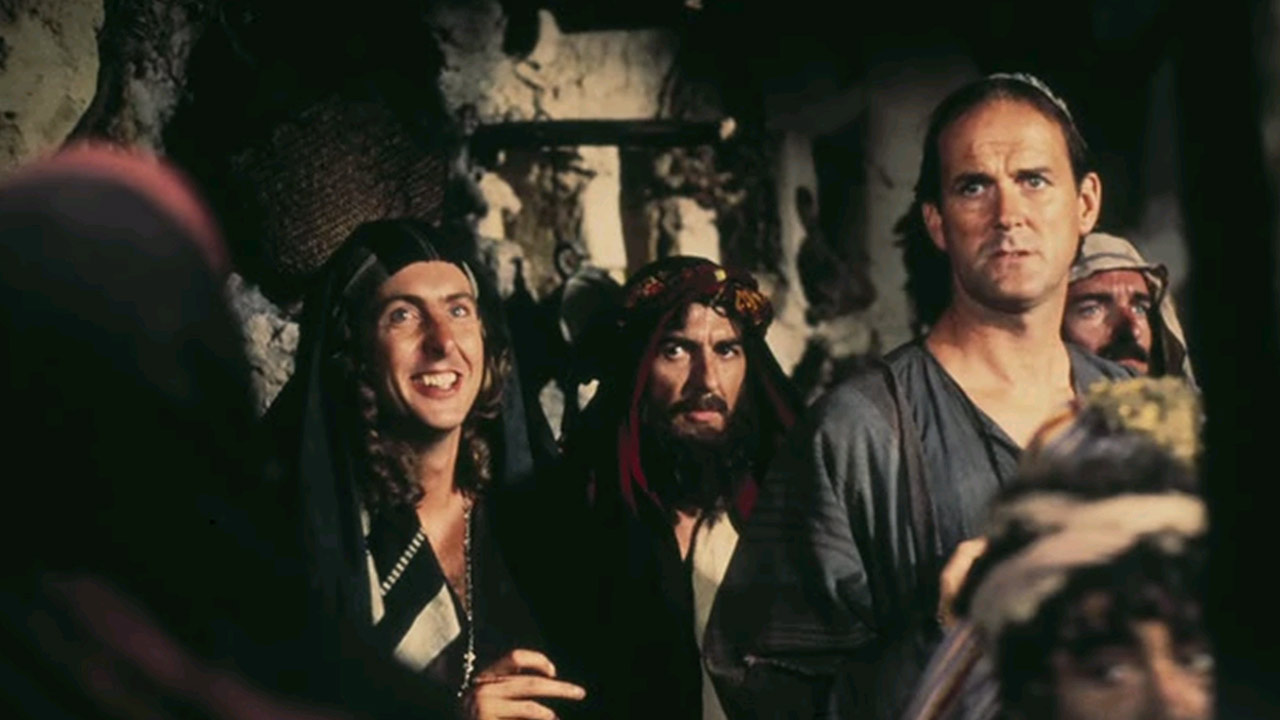
Monty Python’s Life of Brian (1979)
A satire of the life of Jesus Christ, organised religion, and the Biblical epic—amongst other targets—Monty Python’s legendary comedy troupe sketches blossomed into a complete and self-contained work with a movie both hilarious and defiant. Is there a better send-off than Eric Idle’s Always Look on the Bright Side of Life?
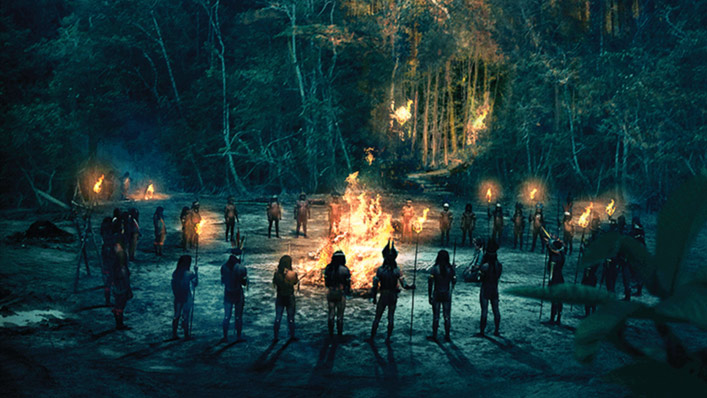
The Lost City of Z (2016)
Writer/director James Gray reworks the historic epic, giving intimate yearning and telling detail to the story of a British explorer (Charlie Hunnam) consumed by his explorations—alongside a sly Robert Pattinson—in an Amazon jungle that comes alive with consumptive breadth.
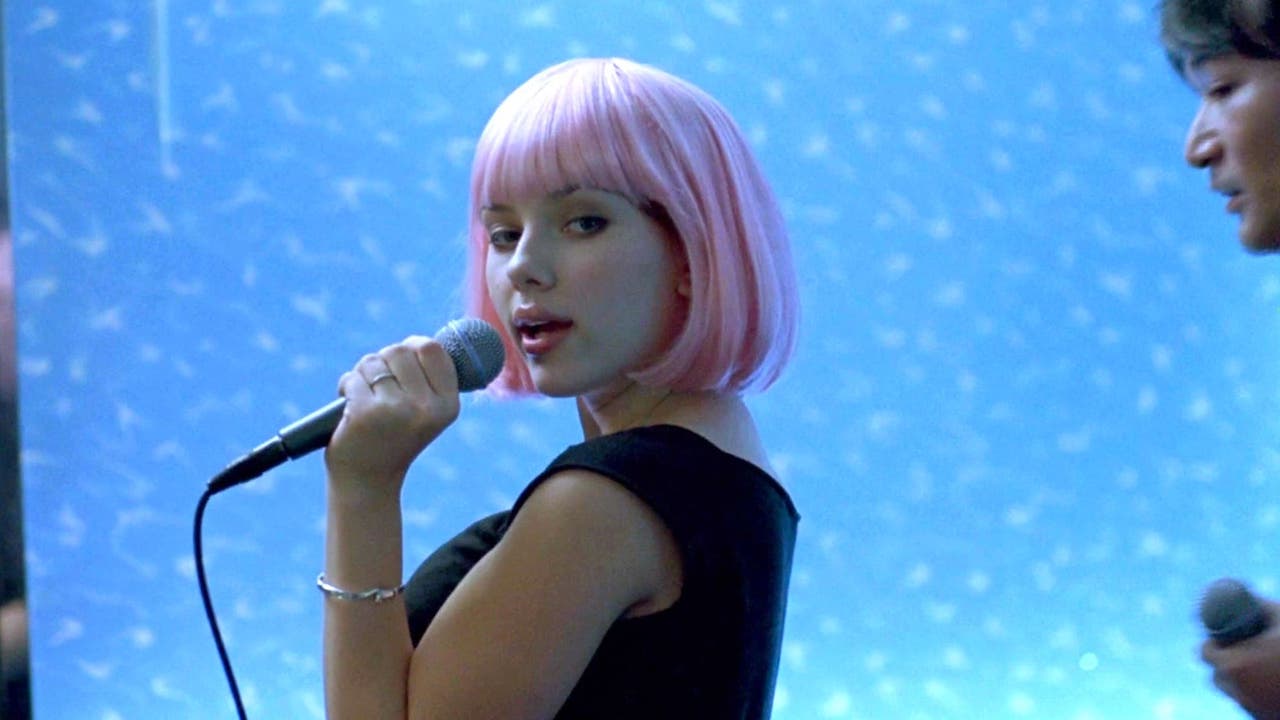
Lost in Translation (2003)
An ode to romantic ennui and wearing Marc Jacobs, Sofia Coppola’s second feature has some cultural cliches to note, but they’re easily overcome by the melancholy, platonic bond created by Bill Murray’s ageing movie star and Scarlett Johansson’s becalmed young wife, as they pal around Tokyo’s neon nights.
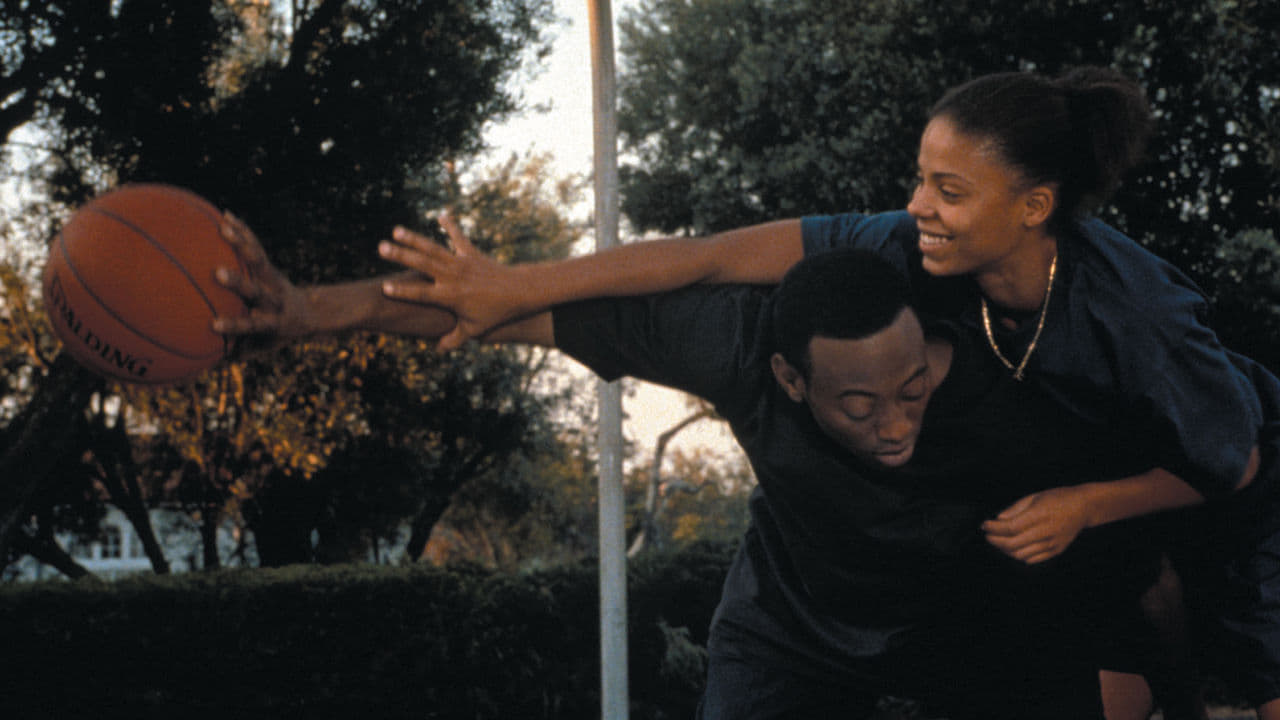
Love & Basketball (2000)
Two decades before The Old Guard and The Woman King, Gina Prince-Bythewood made her feature debut with this defining Black romantic drama, which charts the careers and attraction between childhood neighbours in Los Angeles who both aspire to be professional basketballers. Sanaa Lathan and Omar Epps give competitive zeal and yearning physicality to the pair, in a movie that has found acclaim in hindsight.
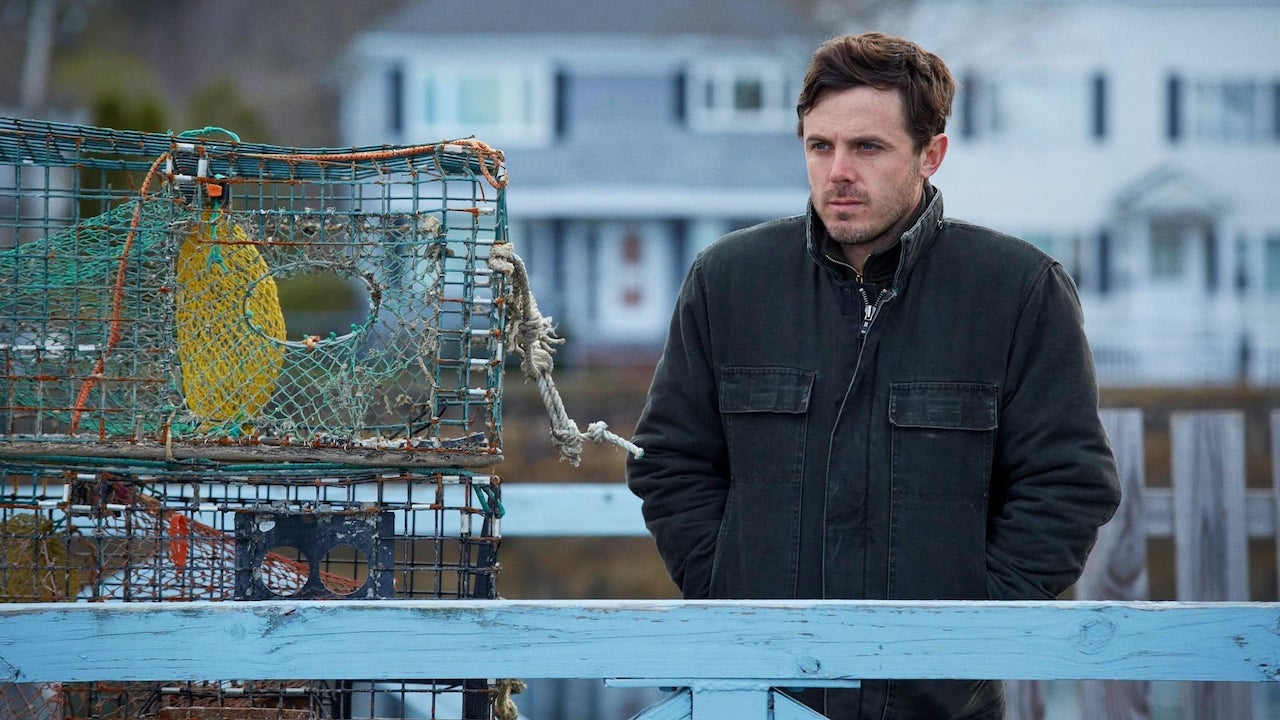
Manchester by the Sea (2016)
Casey Affleck’s best quality as an actor is his ability to convey the cruel passage of time—in a single moment he can show the damage years have wrought. It’s never been better realised than in Kenneth Lonergan’s drama, where Affleck’s despairing exile has to return home to care for his nephew (Lucas Hedges). It’s a grimly humorous film—life really does go on—that reaches riveting depths.
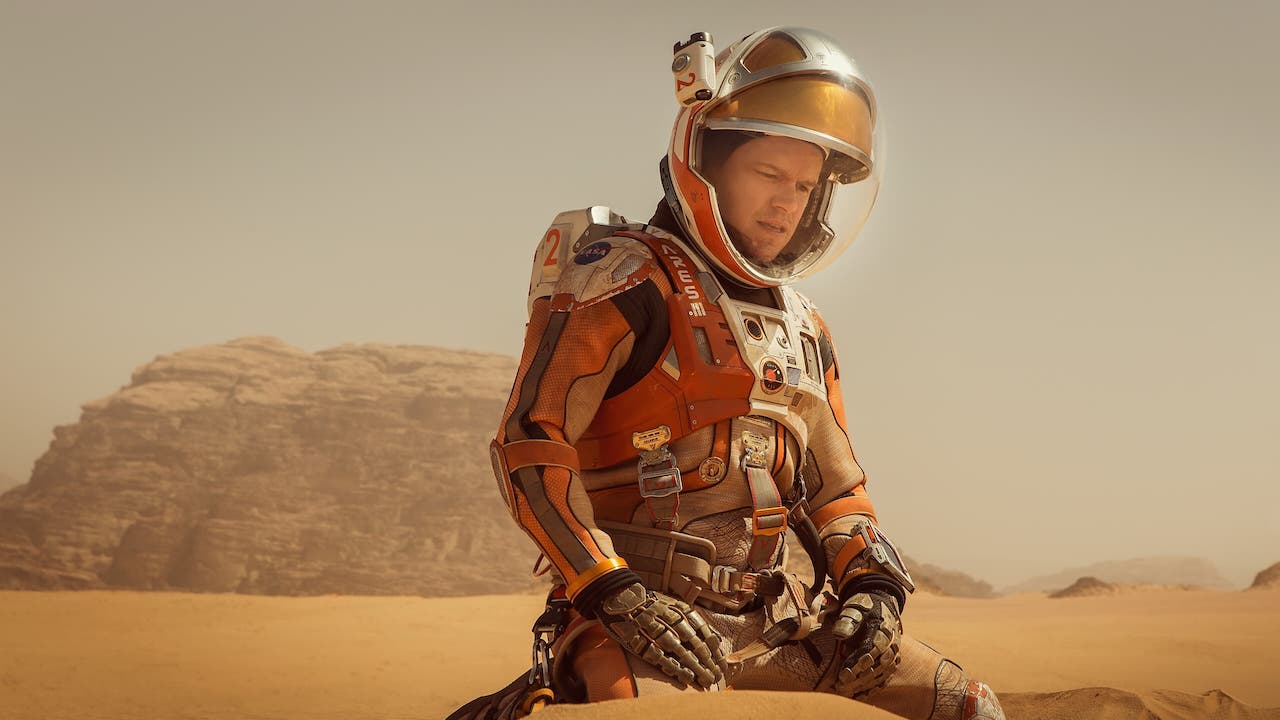
The Martian (2015)
A streamlined, wholly enjoyable interplanetary survival tale from Ridley Scott, The Martian is a paean to creative necessity in which the good guys are innovative astrophysicists and gear hackers. Left behind and presumed dead when a NASA mission to Mars has to evacuate, botanist Mark Watney (Matt Damon) is an interplanetary Robinson Crusoe trying to survive while a rescue mission is belatedly mounted.

The Matrix (1999)
Gravity was driven by computer code and special effects bent reality’s rationale in the movie that rebooted action movies for the century ahead. Keanu Reeves is the everyman who becomes a digital warrior in a rebellion against a machine regime. Lana and Lilly Wachowski’s blockbuster still feels masterfully complete.
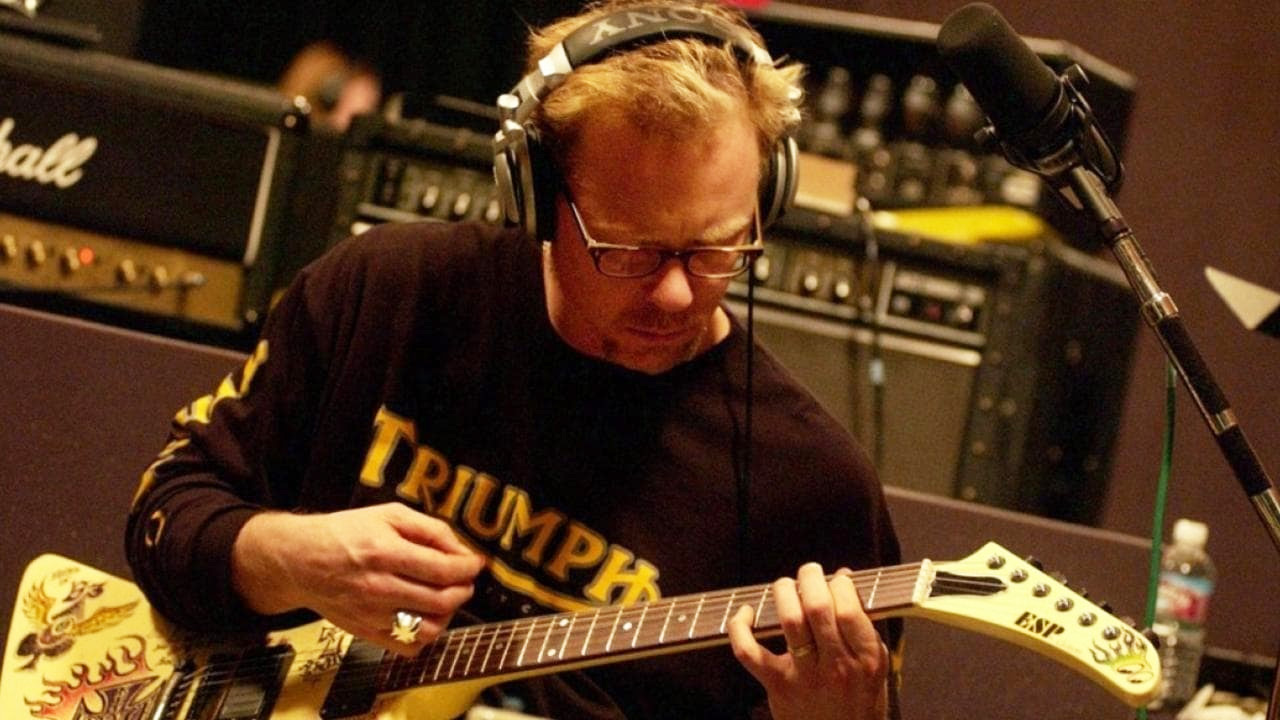
Metallica: Some Kind of Monster (2004)
Who needs Spinal Tap’s mockumentary when you have Joe Berlinger and Bruce Sinofsky’s remarkable rock documentary, in which thrash metal heroes Metallica go off the rails in the making of an album, losing members and gaining a performance enhancement coach whose sessions take over the band’s collective psyche? Every note played here matters.
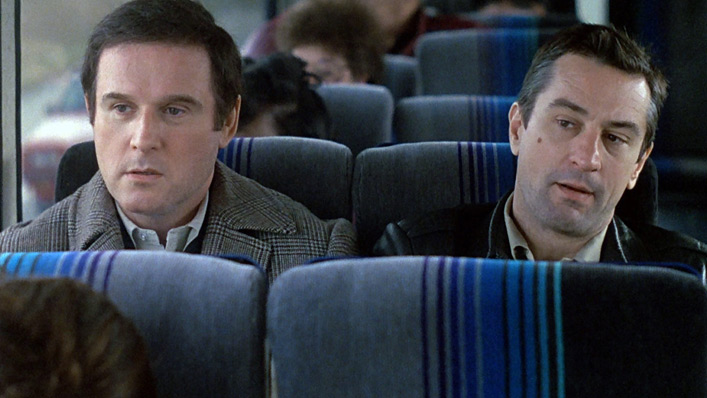
Midnight Run (1988)
Forget Meet the Parents. Robert De Niro has never been funnier than in this sardonic action comedy, playing a disgraced policeman turned bounty hunter who has to transport Charles Grodin’s wanted organised crime accountant cross-country. The antagonistic chemistry between the two fugitives has an alchemical whimsy that works from character, not cranked-up circumstances.
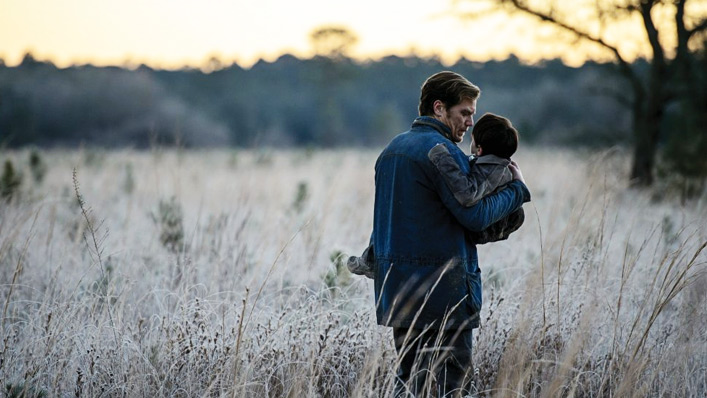
Midnight Special (2016)
In Jeff Nichols’ Deep South science-fiction thriller the true wondrous force to behold is the love Michael Shannon’s father has for his young and possibly super-powered son. This is a quiet, deeply held genre film, in which the unthinkable inspires both awe and fear.
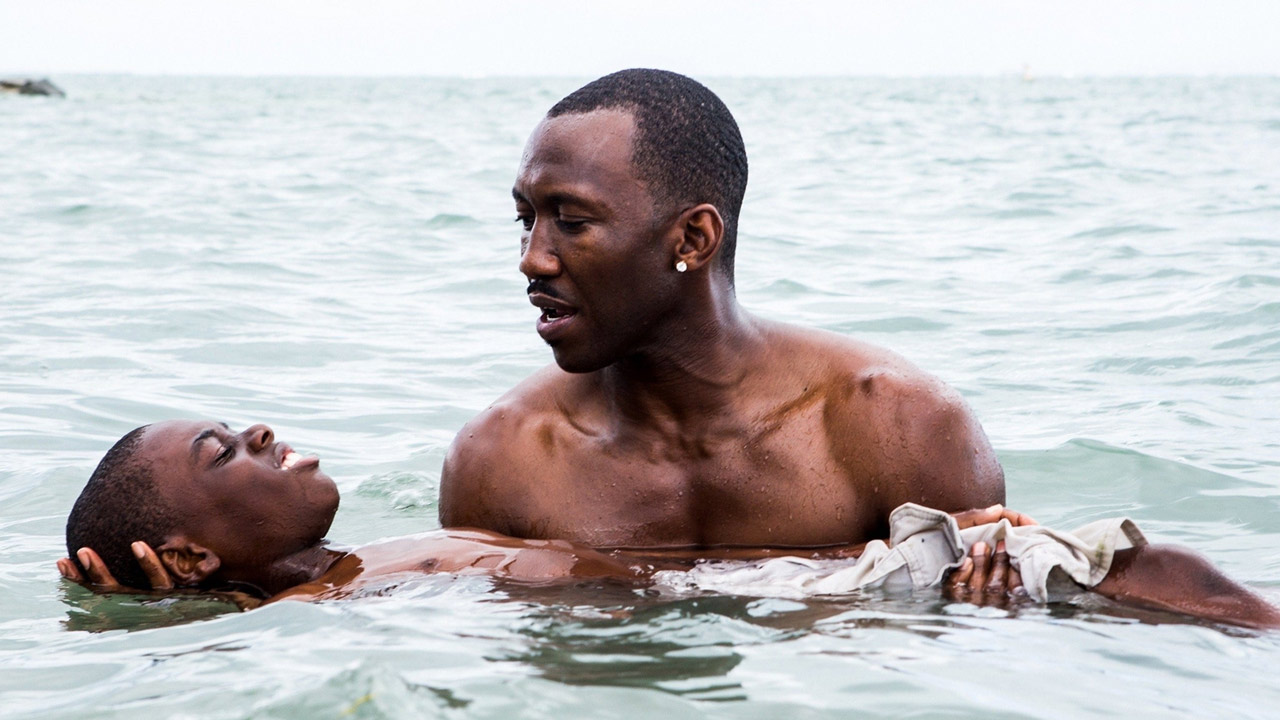
Moonlight (2016)
Barry Jenkins’ Academy Award winner for Best Picture is a work of lyrical, incisive filmmaking, seemingly wrenched from three ages—an uncertain boy, a vulnerable teenager, and a hardened young man—in a single Black life. Flourishes of high art and tender realism refute clichés, as does the healing required to refute deeply felt trauma.
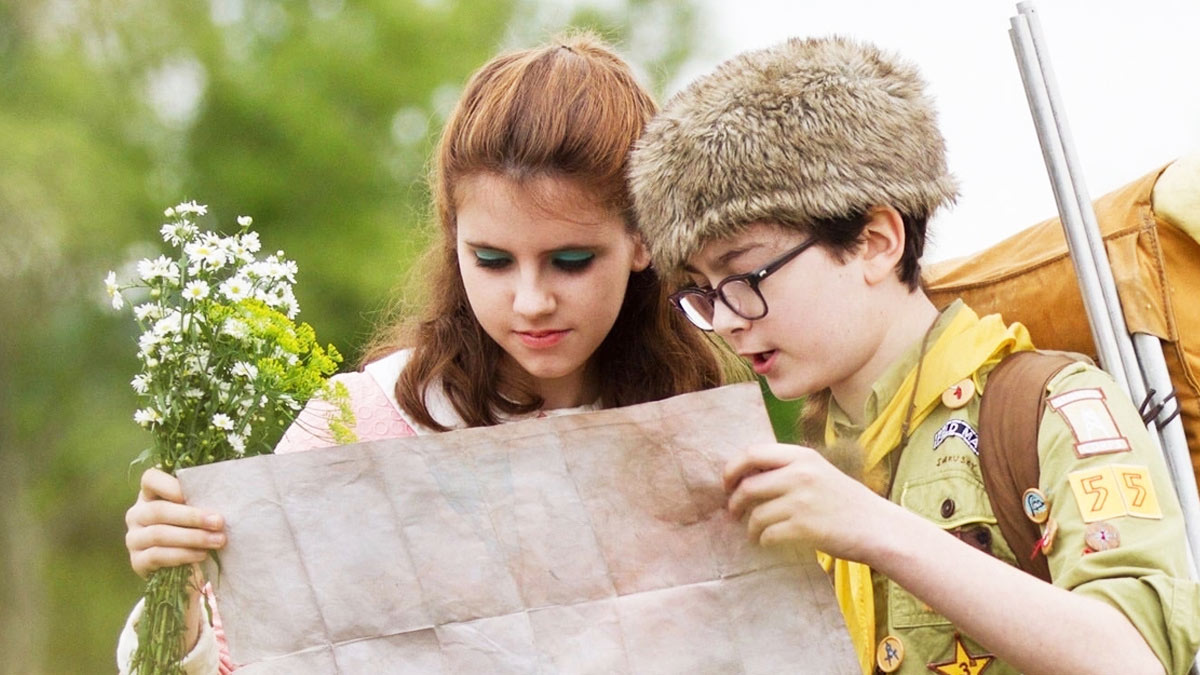
Moonrise Kingdom (2012)
Wes Anderson returned to form after the insular patchwork of The Darjeeling Limited, using a pair of adolescent runaways on a New England island in 1965 to craft a wry coming-of-age drama. As stylised as the narrative is, the emotion here is genuine—whether in the children’s hope or the gentle melancholy that circles adults played by Bill Murray, Frances McDormand and Bruce Willis.
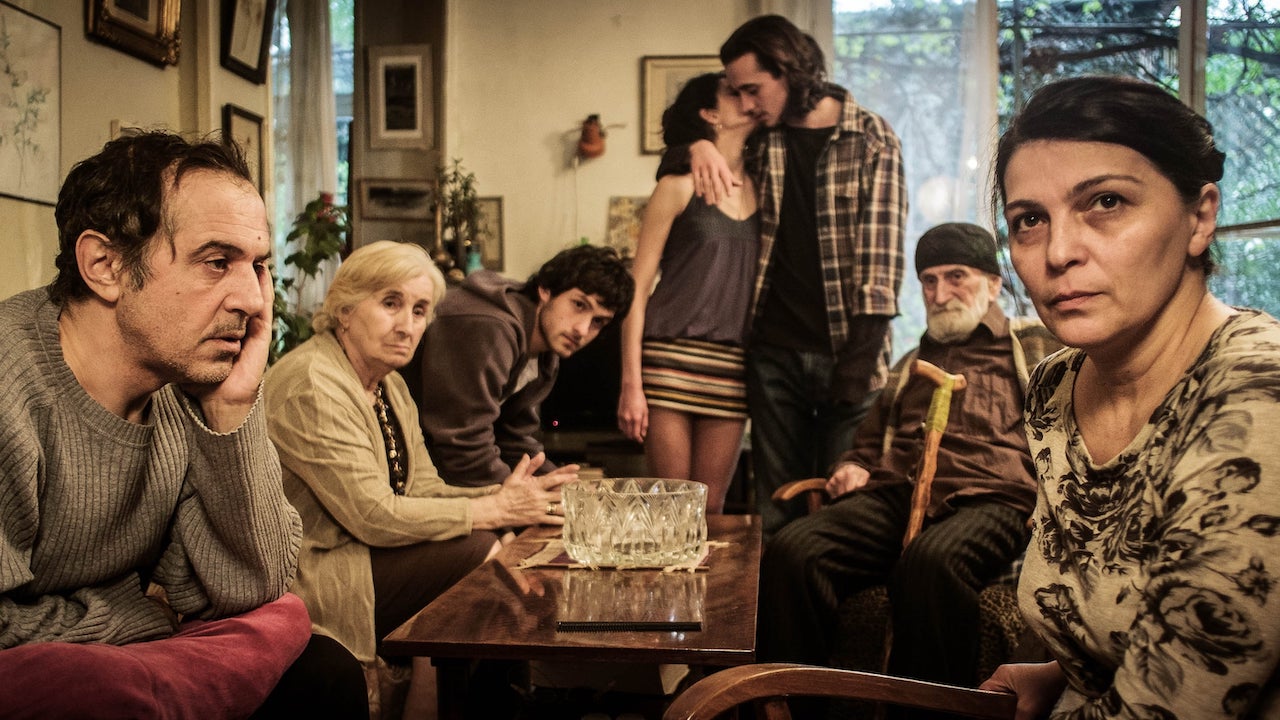
My Happy Family (2017)
In this expertly observed Georgian drama, a middle-aged schoolteacher, Manana (Ia Shugliashvili), decides to move out of the apartment she lives in with three generations of her family. Anger, love and recrimination soon intermingle, each authentically expressed.
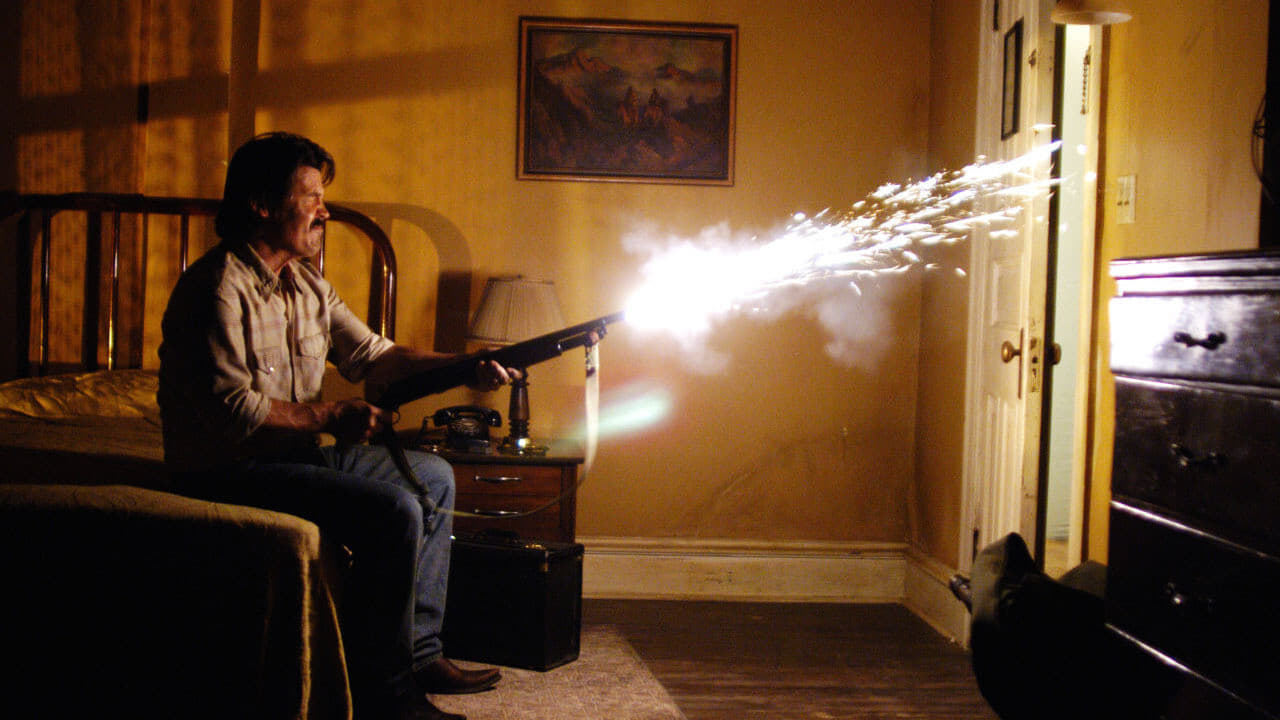
No Country for Old Men (2007)
Set both on the U.S.-Mexican border in 1980 and in a realm of eternal, otherworldly violence, Cormac McCarthy’s novel became a terrifyingly taut neo-western pursuit as a Vietnam War veteran (Josh Brolin) attempts to hold onto drug cartel cash he has found even while a nightmarish assassin (Javier Bardem) pursues him. Tommy Lee Jones’ closing monologue is the definitive scene in his entire career.
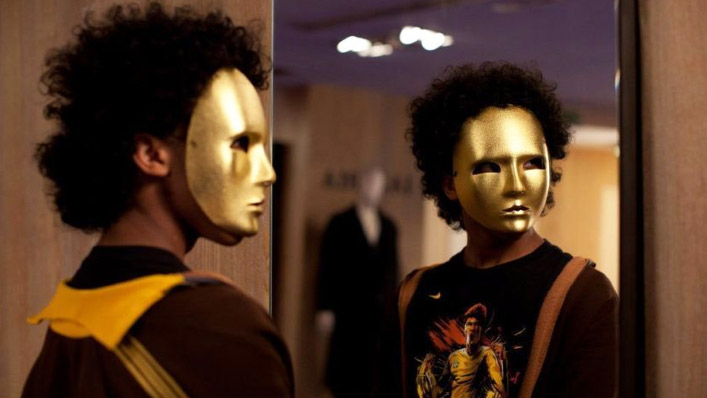
Nocturama (2016)
A dreamy, discontented critique of youth culture made with suitable visual style for the consumer age, Bertrand Bonello’s arthouse thriller follows a diverse group of Parisian youth who plan and execute a terrorist attack then take refuge in an expensive department store. There are few obvious answers, but the mood and filmmaking are illuminating.
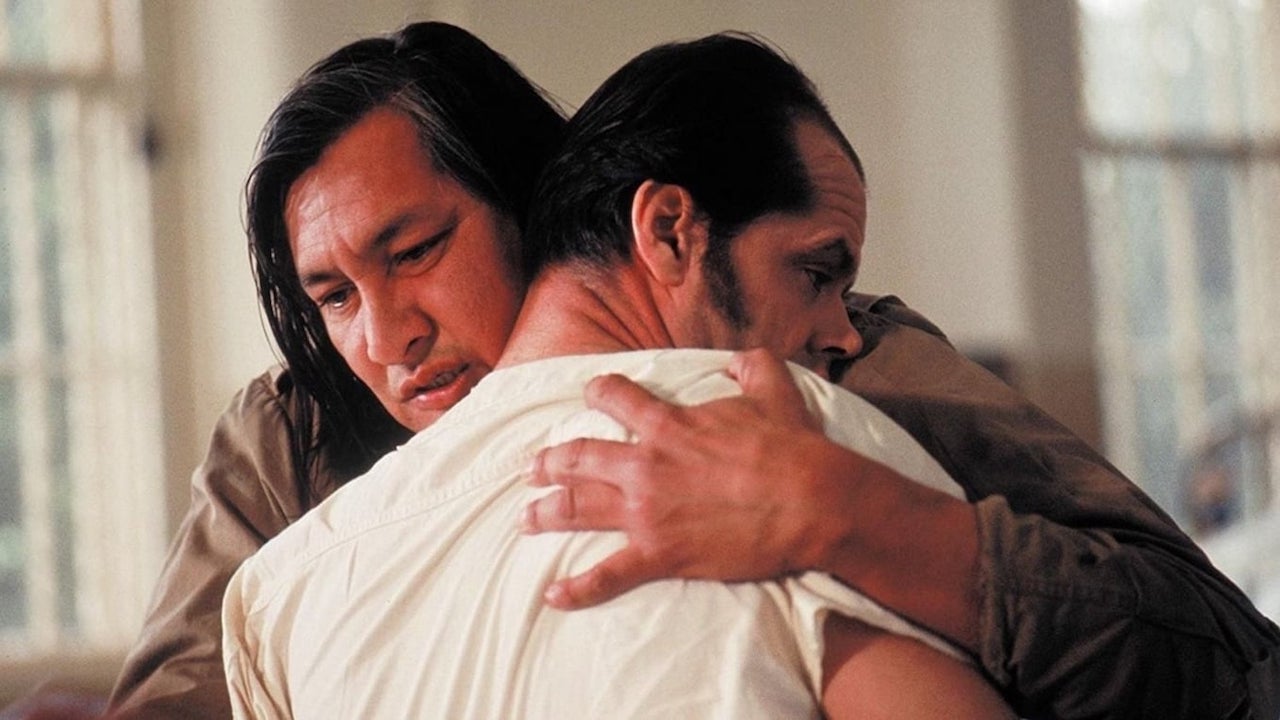
One Flew Over the Cuckoo’s Nest (1975)
Czech filmmaker Milos Forman, who knew a thing or two about oppressive regimes, directs Jack Nicholson in one of his signature performances as Randle McMurphy, a 1960s troublemaker who chooses a psychiatric hospital over jail but clashes with the controlling ward boss, Louise Fletcher’s icy Nurse Ratched. It’s a black comedy steeped in tragedy, and an indictment that’s still relevant.
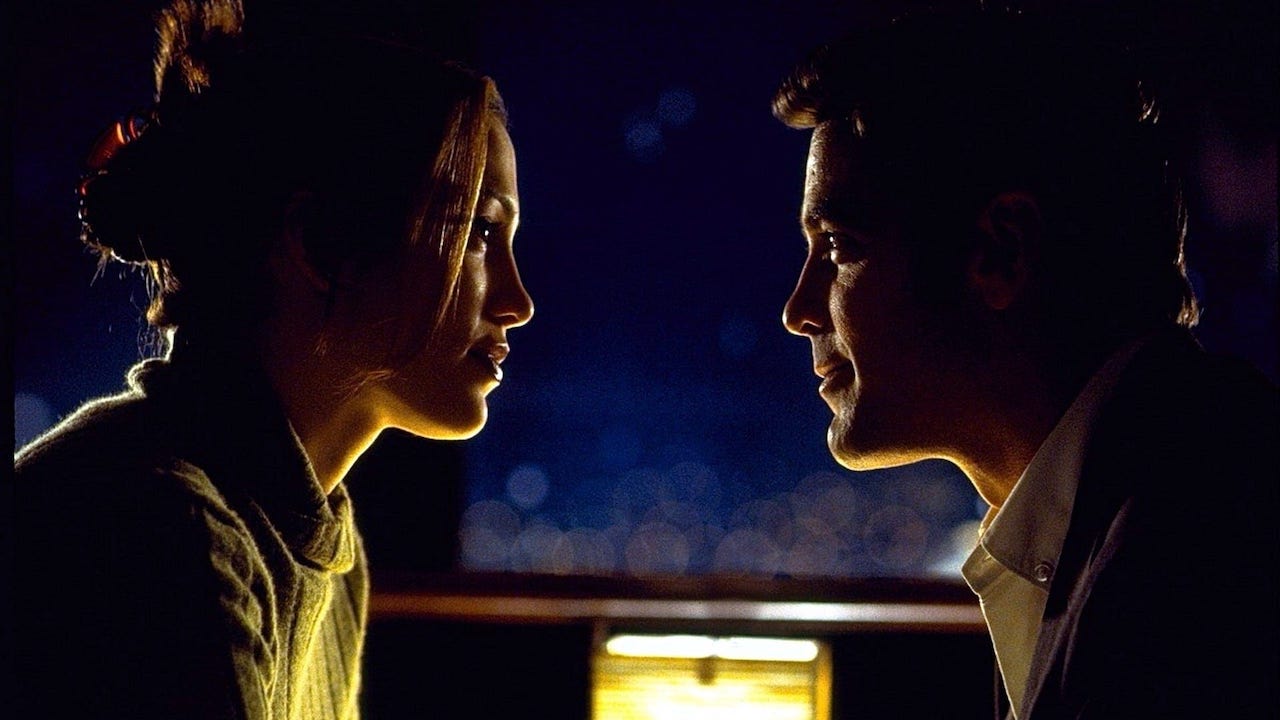
Out of Sight (1998)
With Scott Frank’s dexterous, witty adaptation of Elmore Leonard’s crime novel, Steven Soderbergh announced himself as a make of sleek, juicy studio entertainment. As a bank robber on the run and the pursuing U.S. Marshall attracted to him, George Clooney and a never better Jennifer Lopez strike sparks in a crime thriller that’s a pleasure from start to finish.
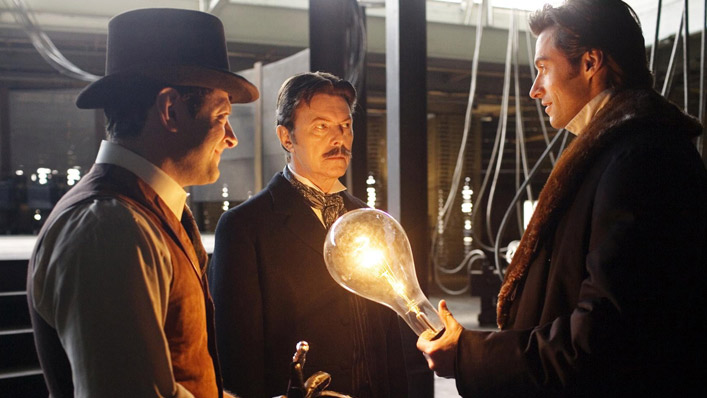
The Prestige (2006)
My favourite of Christopher Nolan’s many films—a Victoria-era puzzle-box mystery about the death wish rivalry between Hugh Jackman and Christian Bale’s obsessive magicians. Bonus attraction: David Bowie as Nikola Tesla.
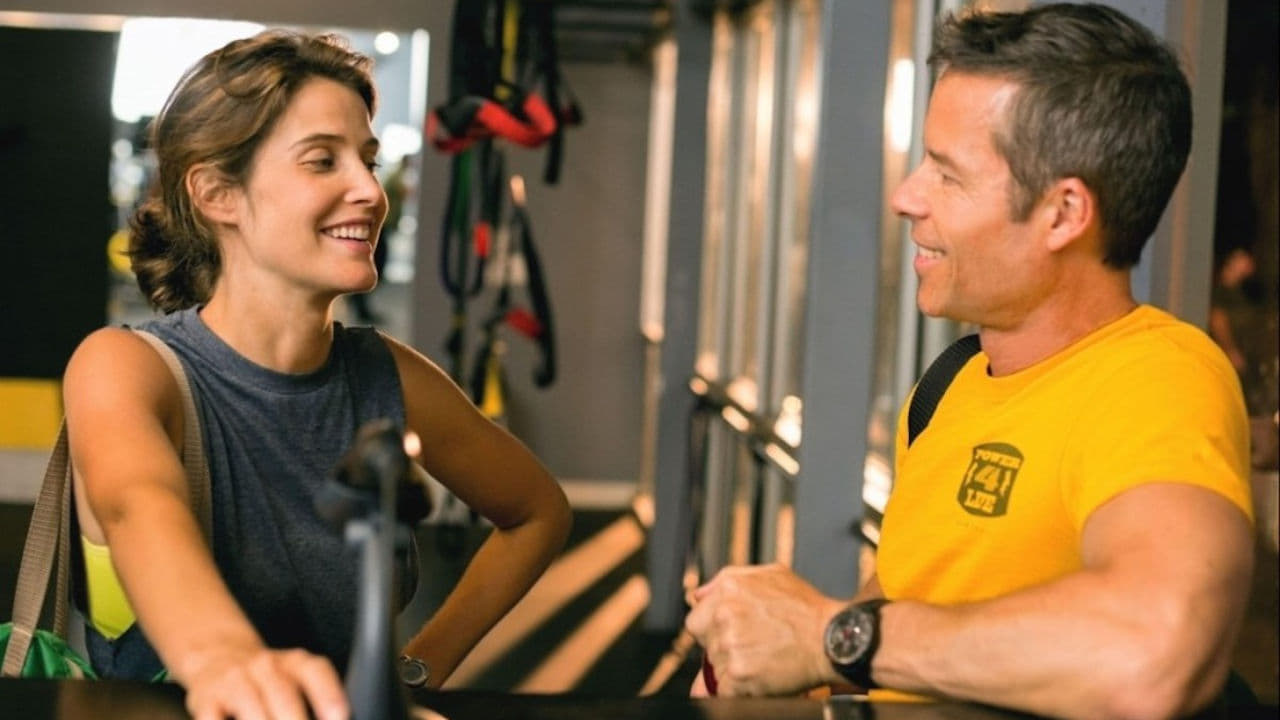
Results (2015)
An offbeat independent romantic comedy that boasts a remarkable performance from Cobie Smulders (opposite Guy Pearce) as a personal trainer with a furious certainty about what she doesn’t want in life.
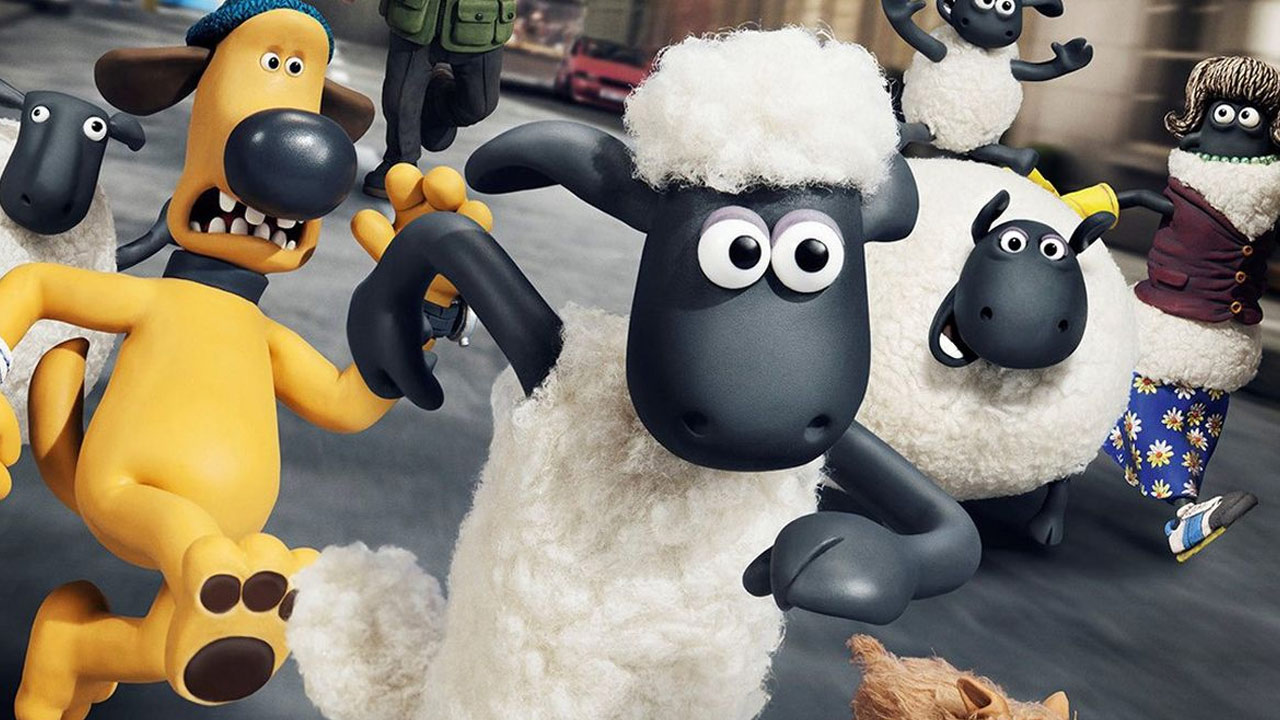
Shaun the Sheep Movie (2015)
Aardman’s stop motion animation hit moved from TV to cinemas with this expressive adventure in which the crew from Mossy Bottom Farm, led by the irrepressible Shaun, go to town. Mostly free of dialogue, the narrative is driven by all-ages gags, silent movie techniques and genuine empathy. It’s a delight.
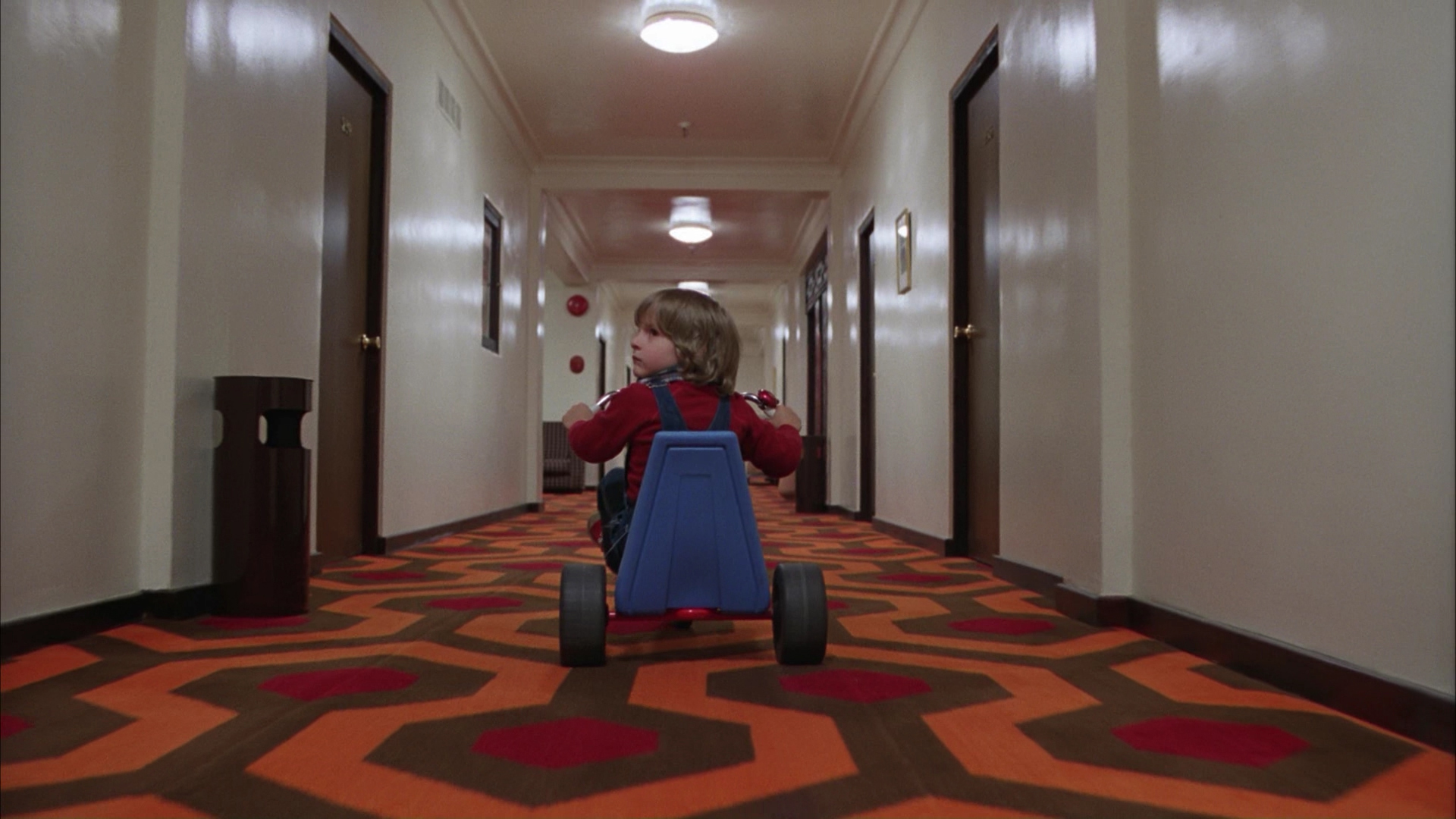
The Shining (1980)
In a way every title from the final decades of Stanley Kubrick’s career was a horror movie. But when he fully committed with an adaptation of the Stephen King story about a writer falling insane at an empty holiday resort, the result was a terrifying tale of exemplary technical control and unhinged risk. Jack Nicholson’s plagued protagonist was the scary extreme of his wolfish cool writ monstrously large.
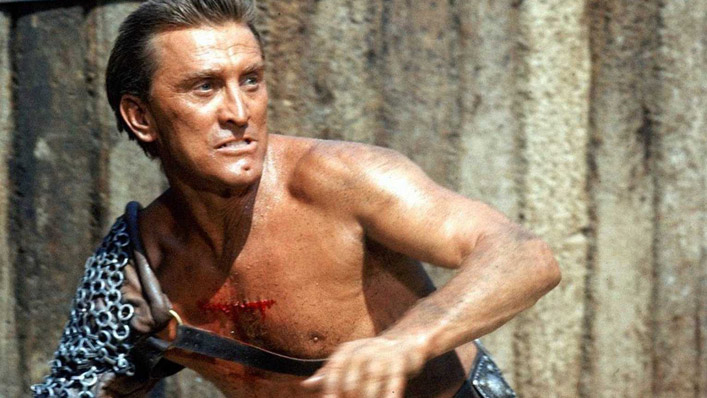
Spartacus (1960)
Another depiction of revolution, this time told through the lens of the swords and sandals epic. Kirk Douglas is the Roman slave sent to a gladiator school, whose rage at injustice leads him to rebellion. Director Stanley Kubrick, hired after production had begun, crafted immense battle scenes and draws evocative performances from the British supporting cast of Laurence Olivier, Peter Ustinov and Charles Laughton.

Spider-man: Into the Spider-verse (2018)
Perhaps the best—and certainly the truest—comic-book adaptation, this animated addition to the world of the New York web-slinger captured both the emotional spirit of the Spider-man franchise and the wondrous visual possibilities. It’s bright, exhilarating and alive to teenage hopes and fears. Plus, Spider-Ham!
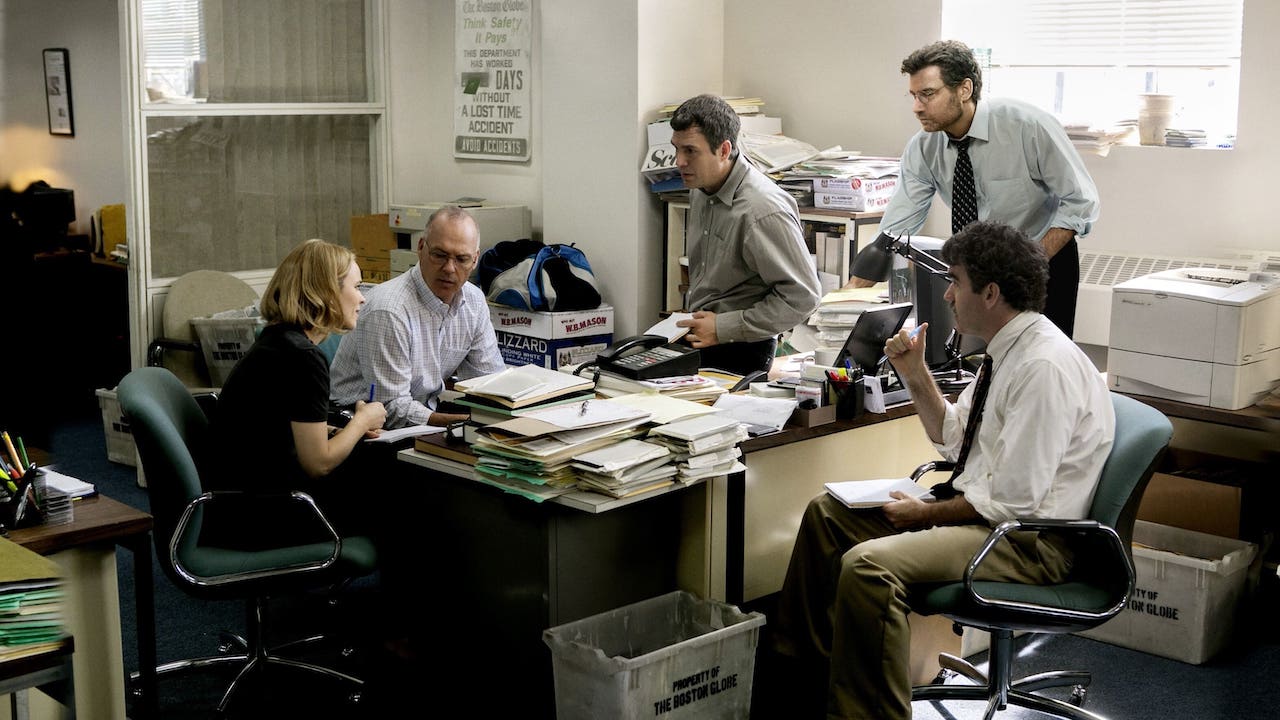
Spotlight (2015)
Damning in its dedicated precision, Tom McCarthy’s Academy Award Best Picture winner tells the real-life story of the Boston journalists—played by Mark Ruffalo, Rachel McAdams, and Michael Keaton amongst others—who exposed a massive Catholic Church child abuse scandal covered up by the city’s institutions.
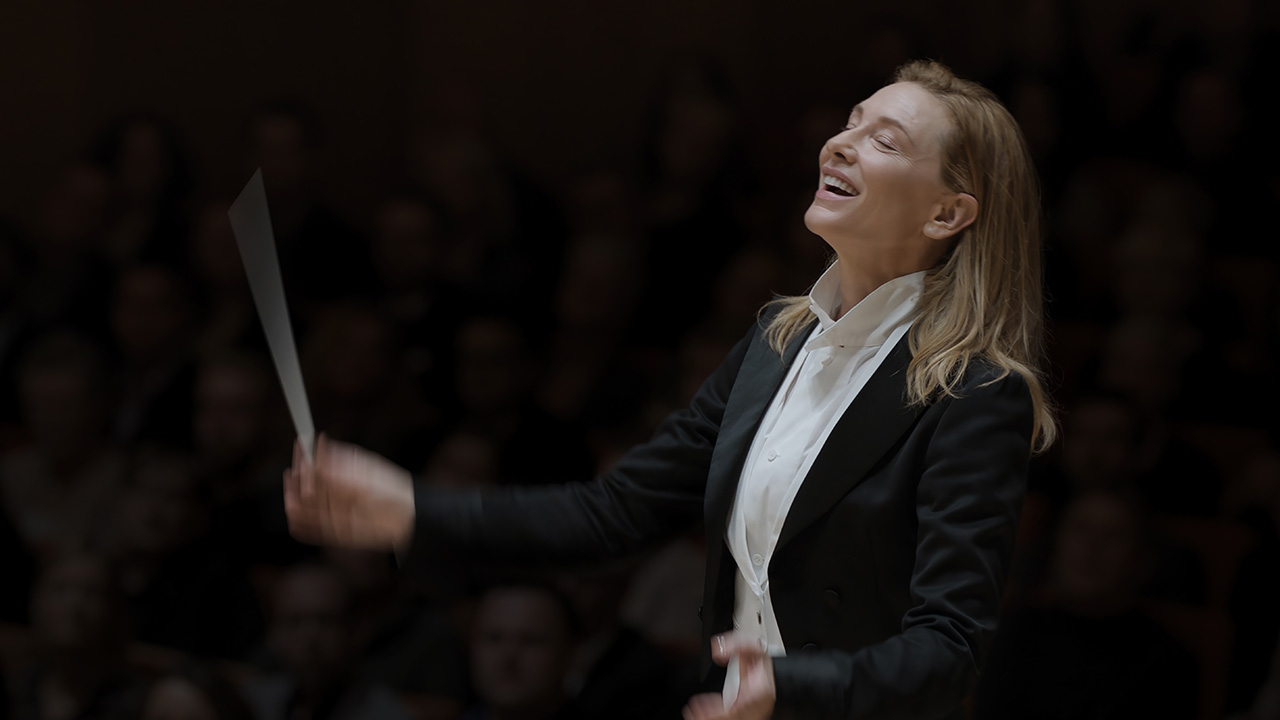
TÁR (2022)
In her remarkable career, where the most thrilling roles feel less like performances than the deepest of inheritances, Cate Blanchett may never have a part as exquisitely precise as Lydia Tár: an acclaimed symphony conductor and wielder of withering power whose privilege unwinds in this psychological thriller where writer/director Todd Field scrupulously reveals the character’s every malignancy. A stone-cold classic.
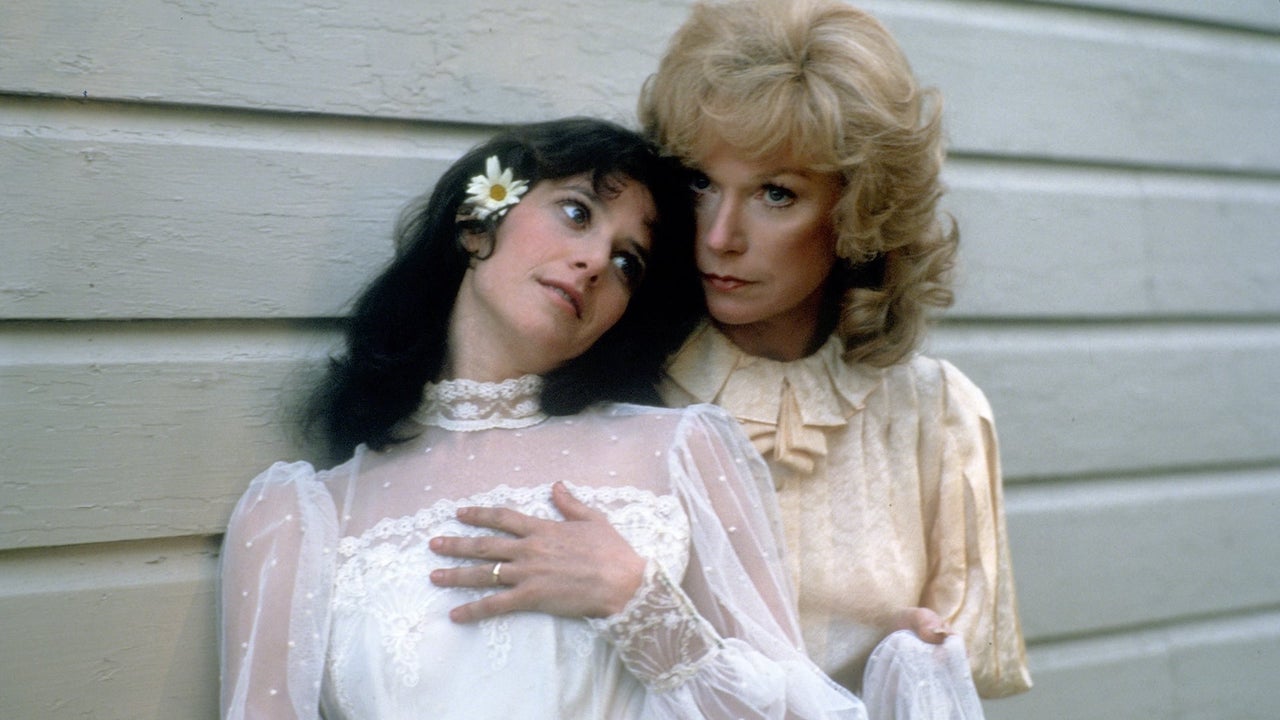
Terms of Endearment (1983)
With sardonic humour and frustratingly claustrophobic love, James L Brooks moved from hit TV shows to the movies with this heartfelt but idiosyncratic depiction of the mother-daughter bond between a Houston widow (Shirley MacLaine) and her wilful, married offspring (Debra Winger). The clincher? Jack Nicholson at his most charming as a retired astronaut courting MacLaine.
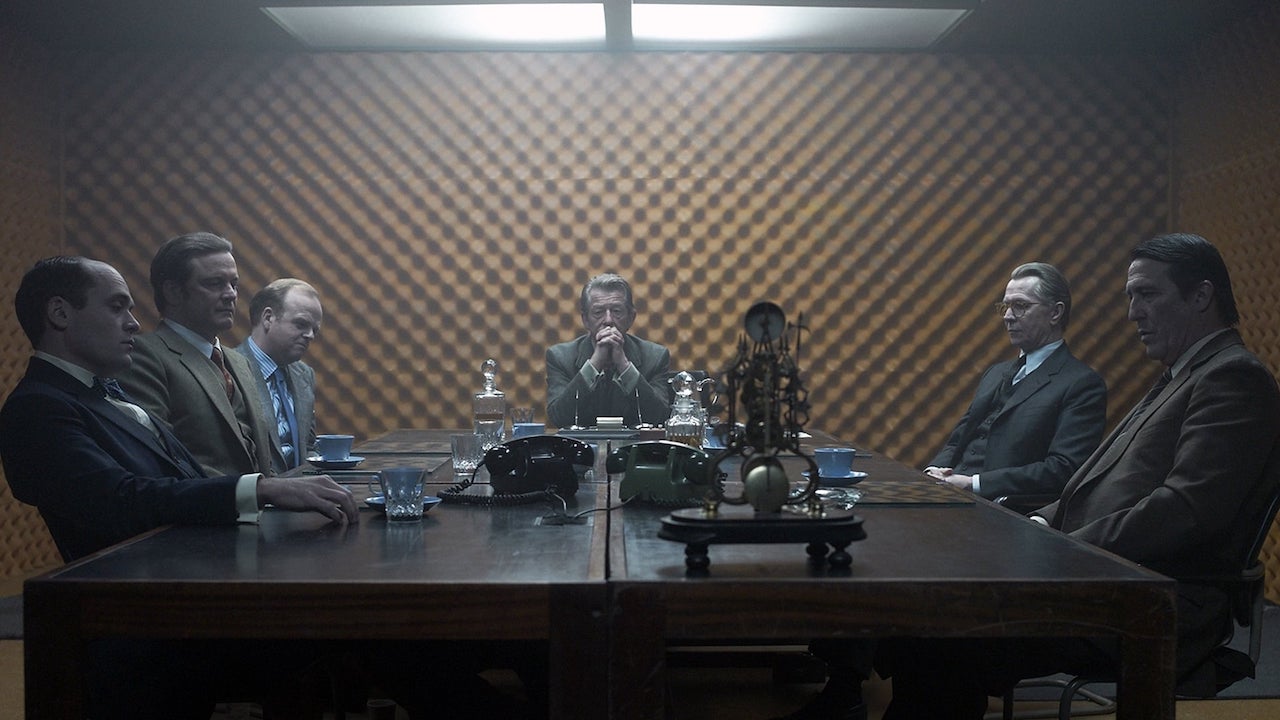
Tinker Tailor Soldier Spy (2011)
A sharp, scarifying espionage thriller that paints an acute picture of the paranoid mindset and 1970s Britain, Tomas Alfredson’s adaptation of John Le Care’s Cold war masterpiece is a masterpiece of intricate subtraction—a ghostly labyrinth explained in tense moments and telling absences that’s navigated by Gary Oldman’s spymaster and an all-time British supporting cast.
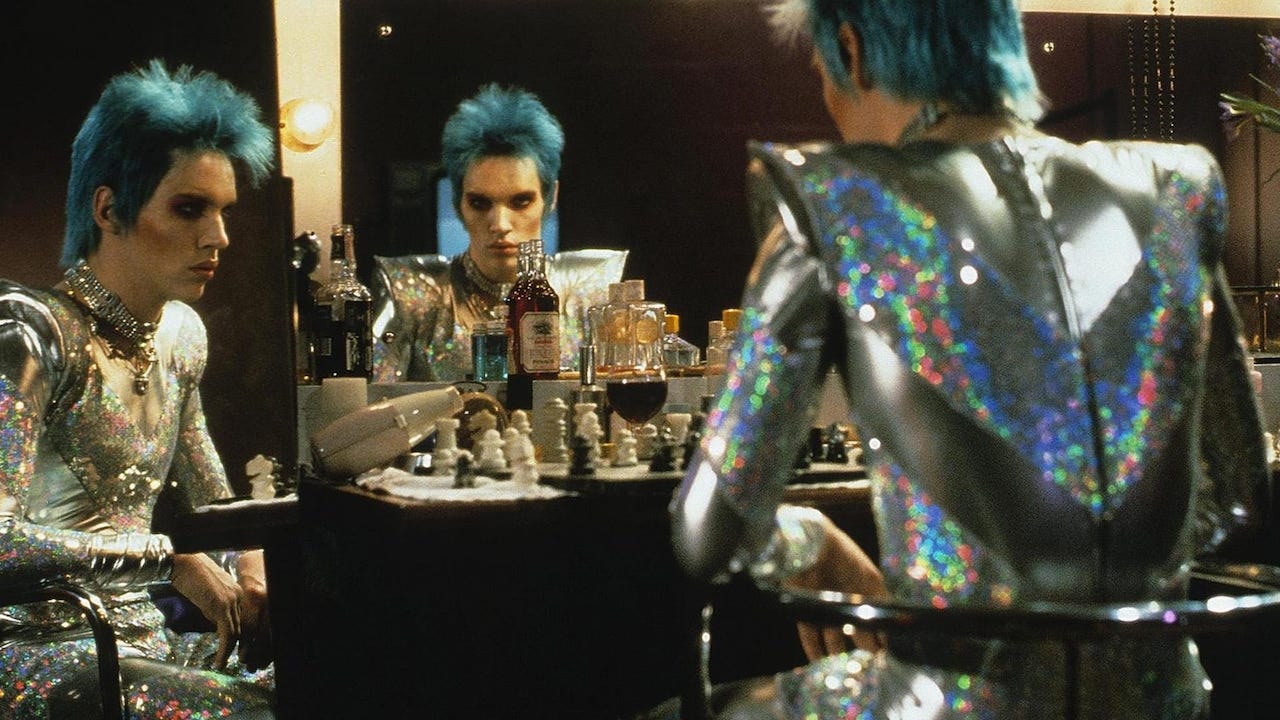
Velvet Goldmine (1998)
A telling glam rock version of Citizen Kane, Todd Haynes uses the mythic shape of David Bowie’s contrary life and work in the 1970s and 1980s to create a fascinating examination of the creative process and the transformative powers of sexuality. Set in a grey, corporate 1984, Christian Bale plays the American reporter whose pursuit of Jonathan Rhys Meyers’ missing rock star unearths both his subject’s past and his own abandoned desires.
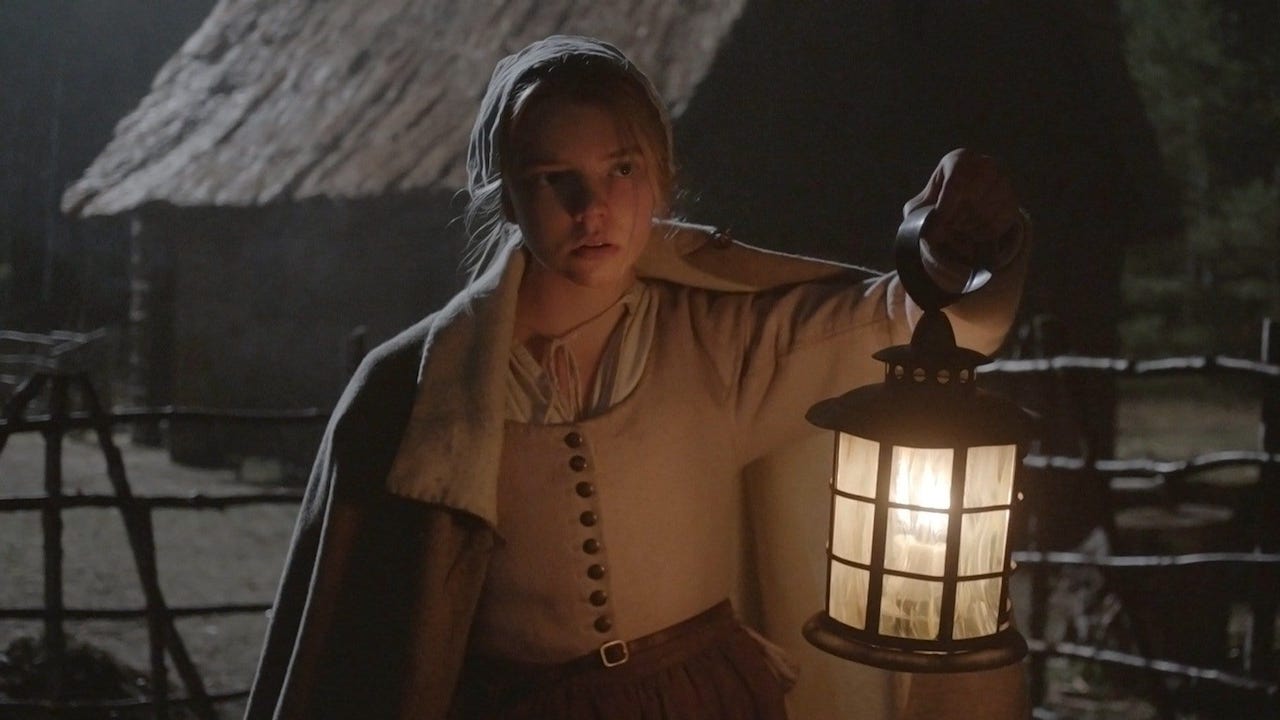
The Witch (2015)
Anchored by a remarkable Anya Taylor-Joy performance as the teenage daughter of a frontier family in New England circa 1630, Robert Eggers matches suppressed sexuality to supernatural mystery in an independent horror film that makes traditional life a wellspring of seductive dread, as fearful dedication and otherworldly fact take hold.
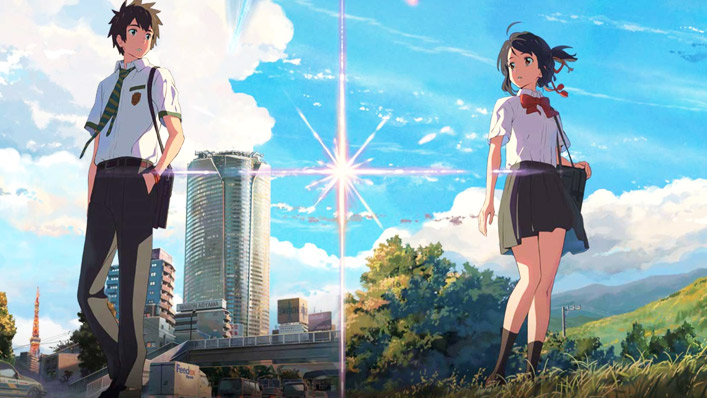
Your Name (2016)
The blockbuster animated romantic-fantasy that marked Japanese writer-director Makoto Shinkai as the successor to Studio Ghibli’s legendary Hayao Miyazaki, Your Name tells the stories of two teens, a Tokyo boy and rural girl, who intermittently swap bodies overnight. What transpires is more charming than comic, evolving into a moving, skilful and unrelenting study of individual and national crises.
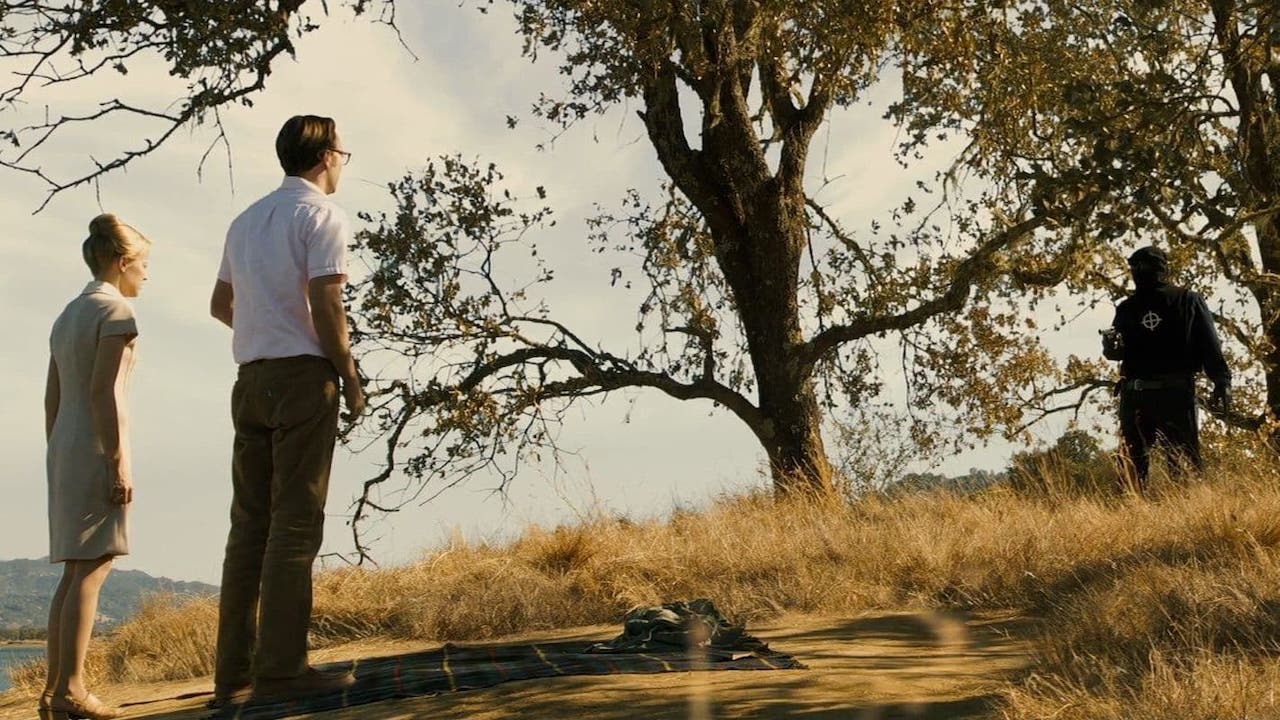
Zodiac (2007)
Watch on NetflixAn immaculately recreated period piece about the killer who terrorised San Francisco in the early 1970s and wrote to the public, this masterful David Fincher movie is a procedural where the trail of the killer goes cold, but those who’ve gazed on the crime scenes and read the letters keep going. Characters Robert Downey Jr, Mark Ruffalo, and Jake Gyllenhaal are each gripped by the case. As obsessives, they’re all Zodiac victims.

